Image of 1968 Dodge Coronet, Note: These illustrations use artistic license and may differ from actual historical models.
Performance Metrics
Fundamental Metrics
Emotional Appeal
MMP Rating
| Engine Specifications | |
|---|---|
| Engine: | 225 Six, 318 V8, 383 V8, 426 Hemi V8, 440 V8 |
| Displacement: | 225-440 cu in |
| Horsepower: | 145-425 hp |
| Torque: | 215-490 lb-ft |
| Compression Ratio: | Ranging from 8.8:1 to 10.25:1 |
| Ignition System: | Conventional breaker-point ignition system |
| Cooling System: | Liquid-cooled |
| Performance Specifications | |
| 0-60 Time: | 6.5-7.5 seconds |
| 1/4 Mile Time: | 14-15 seconds |
| Top Speed: | 130-140 mph |
| Transmission and Drive | |
| Drive Type: | Rear-wheel drive |
| Transmission Type: | 3-speed manual, 4-speed manual, 3-speed TorqueFlite automatic |
| Fuel and Efficiency | |
| Fuel System Type: | Carburetor |
| MPG: | 10-15 mpg |
| Dimensions and Brakes | |
| Brakes: | Front disc brakes and rear drum brakes |
| Wheelbase: | 117 inches |
| Weight: | 3,200-3,600 lbs |
Note: Specifications for classic cars are given to the best of our ability, considering the limited and variant data available.
Introduction
The 1968 Dodge Coronet stands as a testament to American muscle, a vehicle that perfectly encapsulates the era's raw power and unbridled automotive ambition. Born from the fervent competition of the 1960s muscle car era, this Dodge model was manufactured by the Chrysler Corporation under the Dodge brand. The Coronet, with its robust engine options and aggressive styling, quickly became a symbol of American performance. A unique fact that car enthusiasts may find intriguing is that the Coronet R/T variant was one of the first to introduce the legendary 440 Magnum V8 engine, making it a force to be reckoned with on both street and strip.
Design and Innovation
The exterior of the 1968 Dodge Coronet exudes a sense of purpose with its long, straight body lines and broad grille that hinted at the power lurking beneath its hood. The interior was no less impressive, featuring high-quality materials and a driver-focused layout that prioritized comfort and control. Technologically, it boasted advancements such as optional front disc brakes and a three-speed automatic transmission. Color options ranged from subtle to vibrant, with hues like "Sunfire Yellow" and "Bright Blue Metallic" catching many an eye. Among its body styles—the sedan, wagon, coupe, and convertible—the hardtop R/T version stood out as an iconic representation of muscle car heritage.
Historical Significance
The Coronet's influence on automotive design was profound; it helped set a standard for performance vehicles with its balance of power and drivability. Its introduction of high-performance features at an accessible price point allowed a wider audience to experience muscle car thrills, shaping consumer expectations for decades to come.
Performance and Handling
With top speeds that could soar past 130 mph and acceleration from 0-60 mph in just over 6 seconds, the '68 Coronet R/T was a force on the quarter mile. The car's handling characteristics were robust for its time, capable of managing bumps in the road with relative ease while maintaining composure on windy roads. Behind the wheel, drivers were treated to the symphony of a V8 engine roaring to life—a visceral reminder of the machine's capabilities.
Ownership Experience
The 1968 Dodge Coronet served various roles from being a reliable daily driver to a weekend showpiece or even a competitive racer in amateur drag events. Maintenance was straightforward for those familiar with muscle cars of the era, though some parts have become rarer over time. Reliability was typical for its generation—sturdy but requiring regular attention to keep in top form.
Fun Facts
Rare editions like the HEMI-powered R/T models are particularly coveted by collectors due to their low production numbers. Celebrity ownerships have also added to the allure of certain Coronets over time. While some critics pointed out its size and fuel consumption as drawbacks during the fuel-conscious years that followed its release, these aspects are often overshadowed by its performance credentials.
Collector's Information
In today's market, a well-maintained 1968 Dodge Coronet can fetch anywhere from $20,000 to well over $100,000 for pristine or rare examples like those equipped with a HEMI engine. Production numbers were substantial for the era but finding one in excellent condition has become increasingly challenging. As interest in classic muscle cars remains strong, values for models like the '68 Coronet have generally appreciated over time.
Conclusion
The 1968 Dodge Coronet is more than just a classic car; it is an enduring icon of an era when horsepower reigned supreme. Its blend of style, power, and cultural impact ensures that it remains celebrated among enthusiasts and collectors alike—a true piece of American automotive history that continues to captivate hearts and imaginations around the world.
1968 Dodge Coronet Catalog of Parts
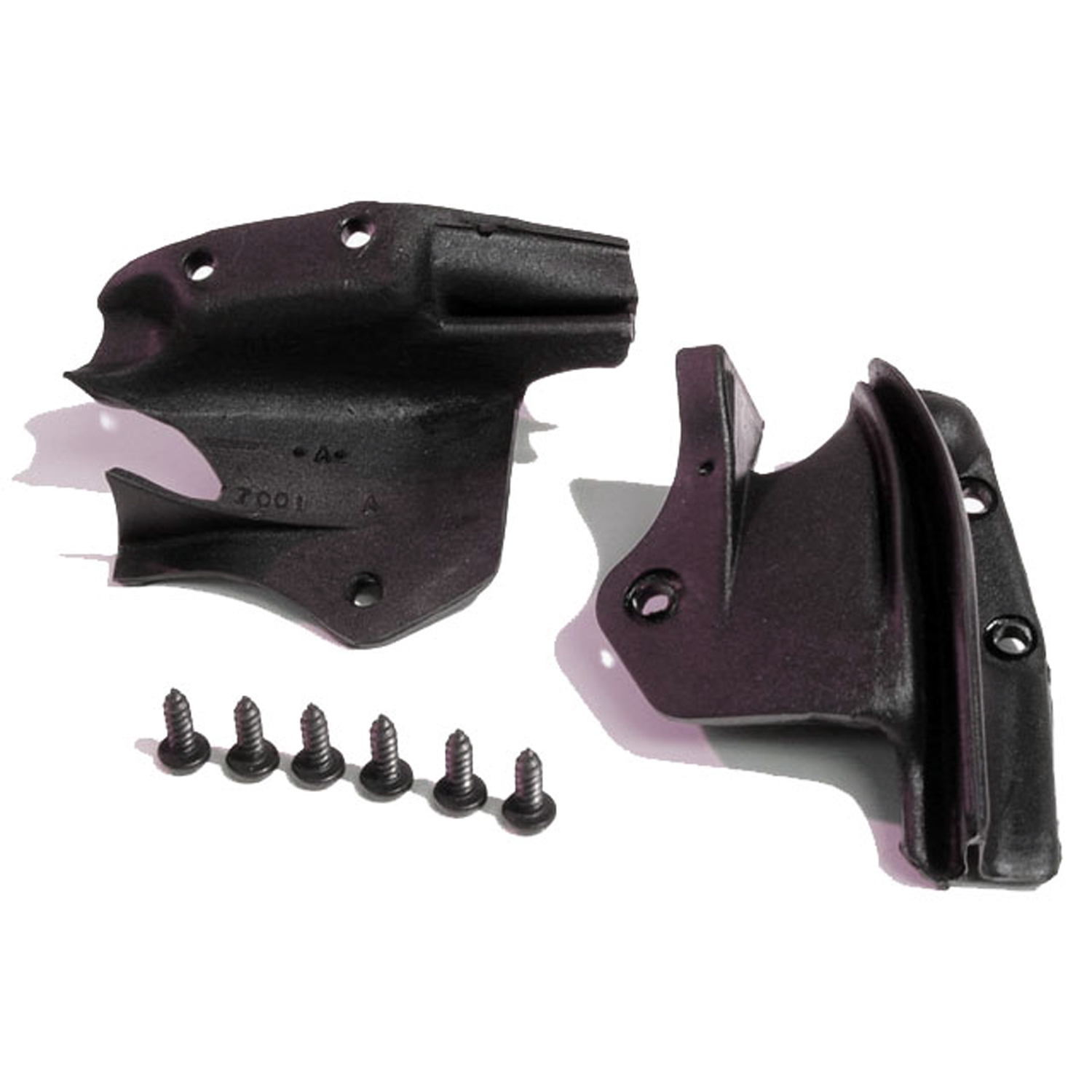 1968 Dodge Coronet Molded Door End Seal. Made with steel cores. Pair R&L-ALP 7001Molded Door End Seal. Made with steel cores. Pair R&L
1968 Dodge Coronet Molded Door End Seal. Made with steel cores. Pair R&L-ALP 7001Molded Door End Seal. Made with steel cores. Pair R&L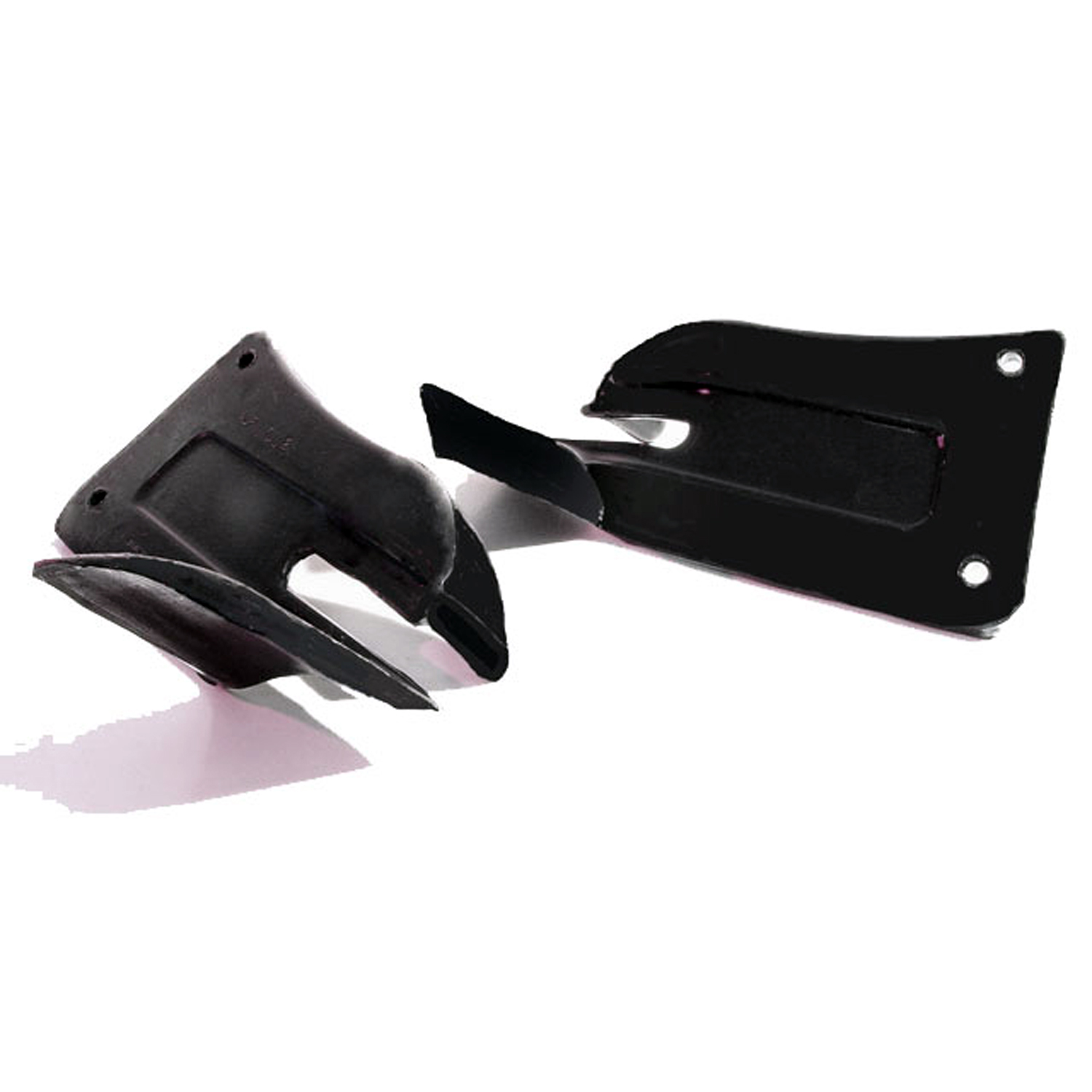 1968 Dodge Coronet Molded Door Lock Pillar Seal. Made with steel core-ALP 7002Molded Door Lock Pillar Seal. Made with steel core. Pair R&L
1968 Dodge Coronet Molded Door Lock Pillar Seal. Made with steel core-ALP 7002Molded Door Lock Pillar Seal. Made with steel core. Pair R&L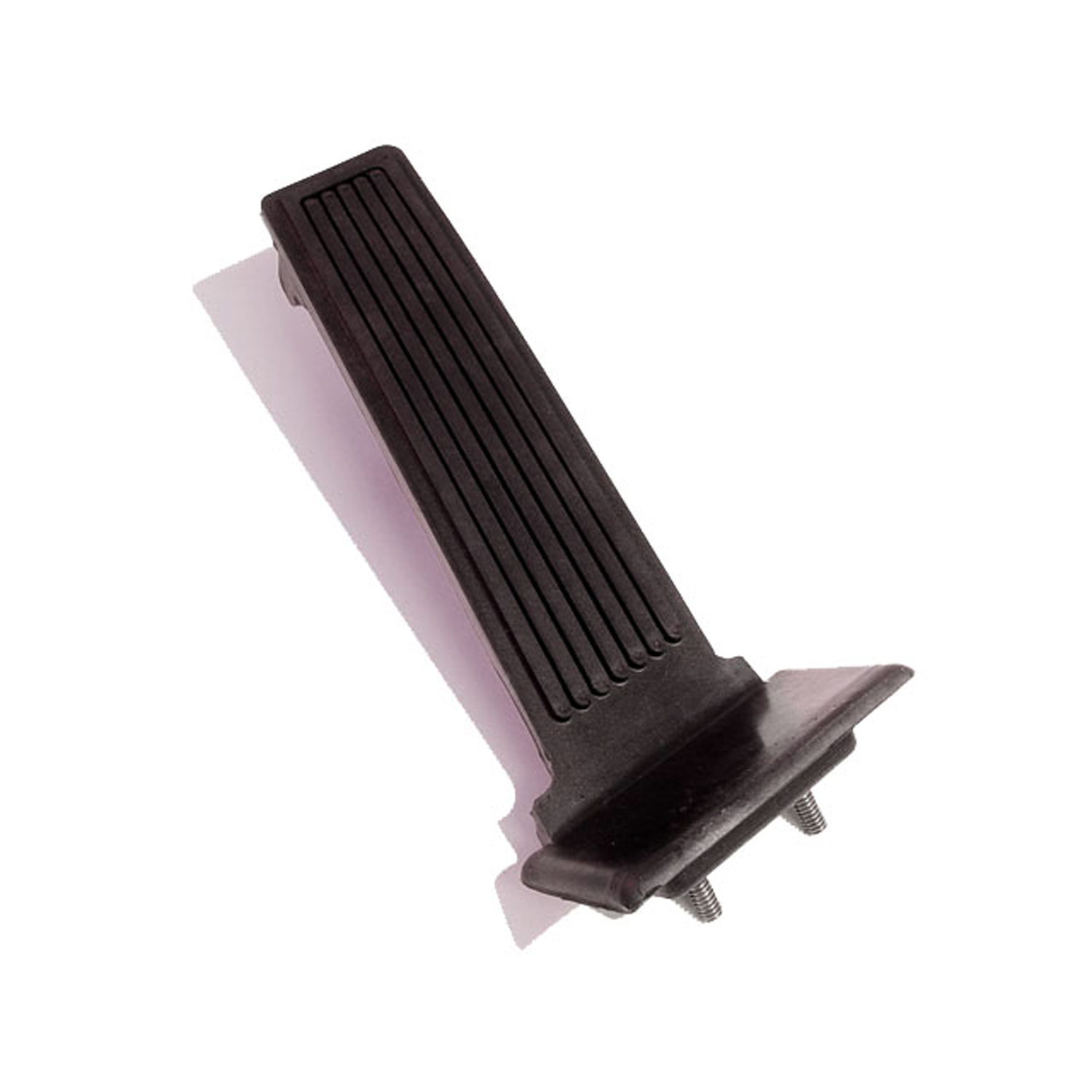 1968 Dodge Coronet Accelerator Pedal Pad. Made with steel cores and studs-AP 25-CAccelerator Pedal Pad. Made with steel cores and studs. Detailed reproduction. 2-1/4" X 9-1/4". Each
1968 Dodge Coronet Accelerator Pedal Pad. Made with steel cores and studs-AP 25-CAccelerator Pedal Pad. Made with steel cores and studs. Detailed reproduction. 2-1/4" X 9-1/4". Each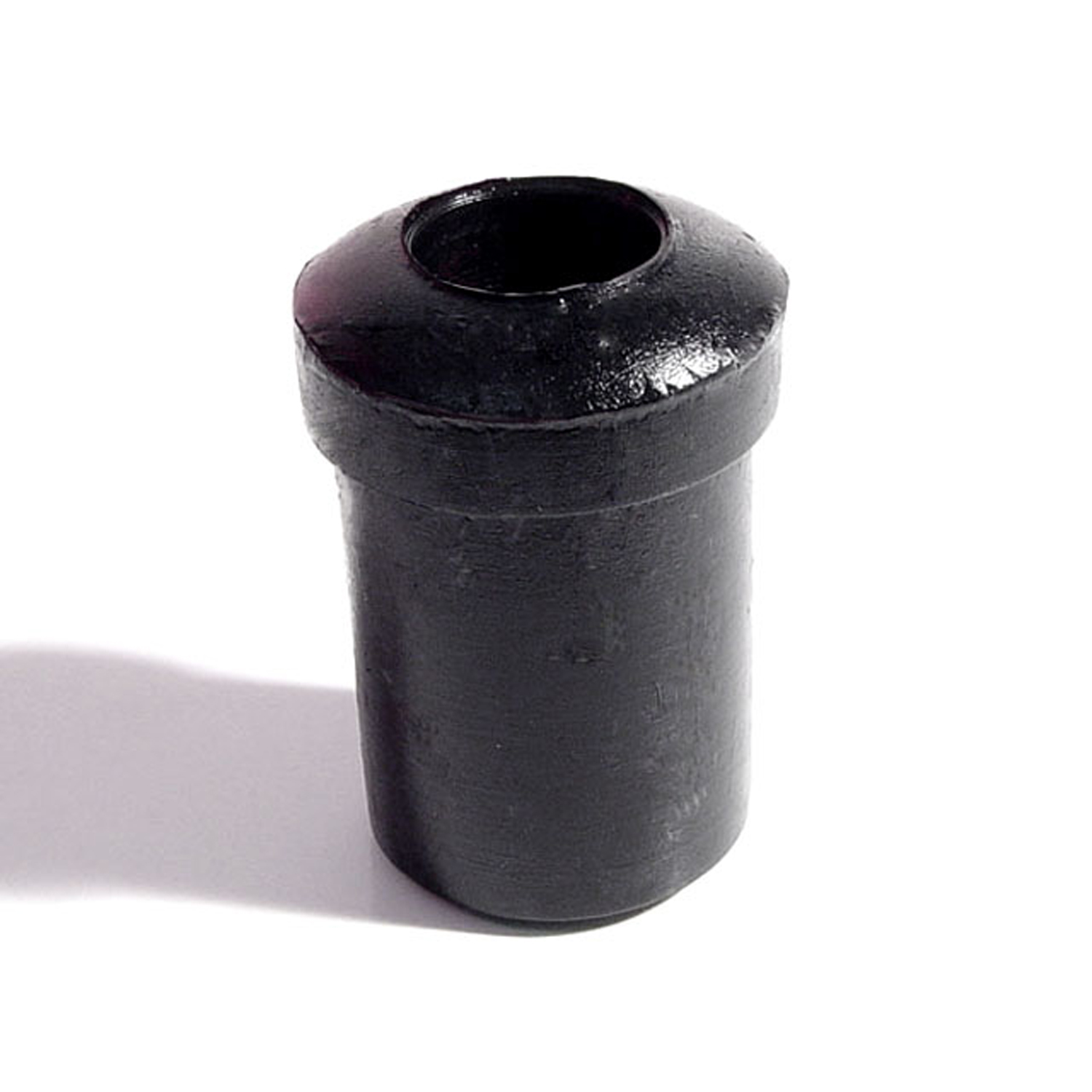 1968 Dodge Coronet Spring and Shackle Bushing. 1" bottom O.D-BN 20Spring and Shackle Bushing. 1" bottom O.D. X 1-5/8" high, with 9/16" I.D. Each
1968 Dodge Coronet Spring and Shackle Bushing. 1" bottom O.D-BN 20Spring and Shackle Bushing. 1" bottom O.D. X 1-5/8" high, with 9/16" I.D. Each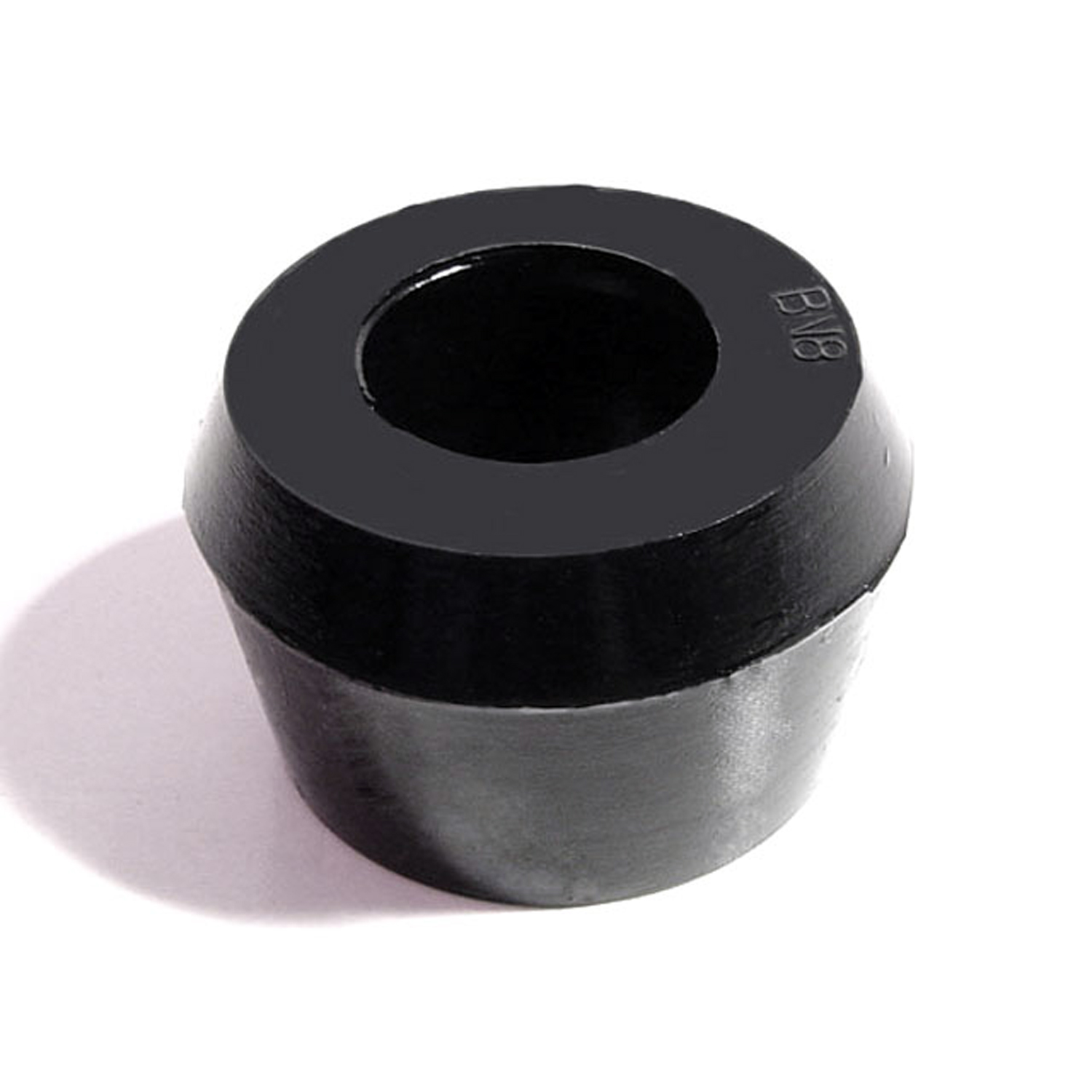 1968 Dodge Coronet Shock Absorber Grommet. 1-1/4" bottom O.D-BN 8Shock Absorber Grommet. 1-1/4" bottom O.D., 1" high, with 3/4" I.D. Each
1968 Dodge Coronet Shock Absorber Grommet. 1-1/4" bottom O.D-BN 8Shock Absorber Grommet. 1-1/4" bottom O.D., 1" high, with 3/4" I.D. Each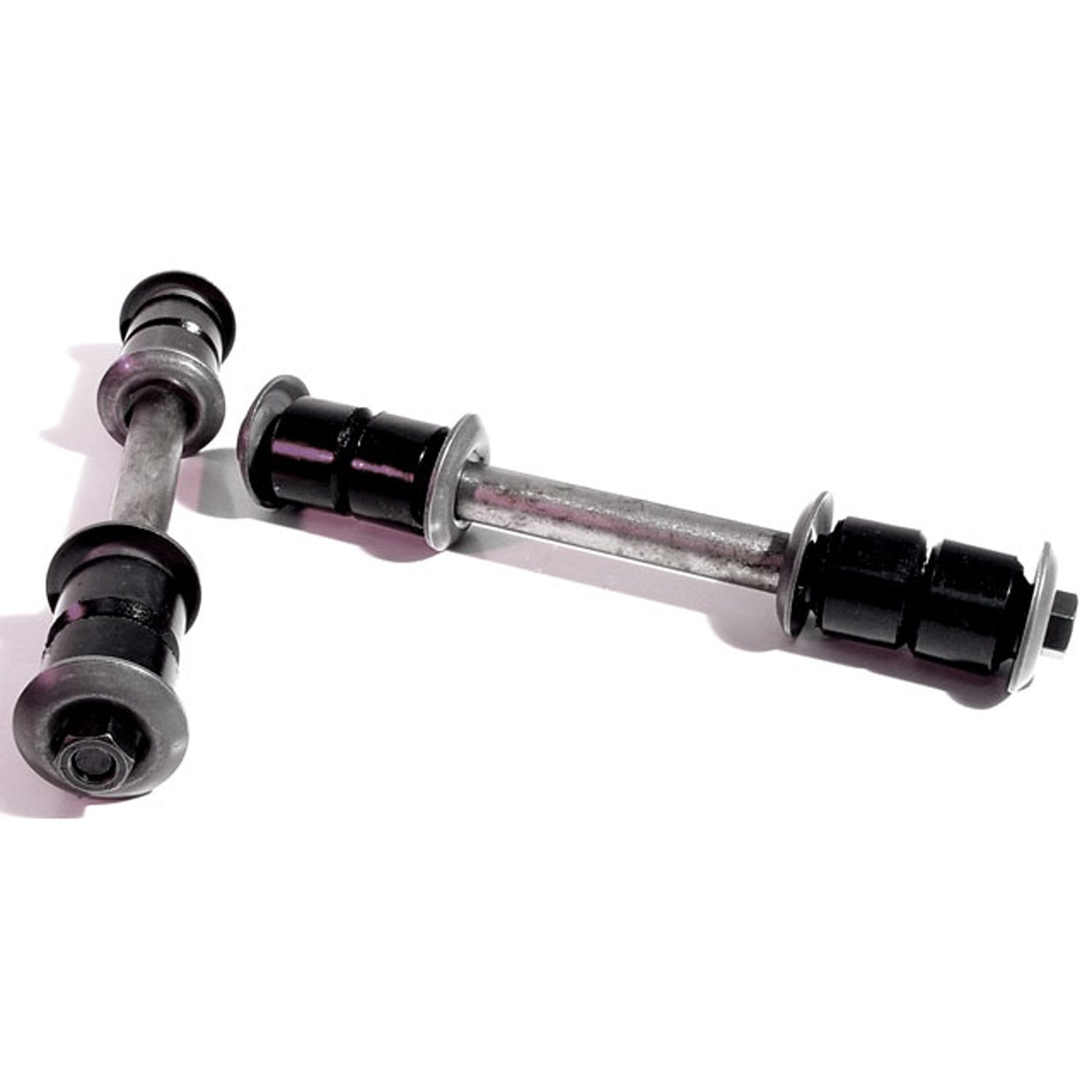 1968 Dodge Coronet Front Stabilizer End Repair Kit-BNK 21Front Stabilizer End Repair Kit. 22-piece set for two stabilizer bars. Contains all rubber bushings, washers, bolts and nuts, enough for one front end. Set
1968 Dodge Coronet Front Stabilizer End Repair Kit-BNK 21Front Stabilizer End Repair Kit. 22-piece set for two stabilizer bars. Contains all rubber bushings, washers, bolts and nuts, enough for one front end. Set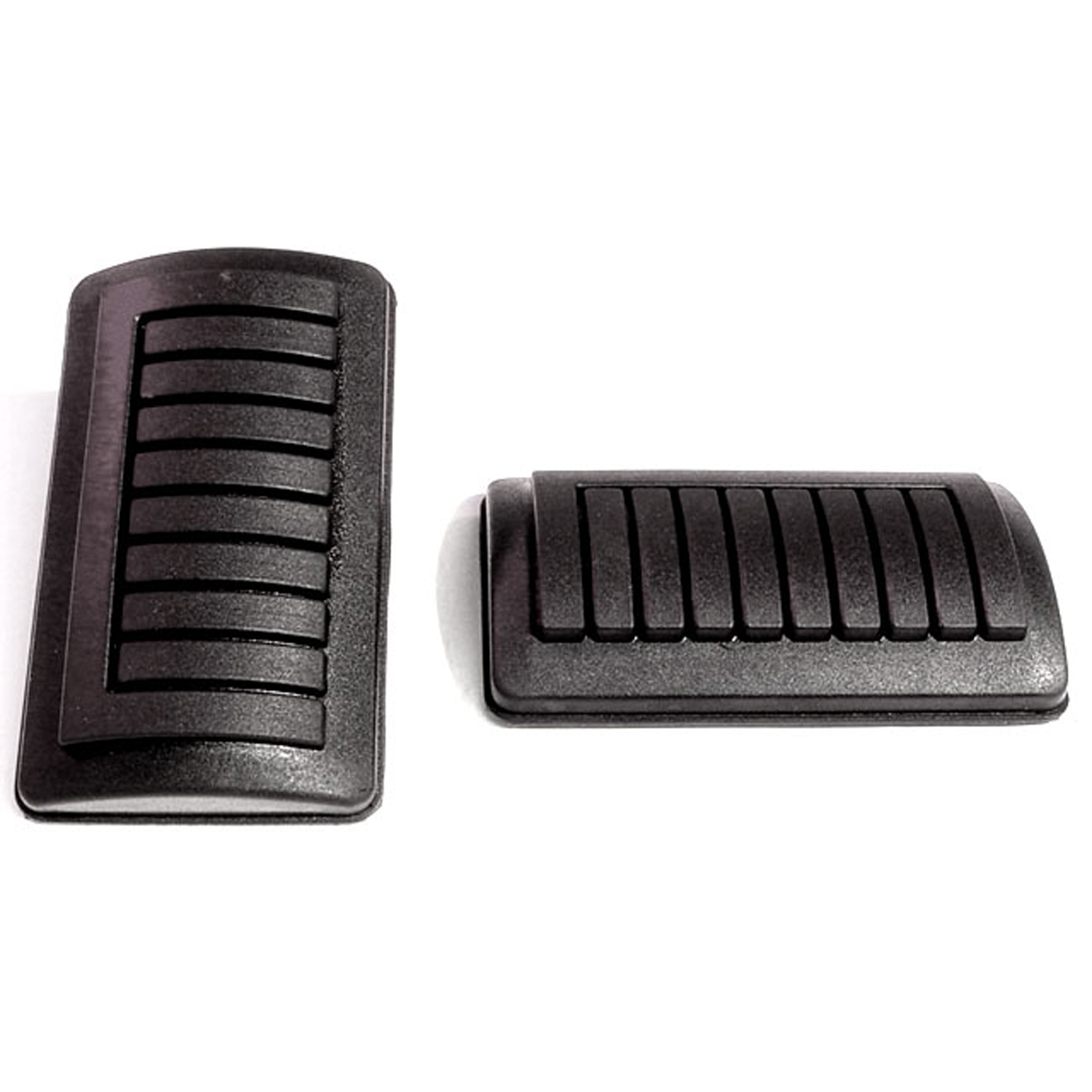 1968 Dodge Coronet Clutch and Brake Pedal Pads. 3-3/4" wide X 2-1/4" long-CB 198Clutch and Brake Pedal Pads. 3-3/4" wide X 2-1/4" long. Pair
1968 Dodge Coronet Clutch and Brake Pedal Pads. 3-3/4" wide X 2-1/4" long-CB 198Clutch and Brake Pedal Pads. 3-3/4" wide X 2-1/4" long. Pair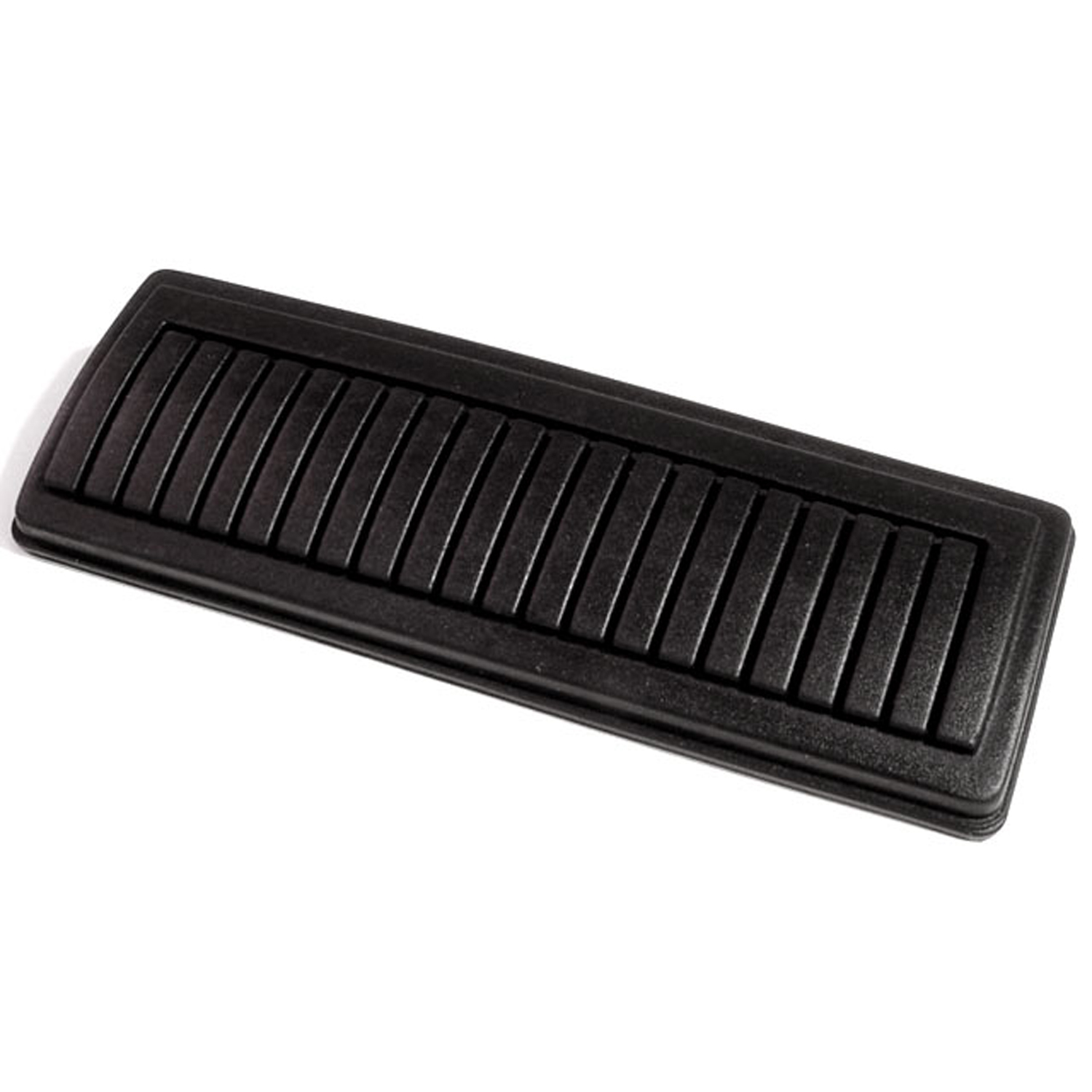 1968 Dodge Coronet Brake Pedal Pad, for models with automatic transmission-CB 200Brake Pedal Pad, for models with automatic transmission. 6-1/2" wide X 2-3/8" long. Each
1968 Dodge Coronet Brake Pedal Pad, for models with automatic transmission-CB 200Brake Pedal Pad, for models with automatic transmission. 6-1/2" wide X 2-3/8" long. Each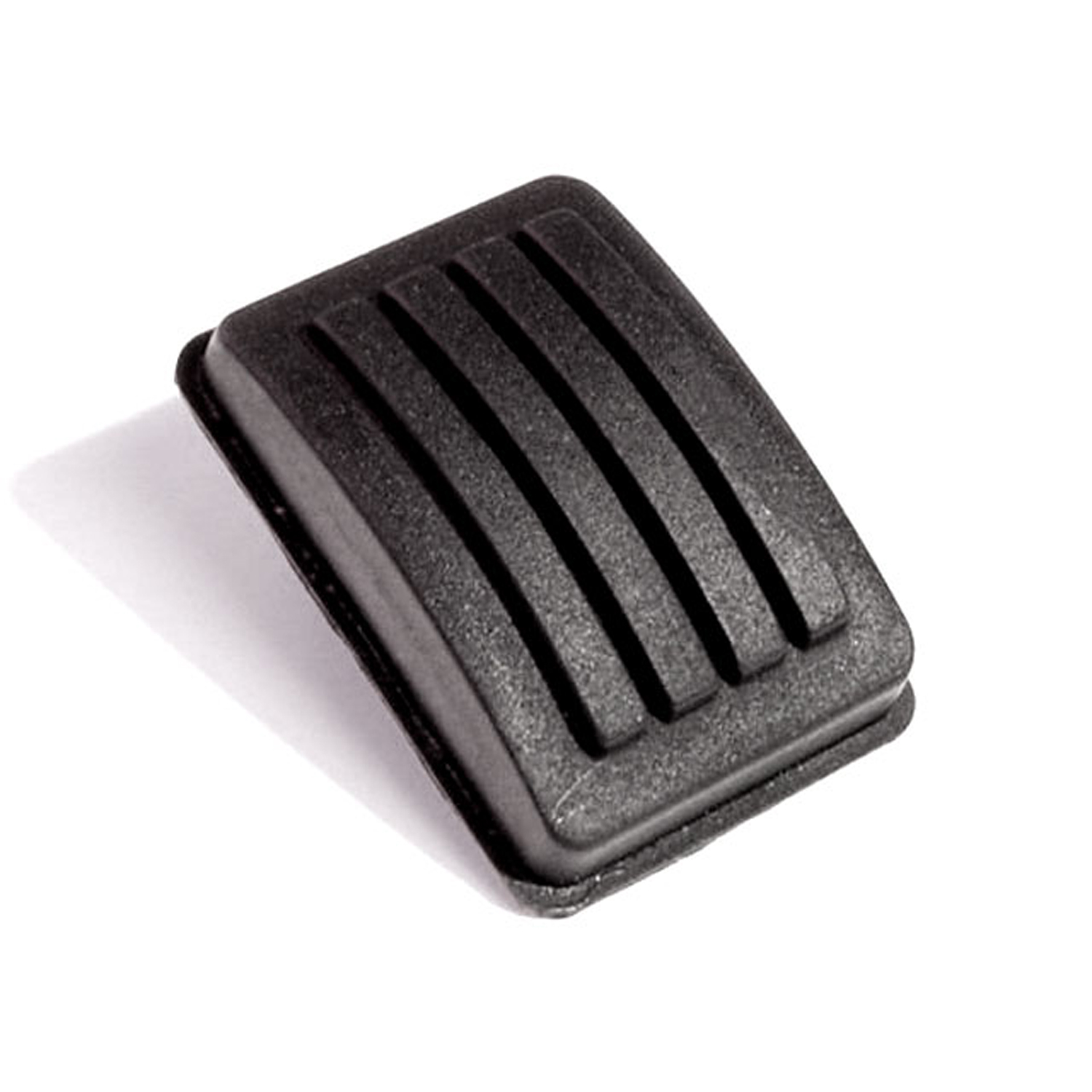 1968 Dodge Coronet Park Brake Pedal Pad-CB 200-BPark Brake Pedal Pad. Your stainless steel bezel fits over this new pad. 1-5/8" wide X 2-3/8" long. Each
1968 Dodge Coronet Park Brake Pedal Pad-CB 200-BPark Brake Pedal Pad. Your stainless steel bezel fits over this new pad. 1-5/8" wide X 2-3/8" long. Each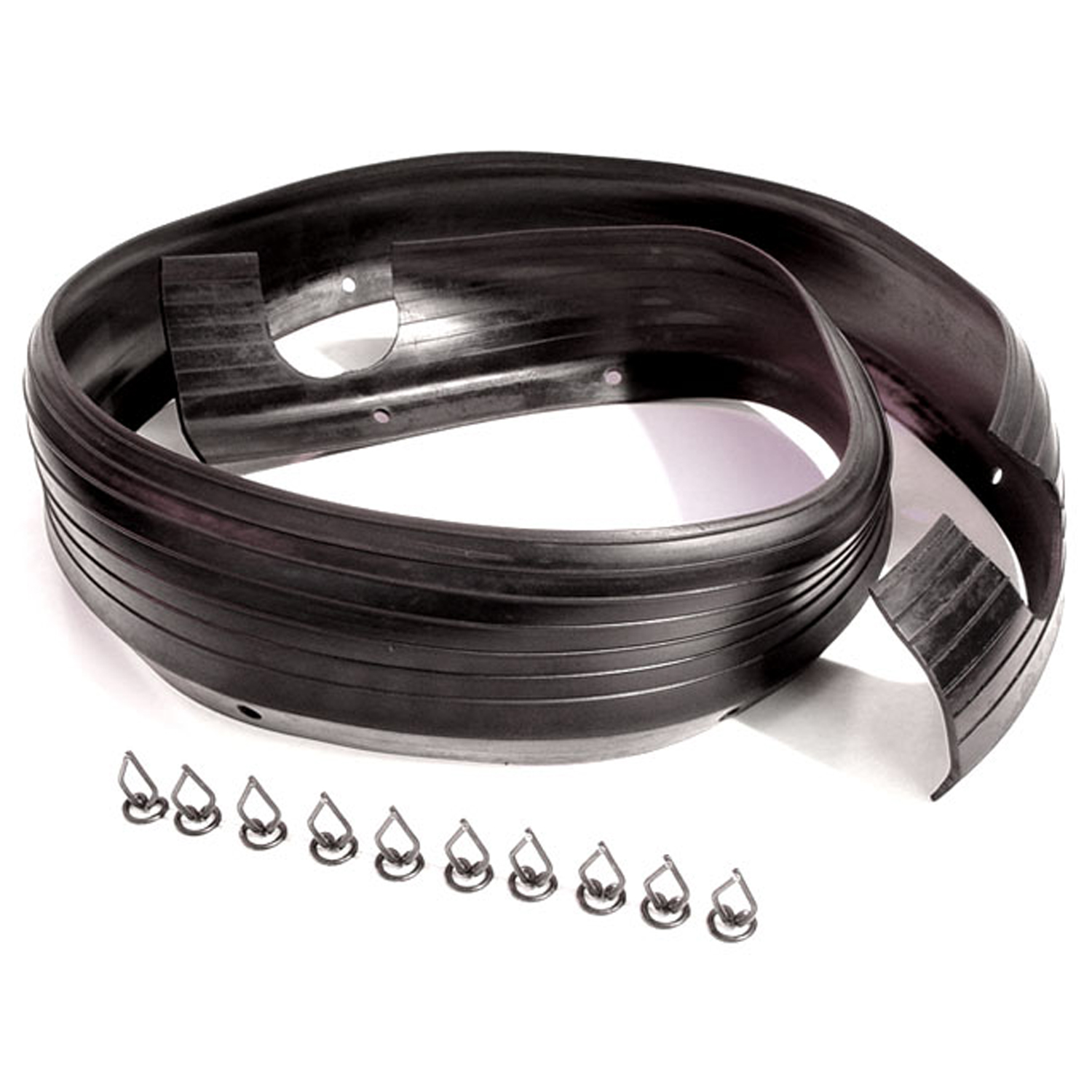 1968 Dodge Coronet Hood to Radiator Support Seal. 52" long. Each-CS 20Hood to Radiator Support Seal. 52" long. Each
1968 Dodge Coronet Hood to Radiator Support Seal. 52" long. Each-CS 20Hood to Radiator Support Seal. 52" long. Each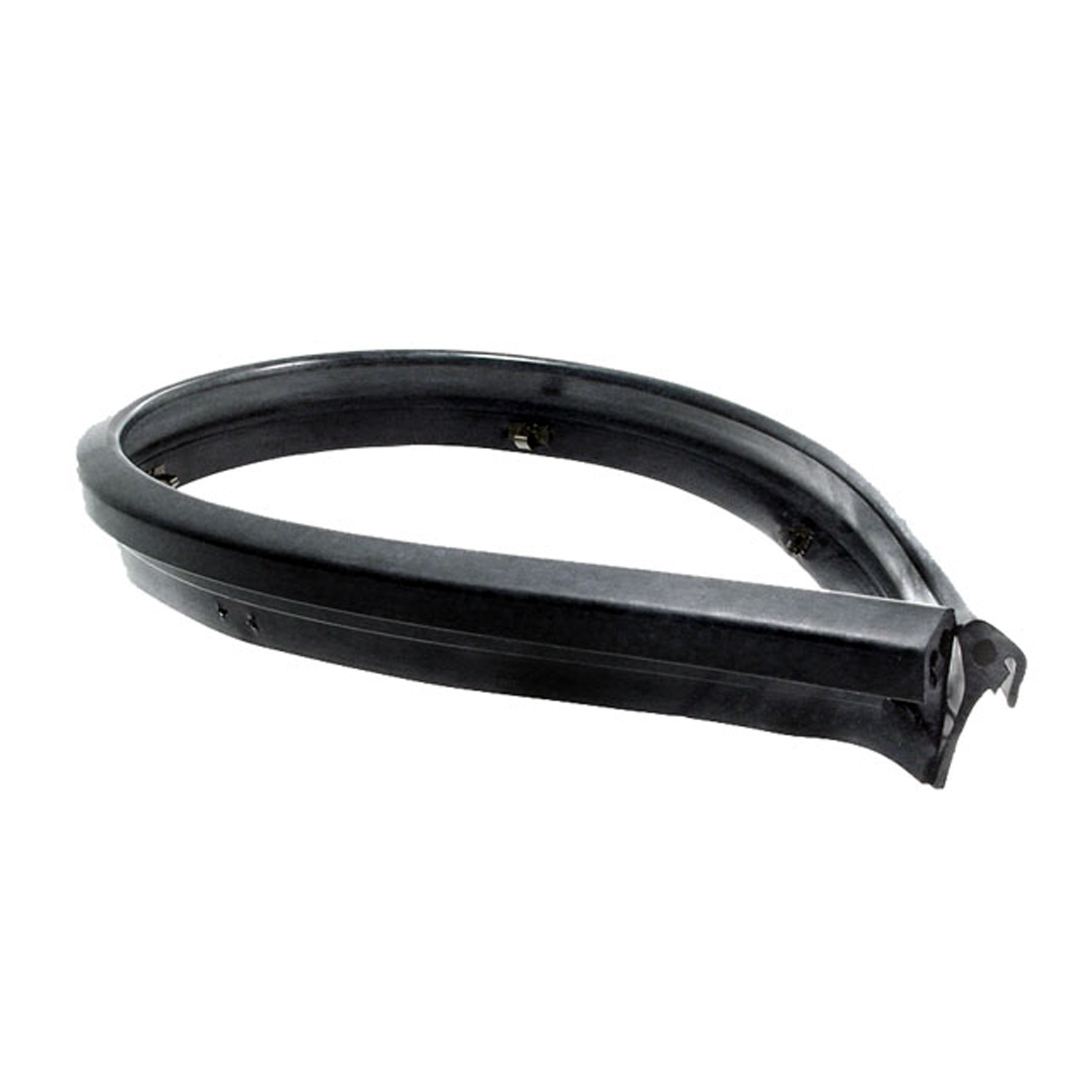 1968 Dodge Coronet Hood to Cowl Seal, 35" Long. Each-CS 20-XHood to Cowl Seal, 35" Long. Each
1968 Dodge Coronet Hood to Cowl Seal, 35" Long. Each-CS 20-XHood to Cowl Seal, 35" Long. Each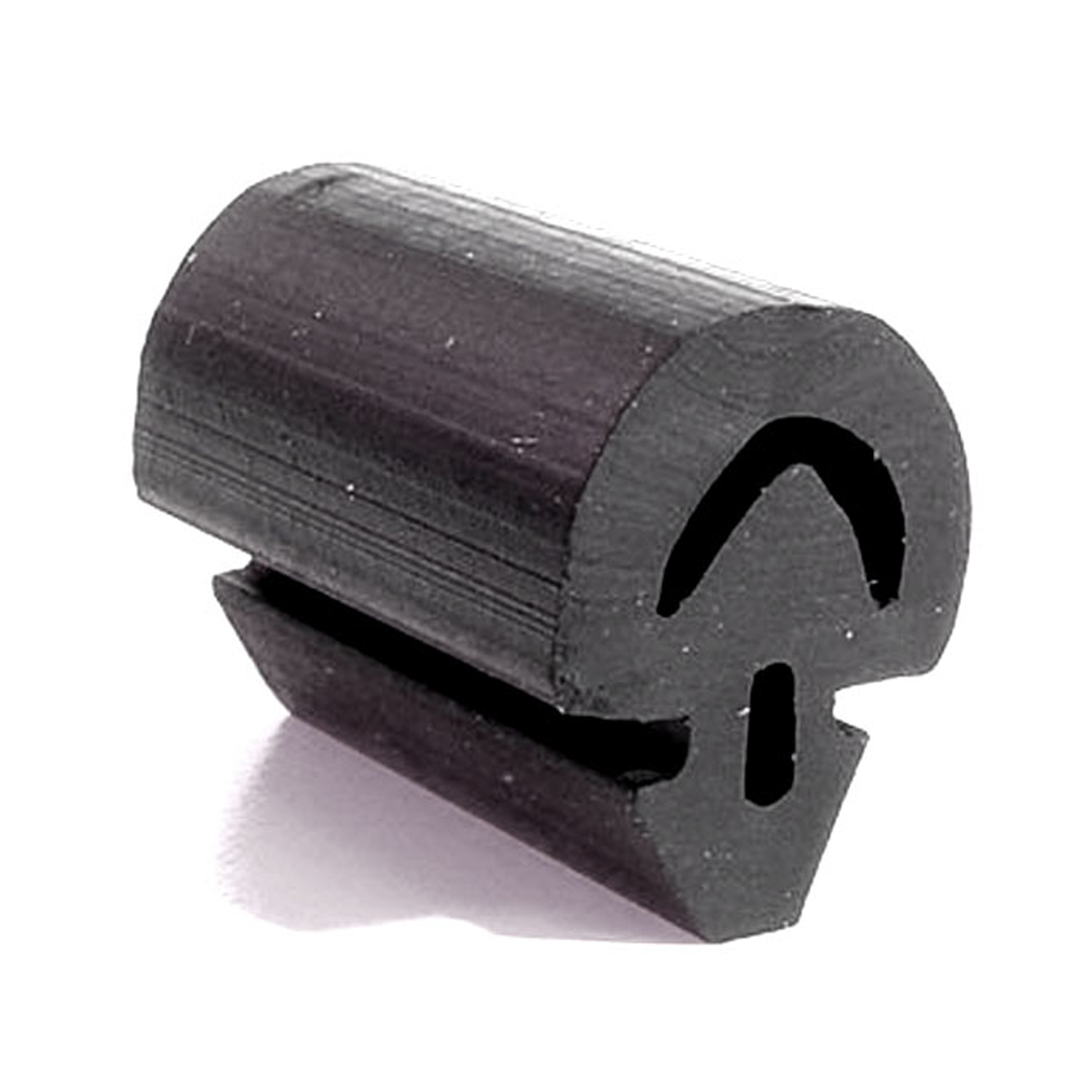 1968 Dodge Coronet Door Bumper. 3/4" high X 1/2" wide X 1" long-DB 50Door Bumper. 3/4" high X 1/2" wide X 1" long. Four used per car. Each
1968 Dodge Coronet Door Bumper. 3/4" high X 1/2" wide X 1" long-DB 50Door Bumper. 3/4" high X 1/2" wide X 1" long. Four used per car. Each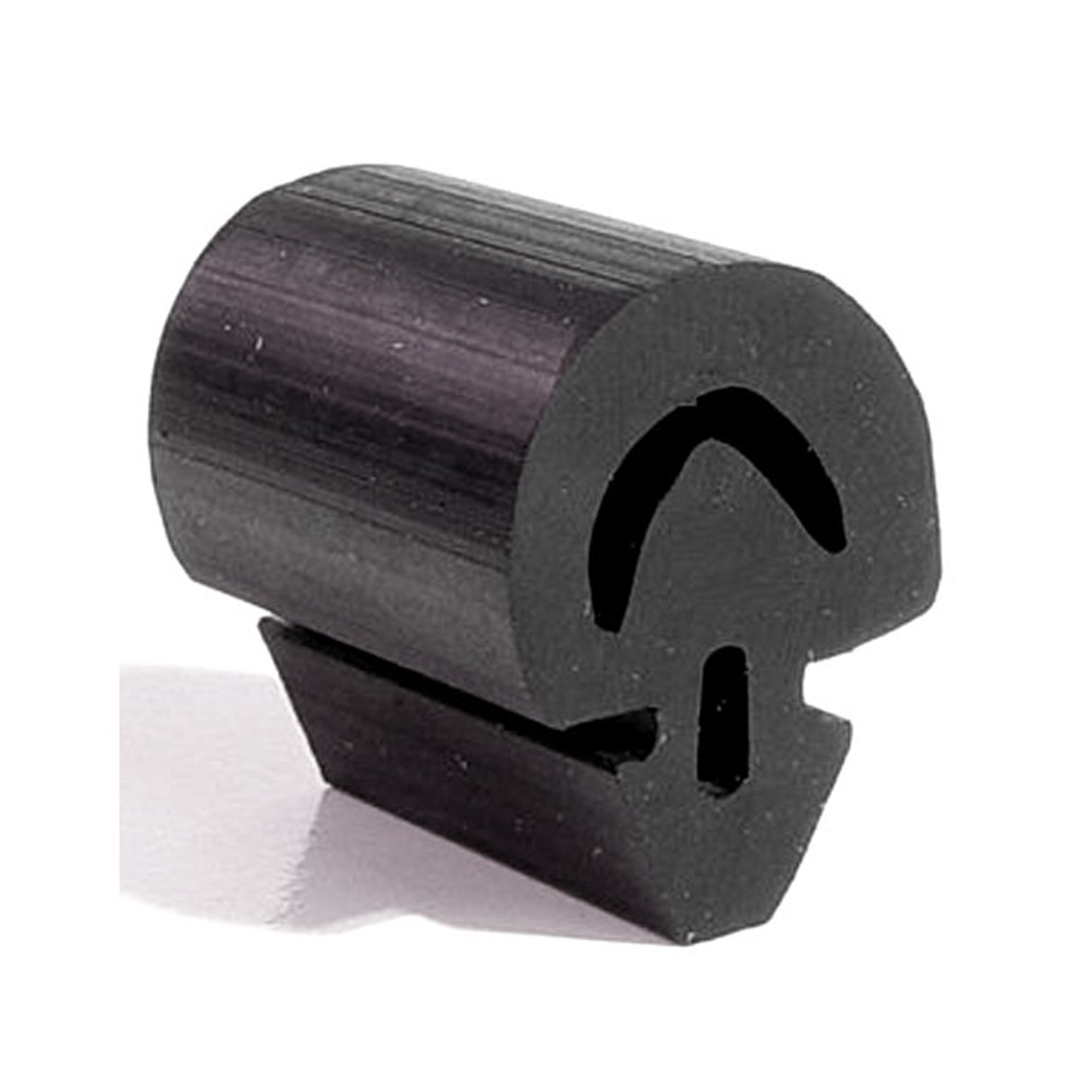 1968 Dodge Coronet Door Bumper. 3/4" high X 1/2" wide X 5/8" long-DB 50-MDoor Bumper. 3/4" high X 1/2" wide X 5/8" long. Four used per car. Each
1968 Dodge Coronet Door Bumper. 3/4" high X 1/2" wide X 5/8" long-DB 50-MDoor Bumper. 3/4" high X 1/2" wide X 5/8" long. Four used per car. Each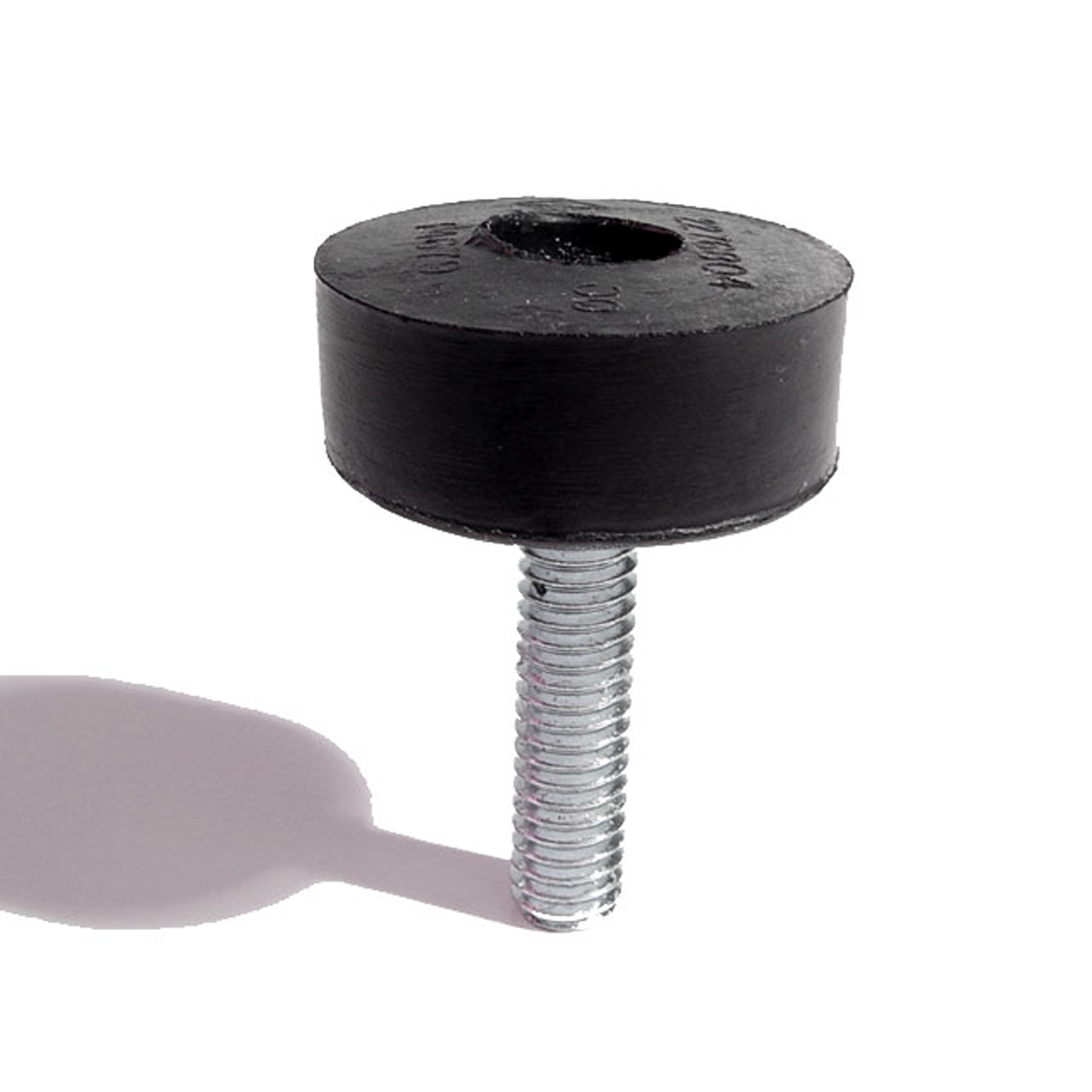 1968 Dodge Coronet Hood Adjustment Bolt and Bumper-HA 8Hood Adjustment Bolt and Bumper. 1-3/16" diameter rubber head. 5/16" thick X 18 threads/inch X 1-1/4" long bolt. Each
1968 Dodge Coronet Hood Adjustment Bolt and Bumper-HA 8Hood Adjustment Bolt and Bumper. 1-3/16" diameter rubber head. 5/16" thick X 18 threads/inch X 1-1/4" long bolt. Each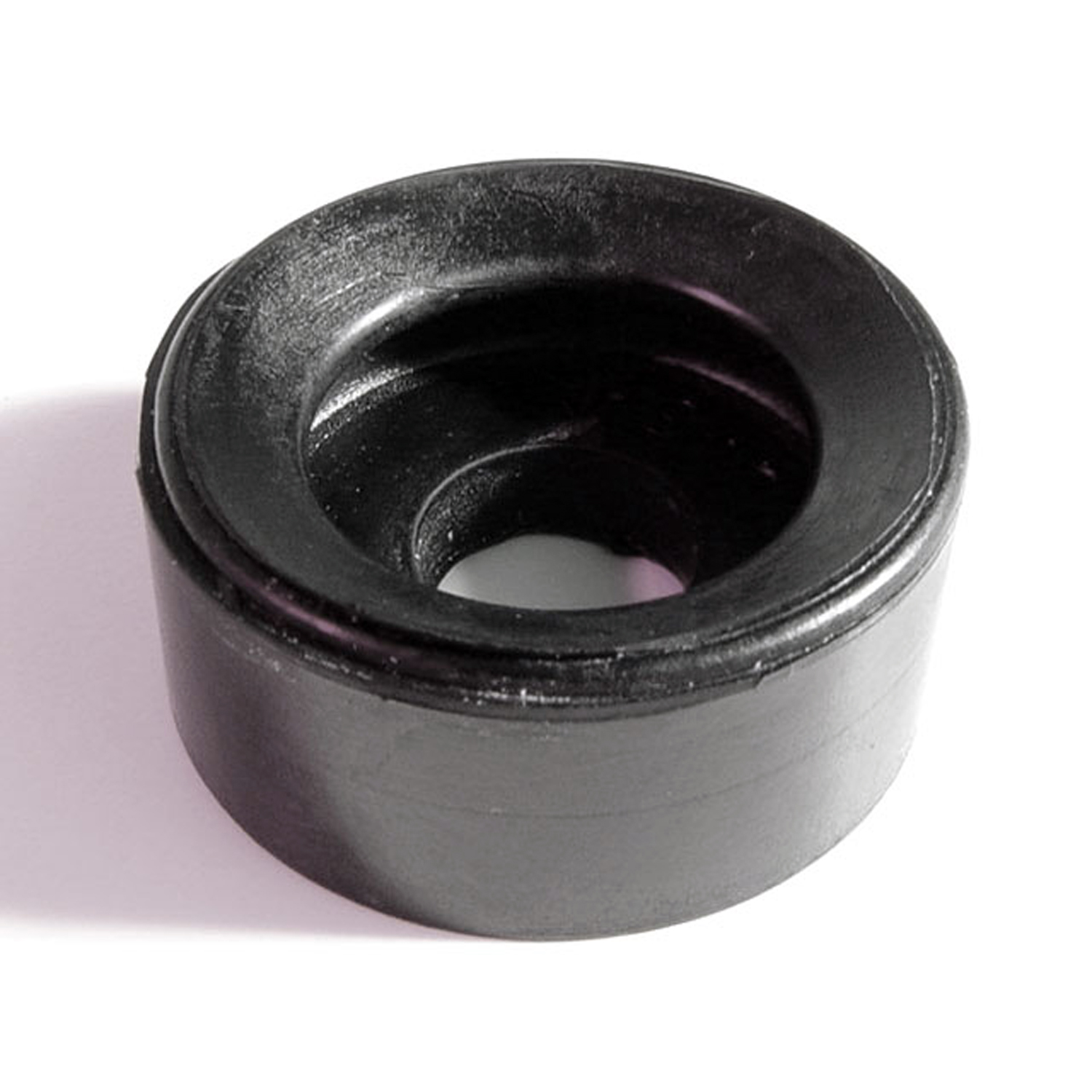 1968 Dodge Coronet Hood Adjustment Bumper. 1-1/4" O.D-HA 8-AHood Adjustment Bumper. 1-1/4" O.D., 3/4" large hole, 7/16" small hole, 1/2" thick. Each
1968 Dodge Coronet Hood Adjustment Bumper. 1-1/4" O.D-HA 8-AHood Adjustment Bumper. 1-1/4" O.D., 3/4" large hole, 7/16" small hole, 1/2" thick. Each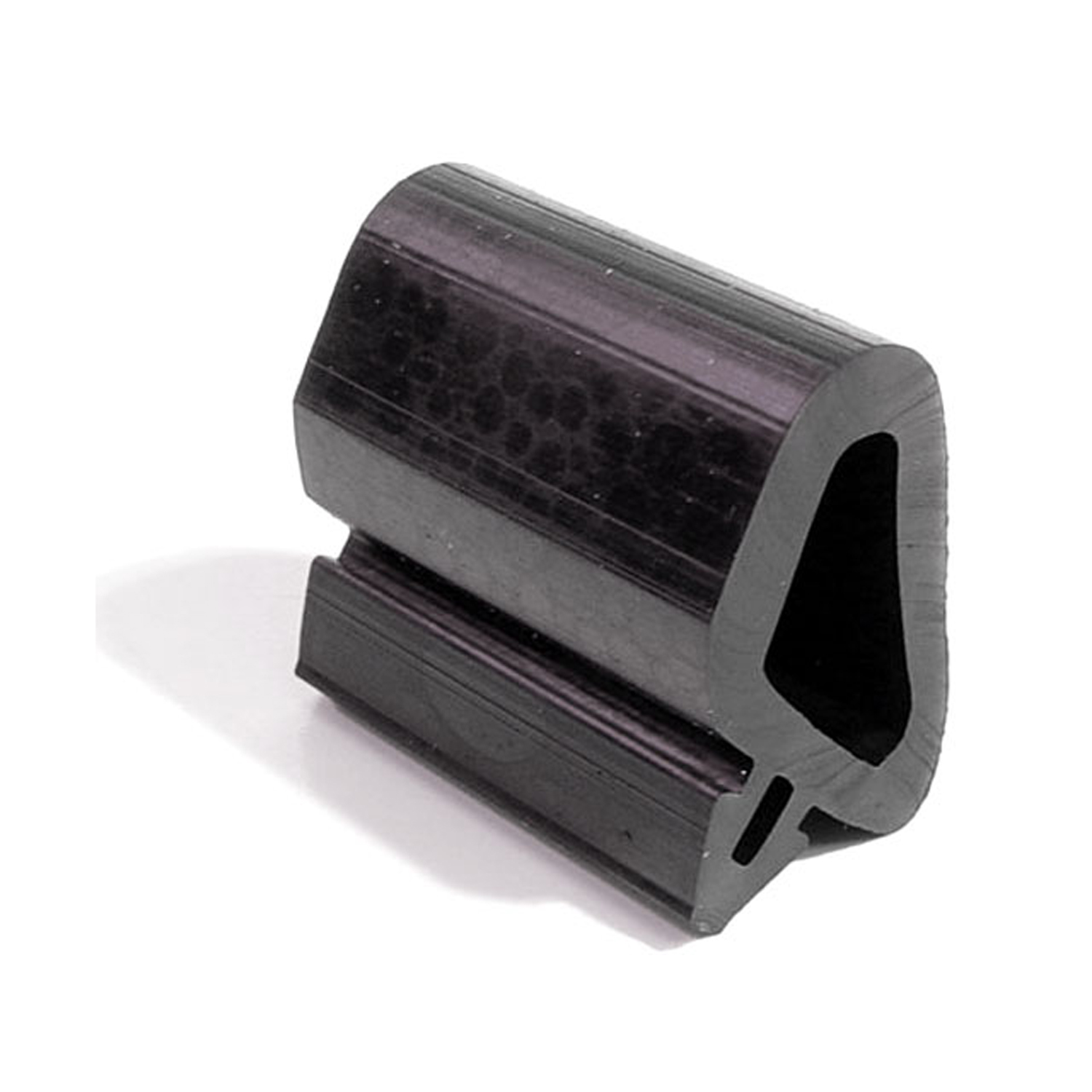 1968 Dodge Coronet Hood Side Bumper. Four used per car. Each-HF 19Hood Side Bumper. Measures 0.91" wide x 1.00" tall x 1.043" deep. Four used per car. Each
1968 Dodge Coronet Hood Side Bumper. Four used per car. Each-HF 19Hood Side Bumper. Measures 0.91" wide x 1.00" tall x 1.043" deep. Four used per car. Each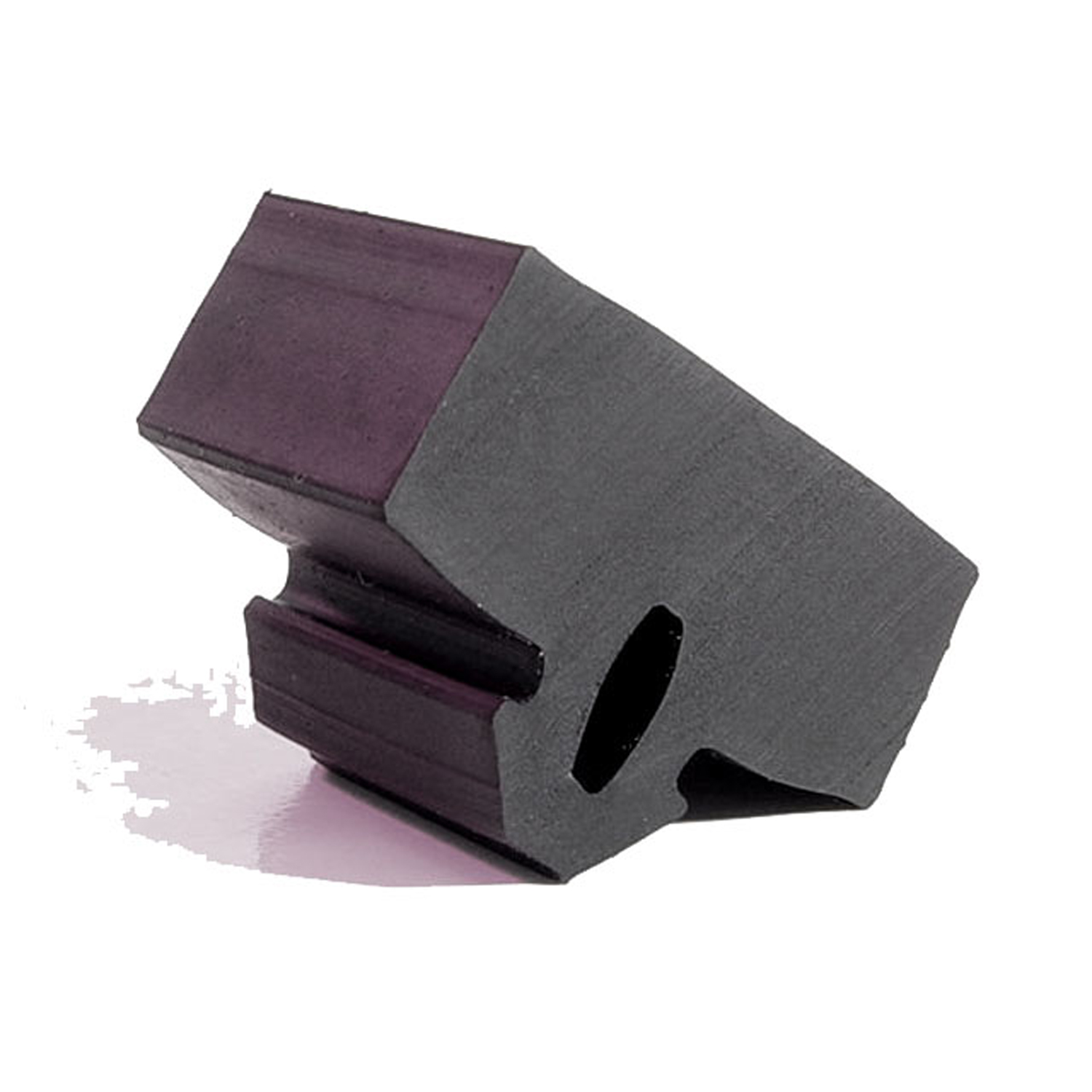 1968 Dodge Coronet Trunk Bumper. Each-HF 62Trunk Bumper. Each
1968 Dodge Coronet Trunk Bumper. Each-HF 62Trunk Bumper. Each 1968 Dodge Coronet Lens Gasket Kit.-LGK 2711-100Lens Gasket Kit.
1968 Dodge Coronet Lens Gasket Kit.-LGK 2711-100Lens Gasket Kit.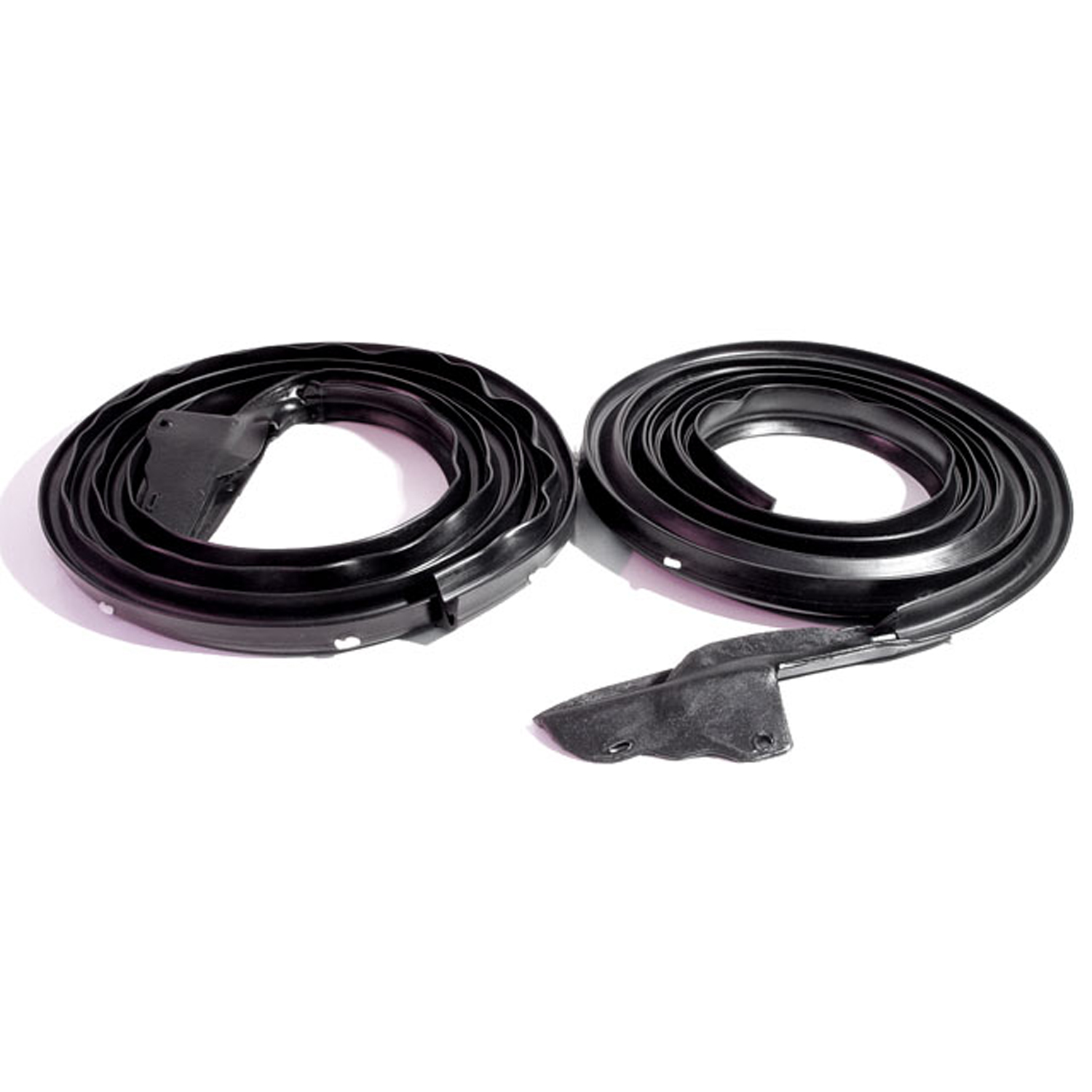 1968 Dodge Coronet Molded Door Seals with Steel Core and White Clips-LM 23Molded Door Seals with Steel Core and White Clips. For 2-door hardtop. Replaces OEM #2860400/1. Pair R&L
1968 Dodge Coronet Molded Door Seals with Steel Core and White Clips-LM 23Molded Door Seals with Steel Core and White Clips. For 2-door hardtop. Replaces OEM #2860400/1. Pair R&L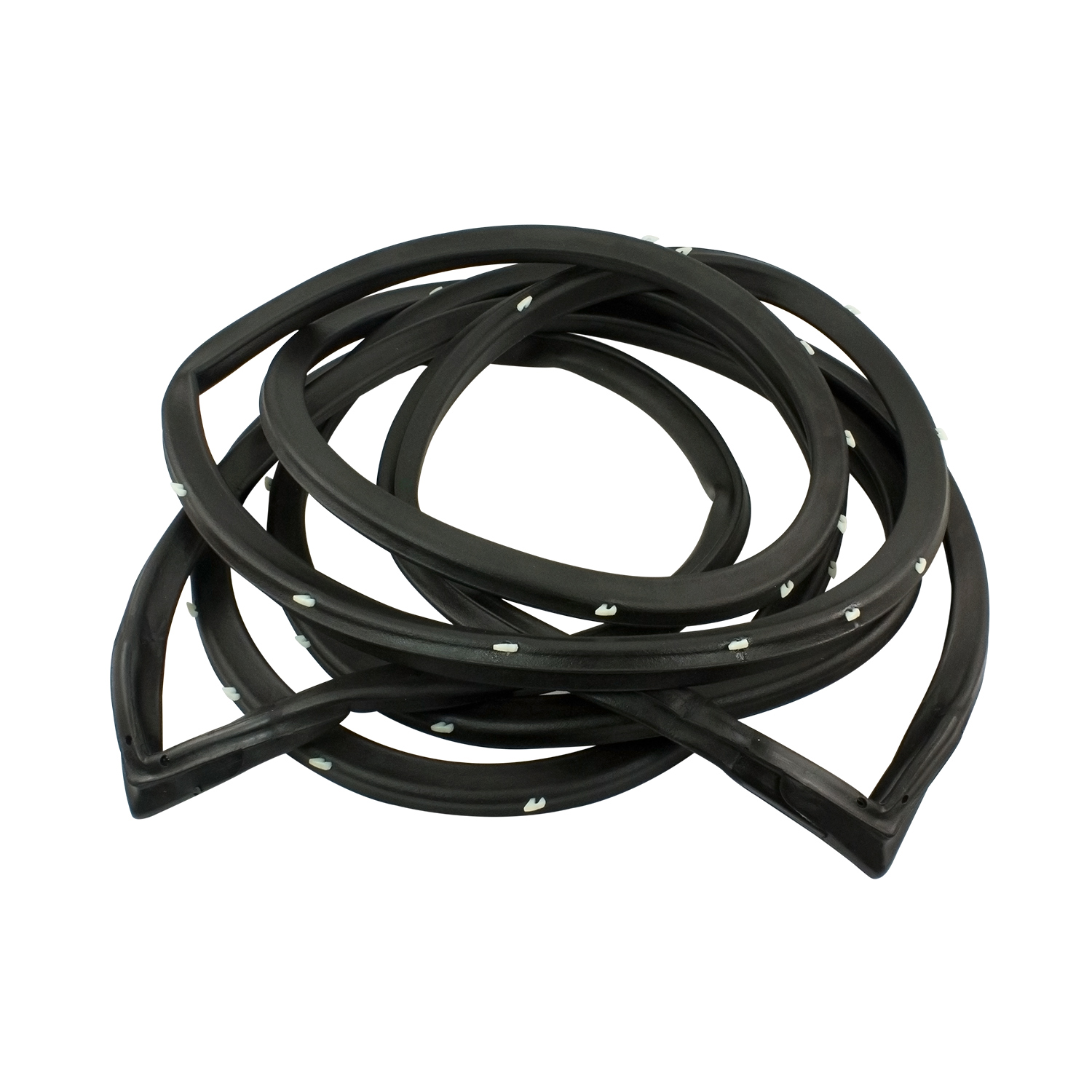 1968 Dodge Coronet Front door seals-LM 23-PFront door seals. Fits '68-'70 Mopar B-body 4-door sedan and wagon including Belvedere (440, 500), Coronet and Satellite (Sport, Sport Wagon).
1968 Dodge Coronet Front door seals-LM 23-PFront door seals. Fits '68-'70 Mopar B-body 4-door sedan and wagon including Belvedere (440, 500), Coronet and Satellite (Sport, Sport Wagon). 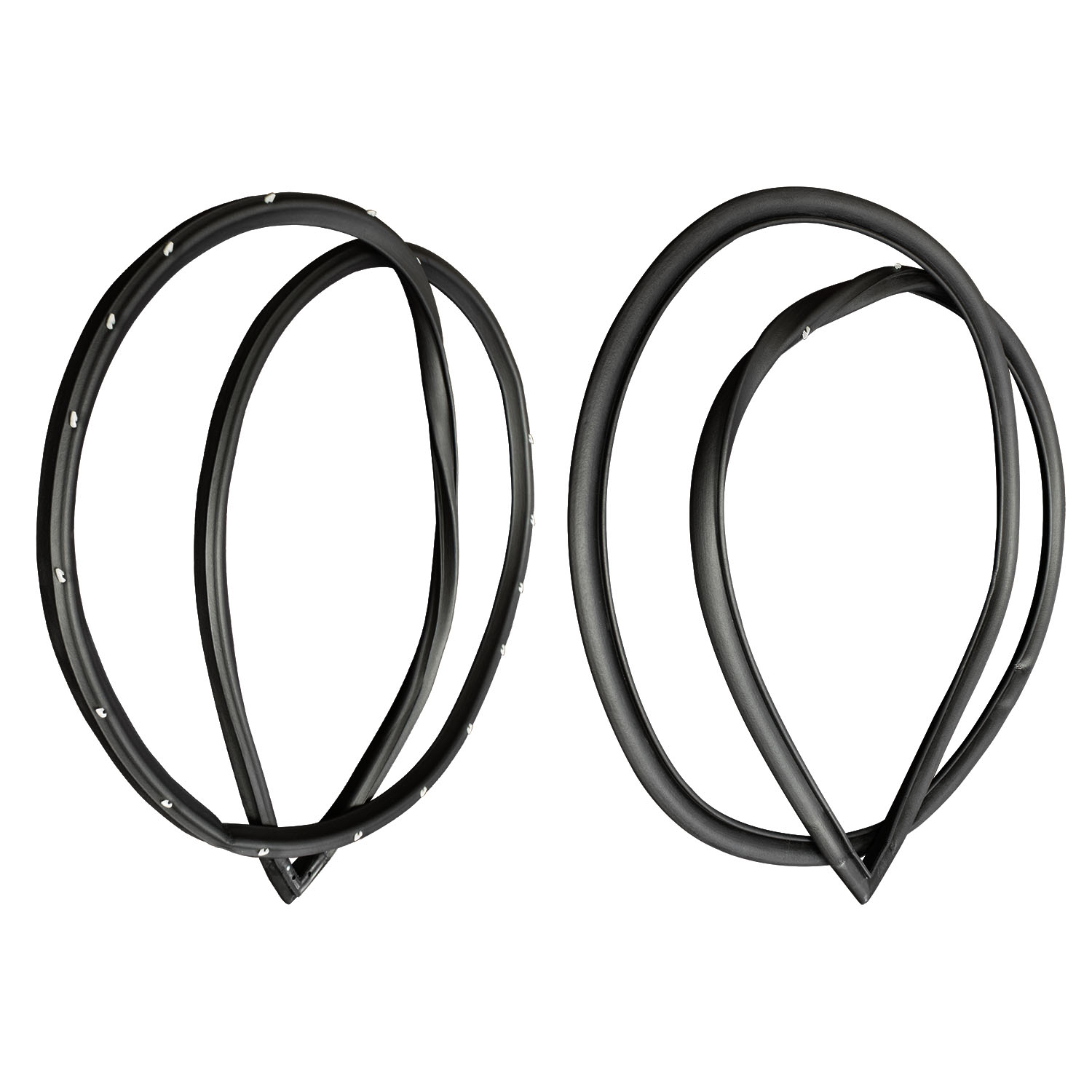 1968 Dodge Coronet Rear door seals. Fits '66-'70 Mopar B-body 4-door sedan-LM 23-QRear door seals. Fits '66-'70 Mopar B-body 4-door sedan. Exact-fit, OEM-replacement seals for Dodge Coronet (Deluxe, 440, 500) and Plymouth Belvedere / Satellite. Replaces OEM#'s 2811448/9. Pair. R&L.
1968 Dodge Coronet Rear door seals. Fits '66-'70 Mopar B-body 4-door sedan-LM 23-QRear door seals. Fits '66-'70 Mopar B-body 4-door sedan. Exact-fit, OEM-replacement seals for Dodge Coronet (Deluxe, 440, 500) and Plymouth Belvedere / Satellite. Replaces OEM#'s 2811448/9. Pair. R&L.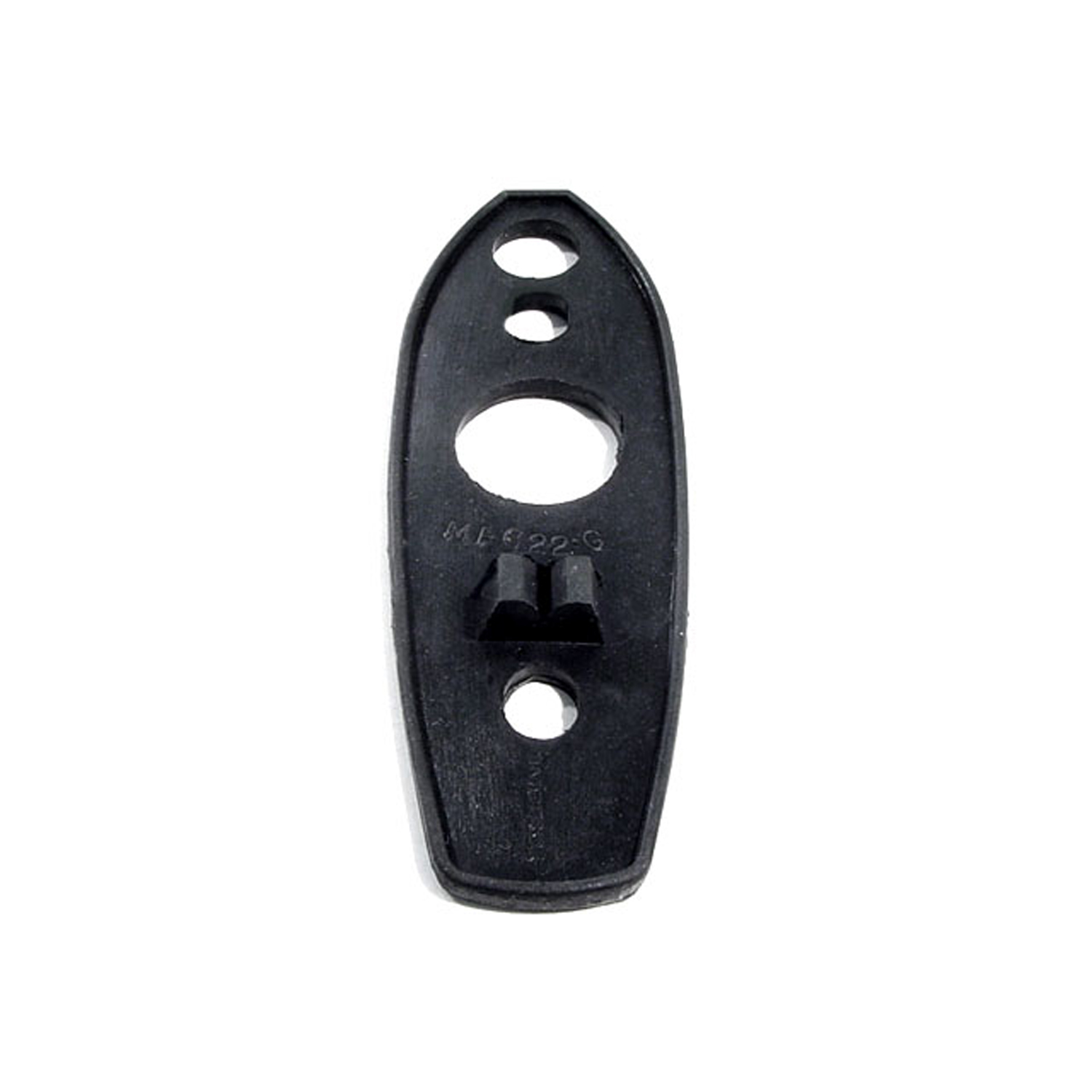 1968 Dodge Coronet Remote Mirror Pad. Each-MP 622-GRemote Mirror Pad. Each
1968 Dodge Coronet Remote Mirror Pad. Each-MP 622-GRemote Mirror Pad. Each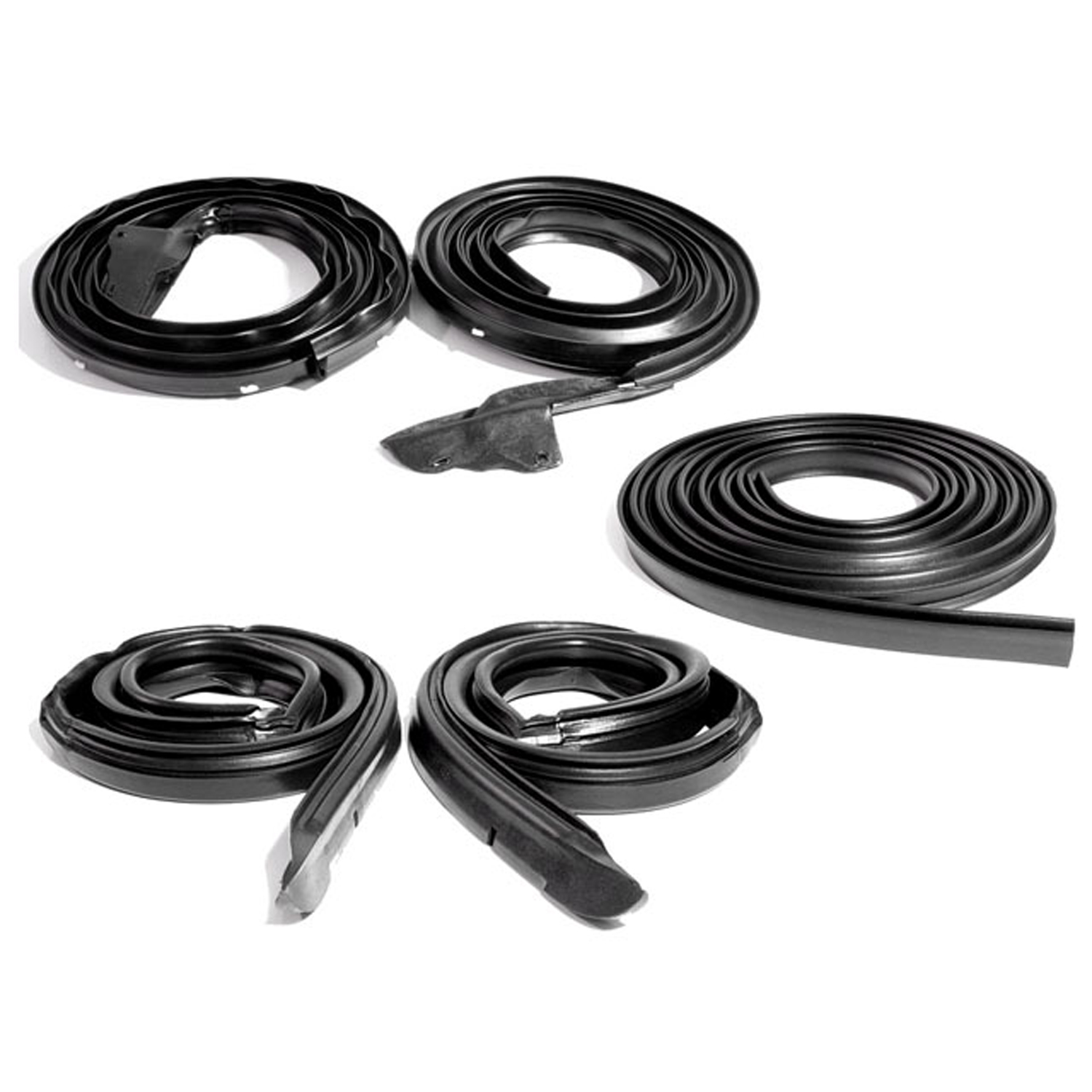 1968 Dodge Coronet Basic Kit, for 2-Door Post Coupe (with swing-out windows)-RKB 4005-102Basic Kit, for 2-Door Post Coupe (with swing-out windows). Door (LM 23) Roof Rail (RR 4001) Trunk (TK 2322), Seals.
1968 Dodge Coronet Basic Kit, for 2-Door Post Coupe (with swing-out windows)-RKB 4005-102Basic Kit, for 2-Door Post Coupe (with swing-out windows). Door (LM 23) Roof Rail (RR 4001) Trunk (TK 2322), Seals.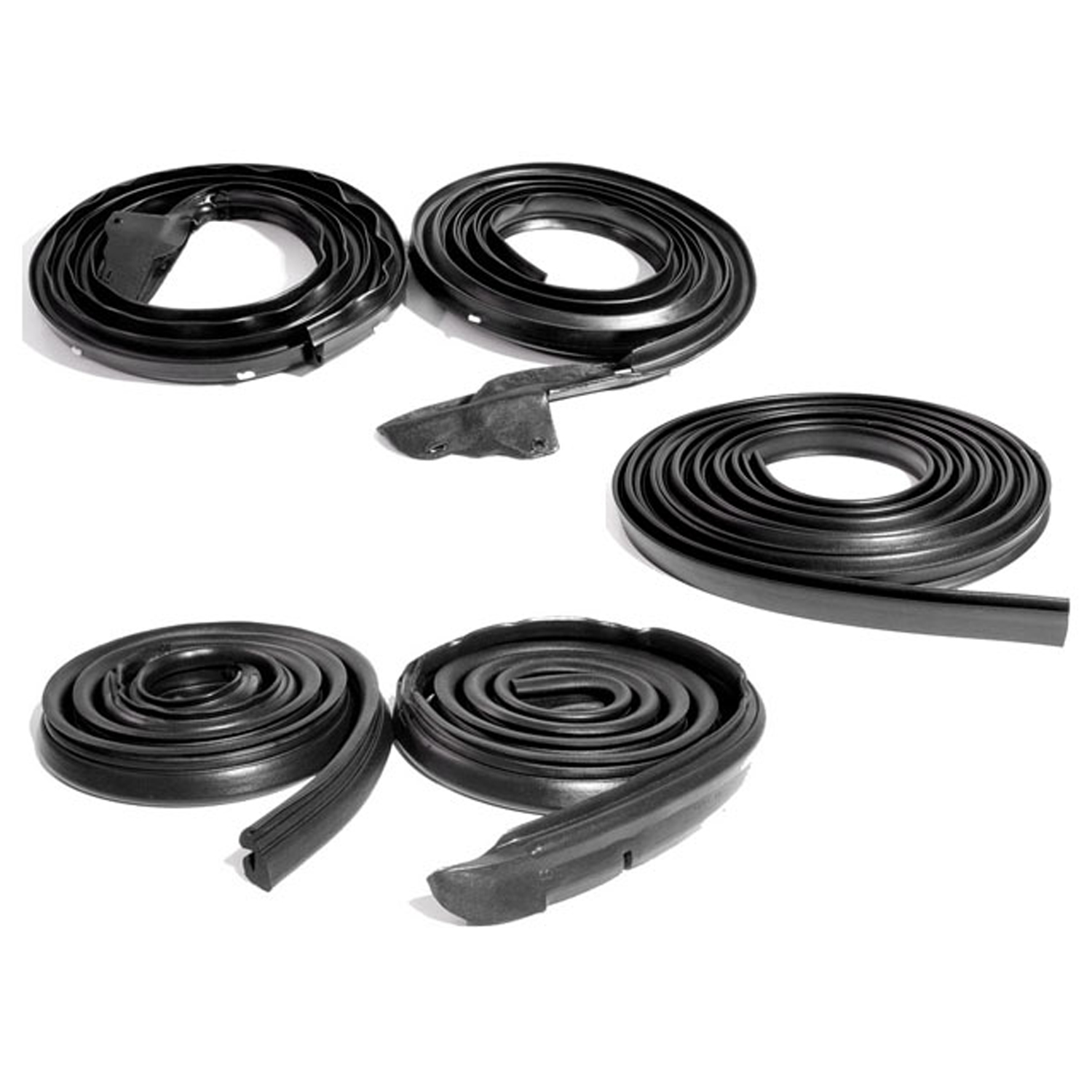 1968 Dodge Coronet Basic Kit, for 2-Door Hardtop-RKB 4005-107Basic Kit, for 2-Door Hardtop. Door (LM 23) Roof Rail (RR 4001-A) Trunk (TK 2322), Seals.
1968 Dodge Coronet Basic Kit, for 2-Door Hardtop-RKB 4005-107Basic Kit, for 2-Door Hardtop. Door (LM 23) Roof Rail (RR 4001-A) Trunk (TK 2322), Seals.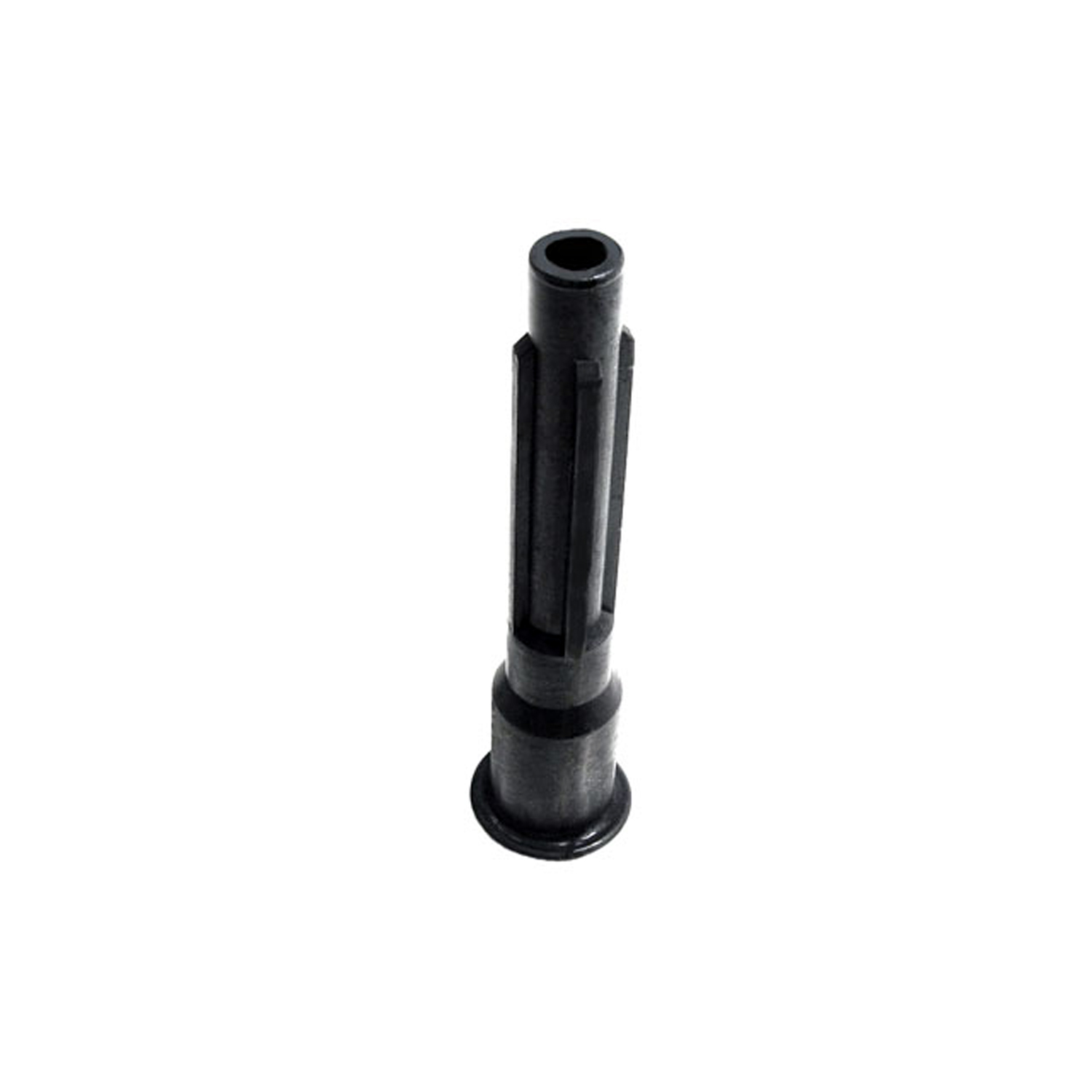 1968 Dodge Coronet Flexible Spark Plug Boot, used on Hemi's with power brakes-RP 1-MFlexible Spark Plug Boot, used on Hemi's with power brakes. 4" long, 5/16" upper i.d., 5/8" lower i.d. Each
1968 Dodge Coronet Flexible Spark Plug Boot, used on Hemi's with power brakes-RP 1-MFlexible Spark Plug Boot, used on Hemi's with power brakes. 4" long, 5/16" upper i.d., 5/8" lower i.d. Each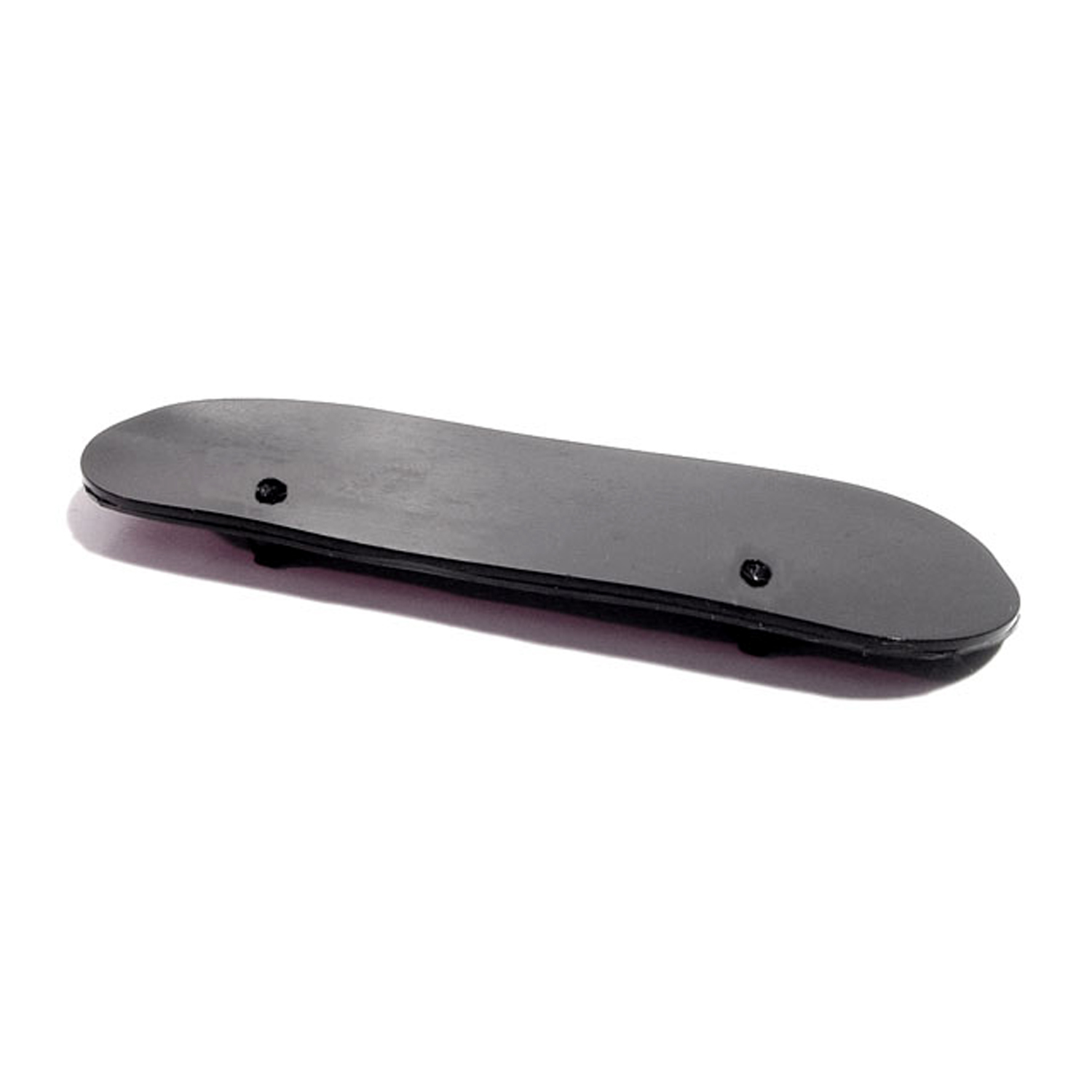 1968 Dodge Coronet Drain Flap on Cowl. Each-RP 900-ADrain Flap on Cowl. Each
1968 Dodge Coronet Drain Flap on Cowl. Each-RP 900-ADrain Flap on Cowl. Each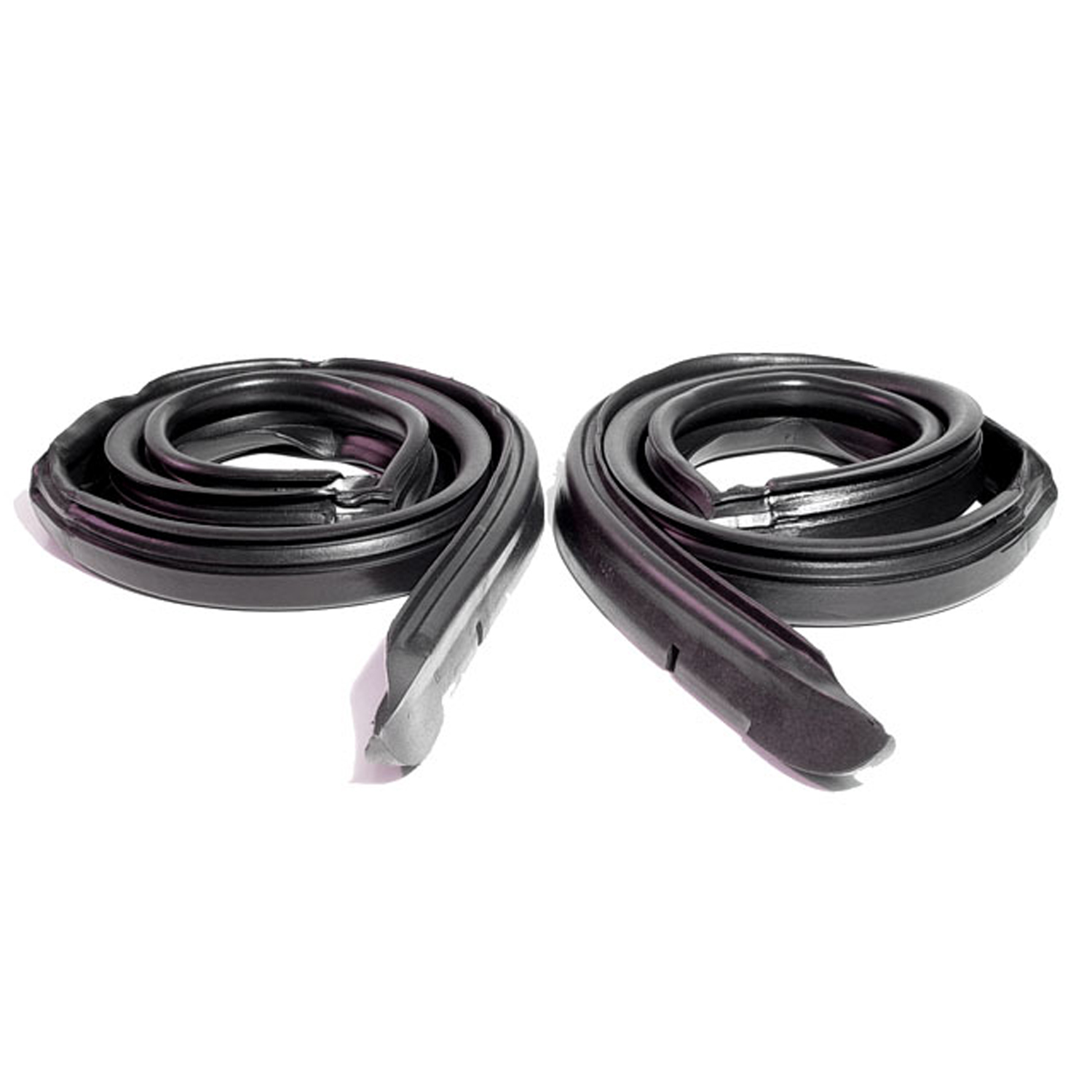 1968 Dodge Coronet Molded Roof Rail Seals, for 2-Door Hardtop with Post-RR 4001Molded Roof Rail Seals, for 2-Door Hardtop with Post. Pair R&L
1968 Dodge Coronet Molded Roof Rail Seals, for 2-Door Hardtop with Post-RR 4001Molded Roof Rail Seals, for 2-Door Hardtop with Post. Pair R&L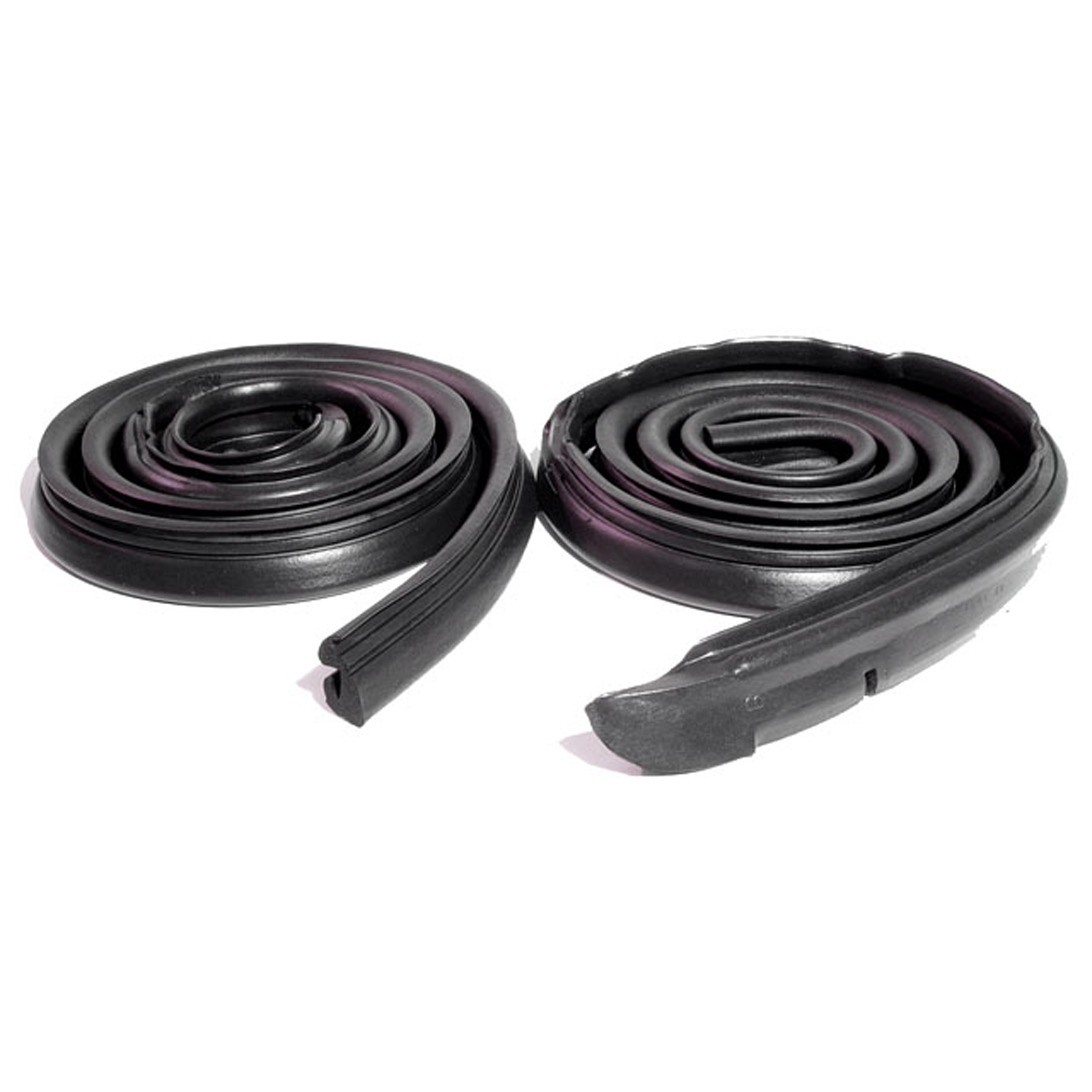 1968 Dodge Coronet Molded Roof Rail Seals, for 2-Door Hardtop without Post-RR 4001-AMolded Roof Rail Seals, for 2-Door Hardtop without Post. Pair R&L
1968 Dodge Coronet Molded Roof Rail Seals, for 2-Door Hardtop without Post-RR 4001-AMolded Roof Rail Seals, for 2-Door Hardtop without Post. Pair R&L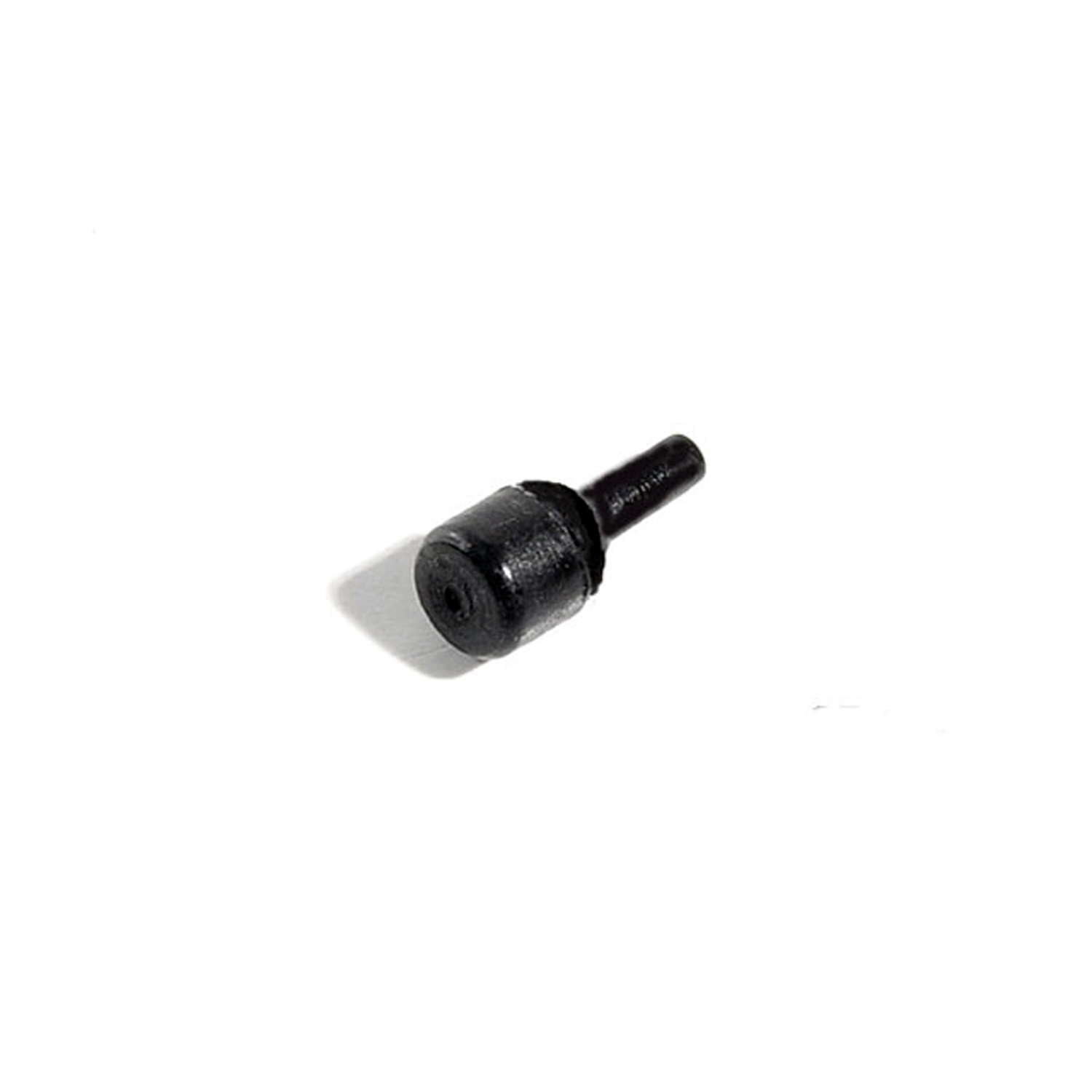 1968 Dodge Coronet Ashtray Bumper. 9/16" Long. Each-SB 120Ashtray Bumper. 9/16" Long. Each
1968 Dodge Coronet Ashtray Bumper. 9/16" Long. Each-SB 120Ashtray Bumper. 9/16" Long. Each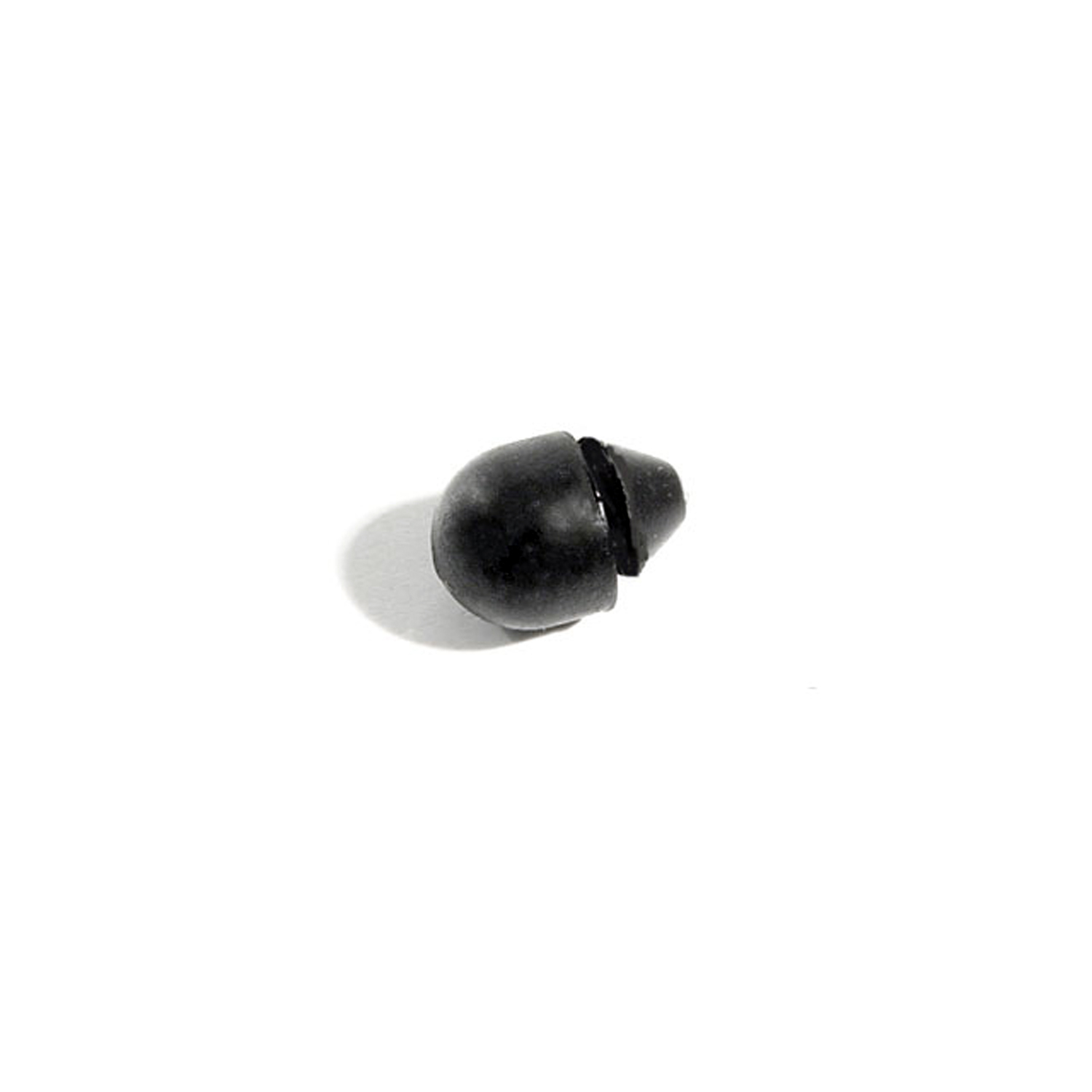 1968 Dodge Coronet Glove Box Bumper. 1/2" Long. Each-SB 121Glove Box Bumper. 1/2" Long. Each
1968 Dodge Coronet Glove Box Bumper. 1/2" Long. Each-SB 121Glove Box Bumper. 1/2" Long. Each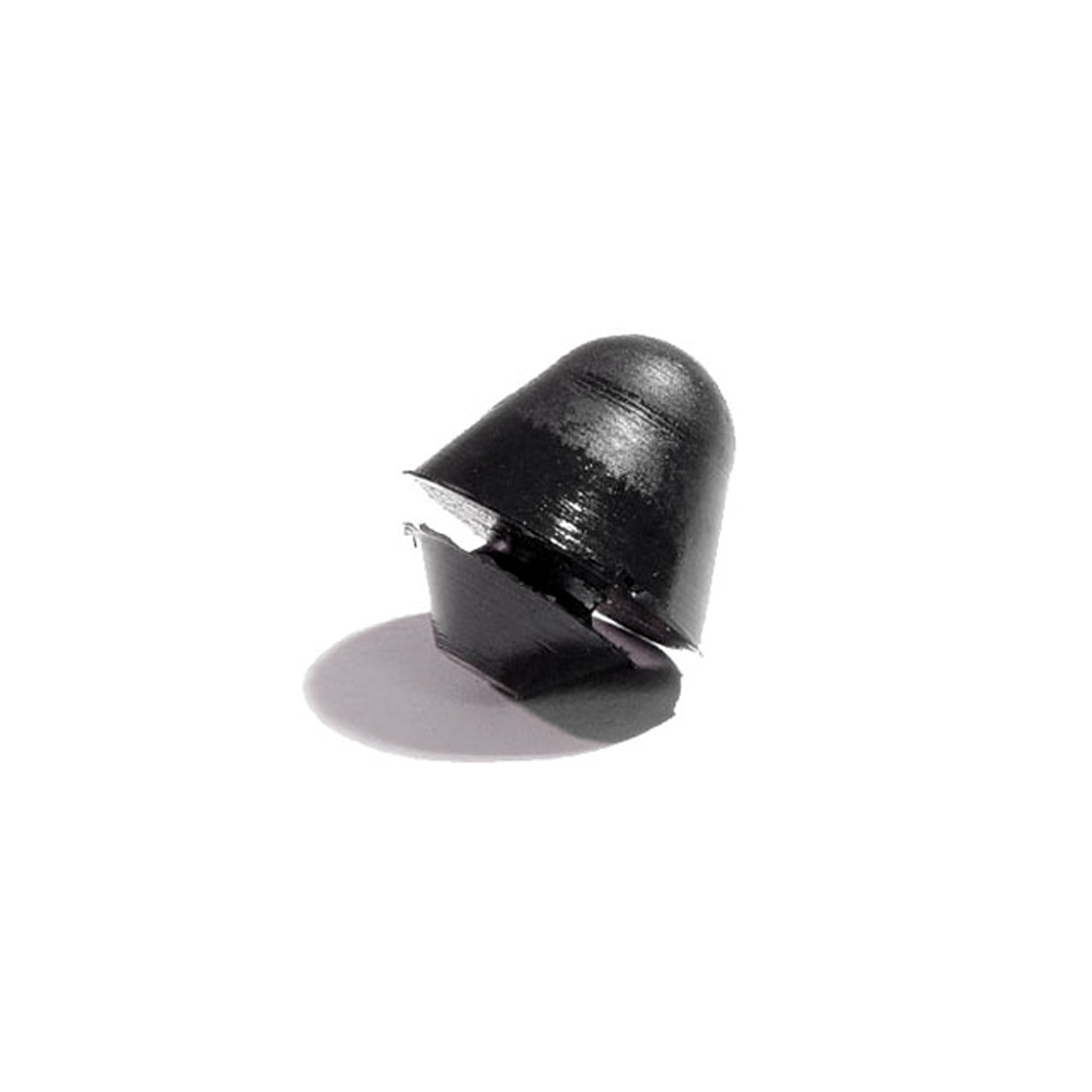 1968 Dodge Coronet Glove Box Bumper. Each-SB 121-AGlove Box Bumper. Each
1968 Dodge Coronet Glove Box Bumper. Each-SB 121-AGlove Box Bumper. Each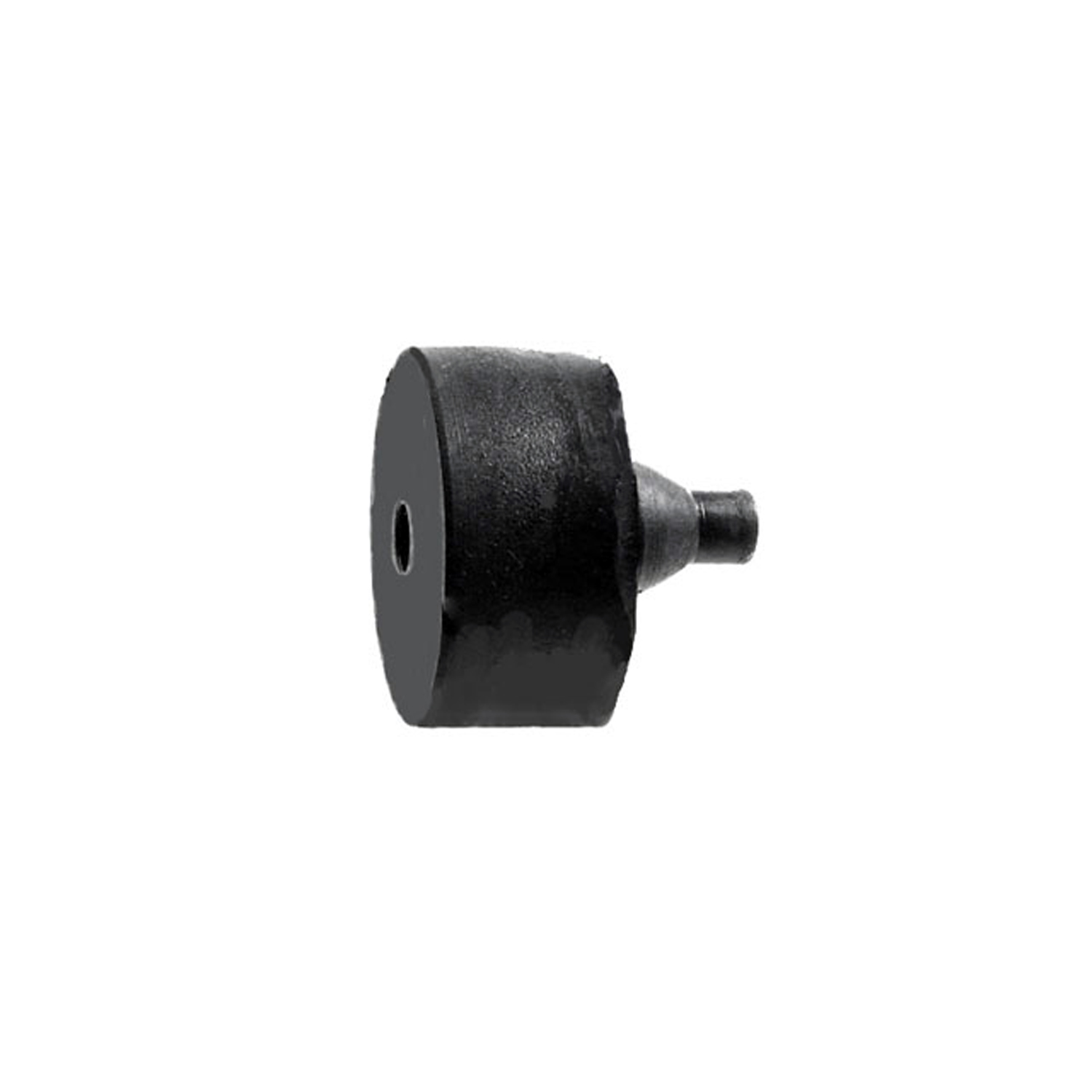 1968 Dodge Coronet Hood and Trunk Bumper. Replaces OEM #2785714. Each-SB 124Hood and Trunk Bumper. Replaces OEM #2785714. Each
1968 Dodge Coronet Hood and Trunk Bumper. Replaces OEM #2785714. Each-SB 124Hood and Trunk Bumper. Replaces OEM #2785714. Each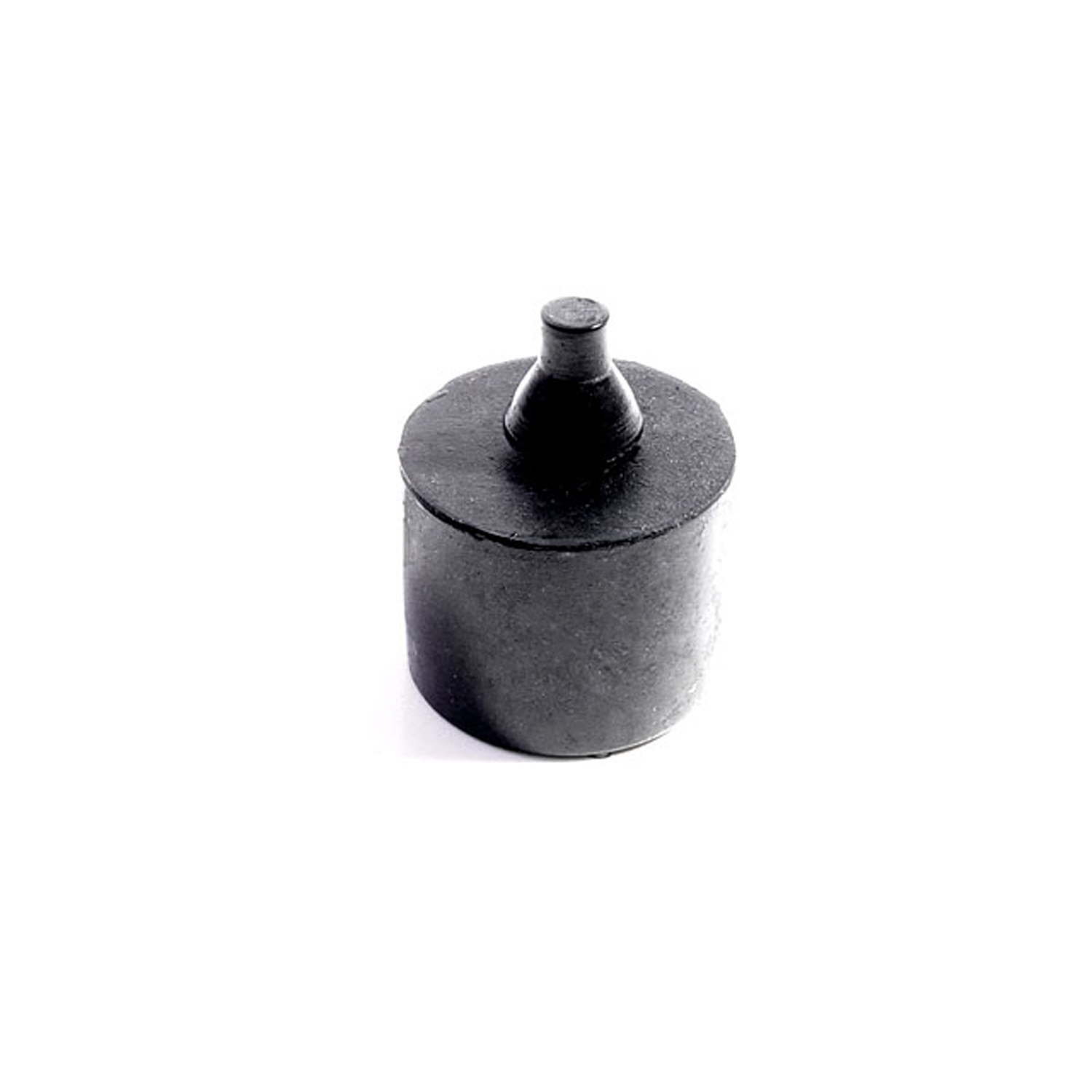 1968 Dodge Coronet Rear Center Hood & Trunk Bumper ('68: Trunk '70-'74: Hood)-SB 125Rear Center Hood & Trunk Bumper ('68: Trunk '70-'74: Hood). 1-1/8" high, 15/16" O.D. Each
1968 Dodge Coronet Rear Center Hood & Trunk Bumper ('68: Trunk '70-'74: Hood)-SB 125Rear Center Hood & Trunk Bumper ('68: Trunk '70-'74: Hood). 1-1/8" high, 15/16" O.D. Each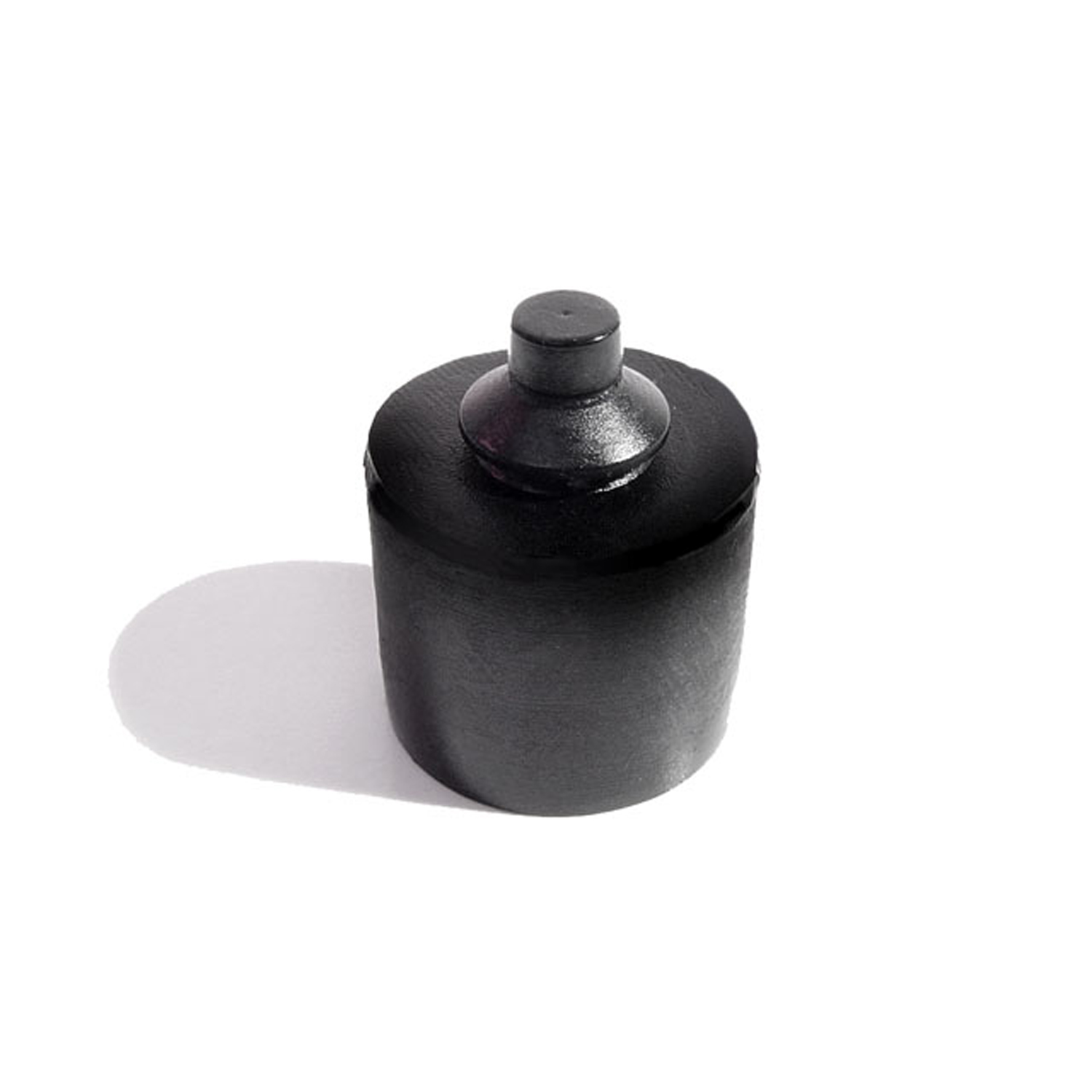 1968 Dodge Coronet Trunk Bumper. Each-SB 125-ATrunk Bumper. Each Width side to side 7/8". Height of bumper head 3/4 tall. Stem width is 3/8 Width of step 1/2. Hole at the top 1/8 diameter.
1968 Dodge Coronet Trunk Bumper. Each-SB 125-ATrunk Bumper. Each Width side to side 7/8". Height of bumper head 3/4 tall. Stem width is 3/8 Width of step 1/2. Hole at the top 1/8 diameter.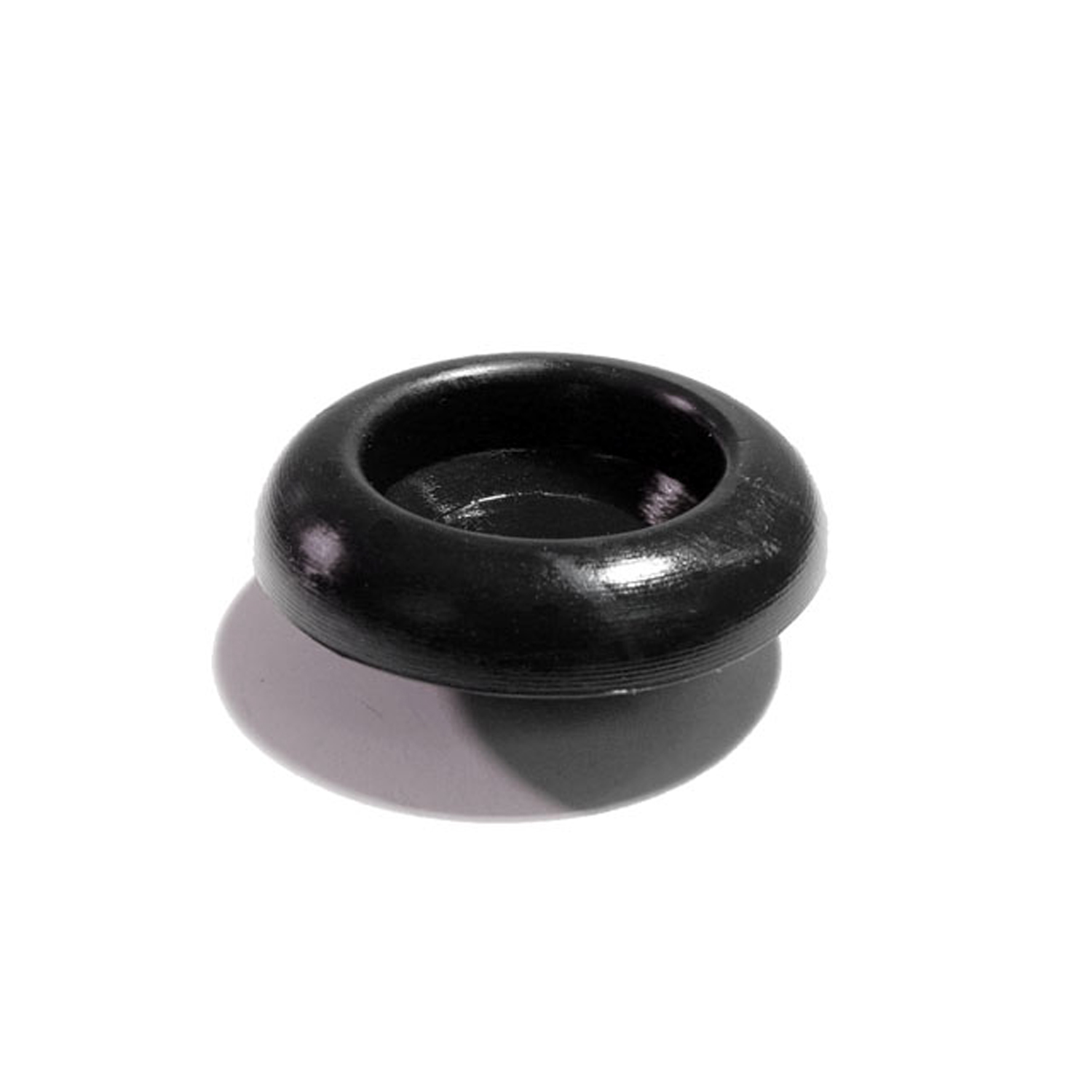 1968 Dodge Coronet Trunk and Body Plug. Fits 1-1/8" hole. Each-SB 127-DTrunk and Body Plug. Fits 1-1/8" hole. Each
1968 Dodge Coronet Trunk and Body Plug. Fits 1-1/8" hole. Each-SB 127-DTrunk and Body Plug. Fits 1-1/8" hole. Each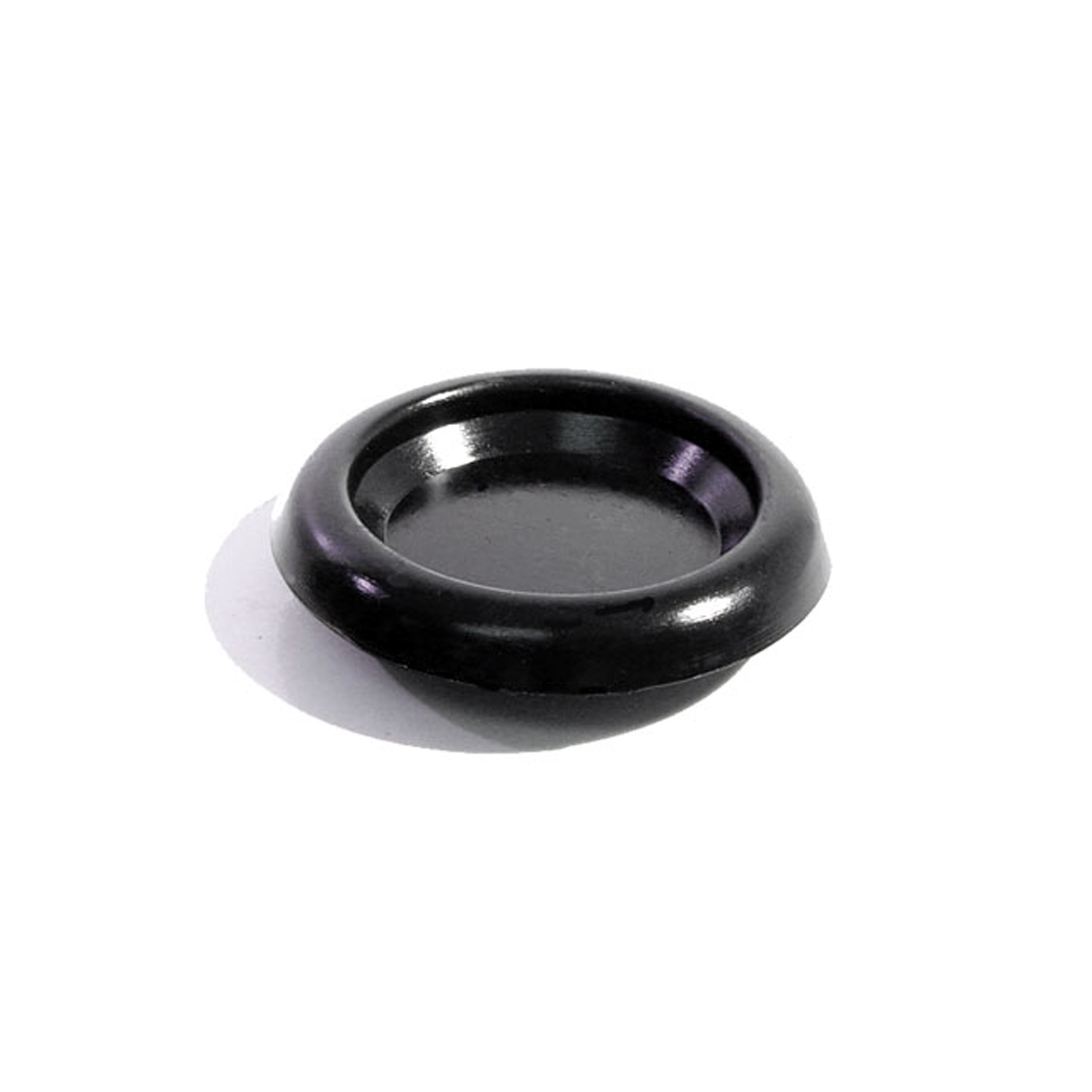 1968 Dodge Coronet Trunk and Body Plug. Fits 1-15/16" hole. Each-SB 127-ETrunk and Body Plug. Fits 1-15/16" hole. Each
1968 Dodge Coronet Trunk and Body Plug. Fits 1-15/16" hole. Each-SB 127-ETrunk and Body Plug. Fits 1-15/16" hole. Each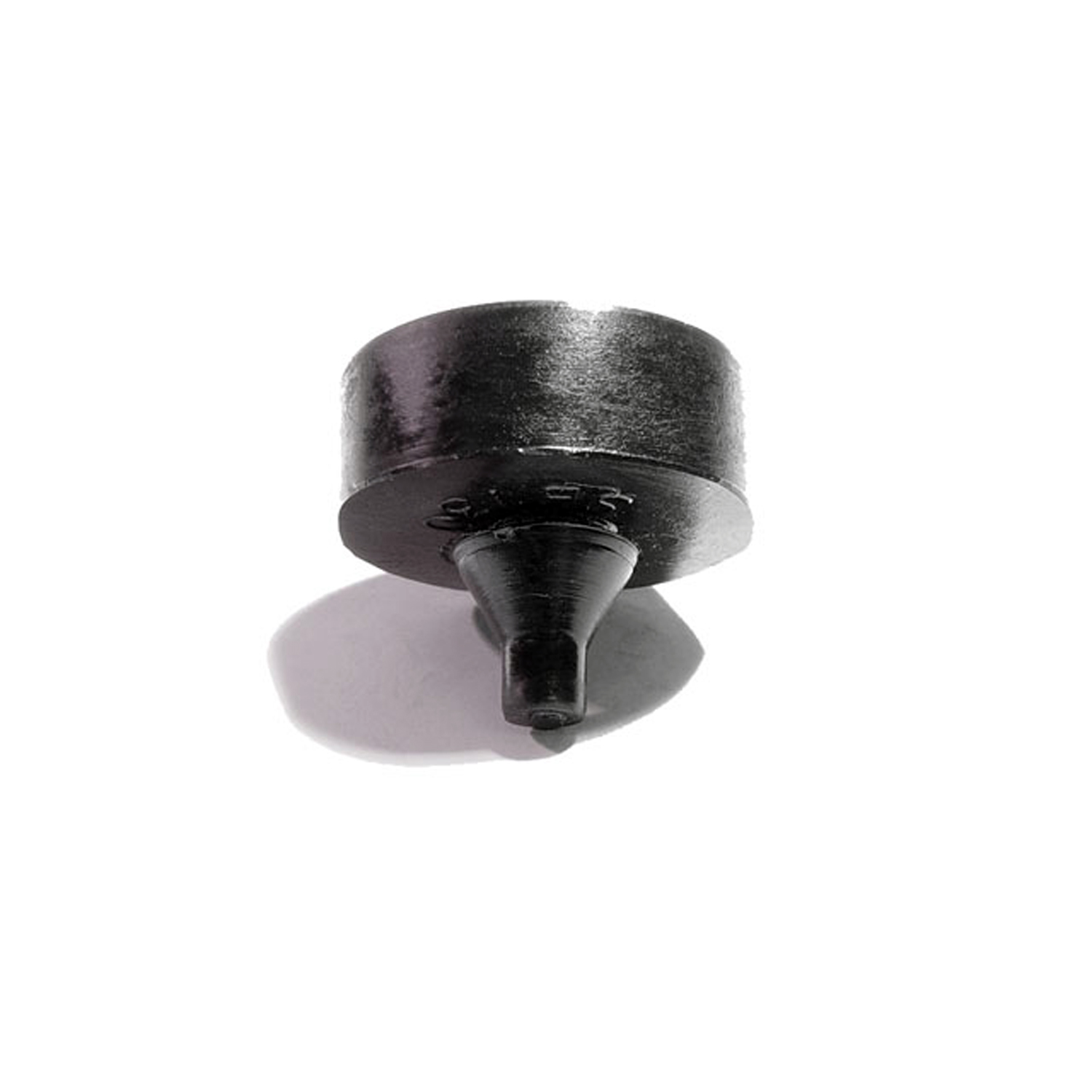 1968 Dodge Coronet Hood and Trunk Bumper. Each-SB 130Hood and Trunk Bumper. Each
1968 Dodge Coronet Hood and Trunk Bumper. Each-SB 130Hood and Trunk Bumper. Each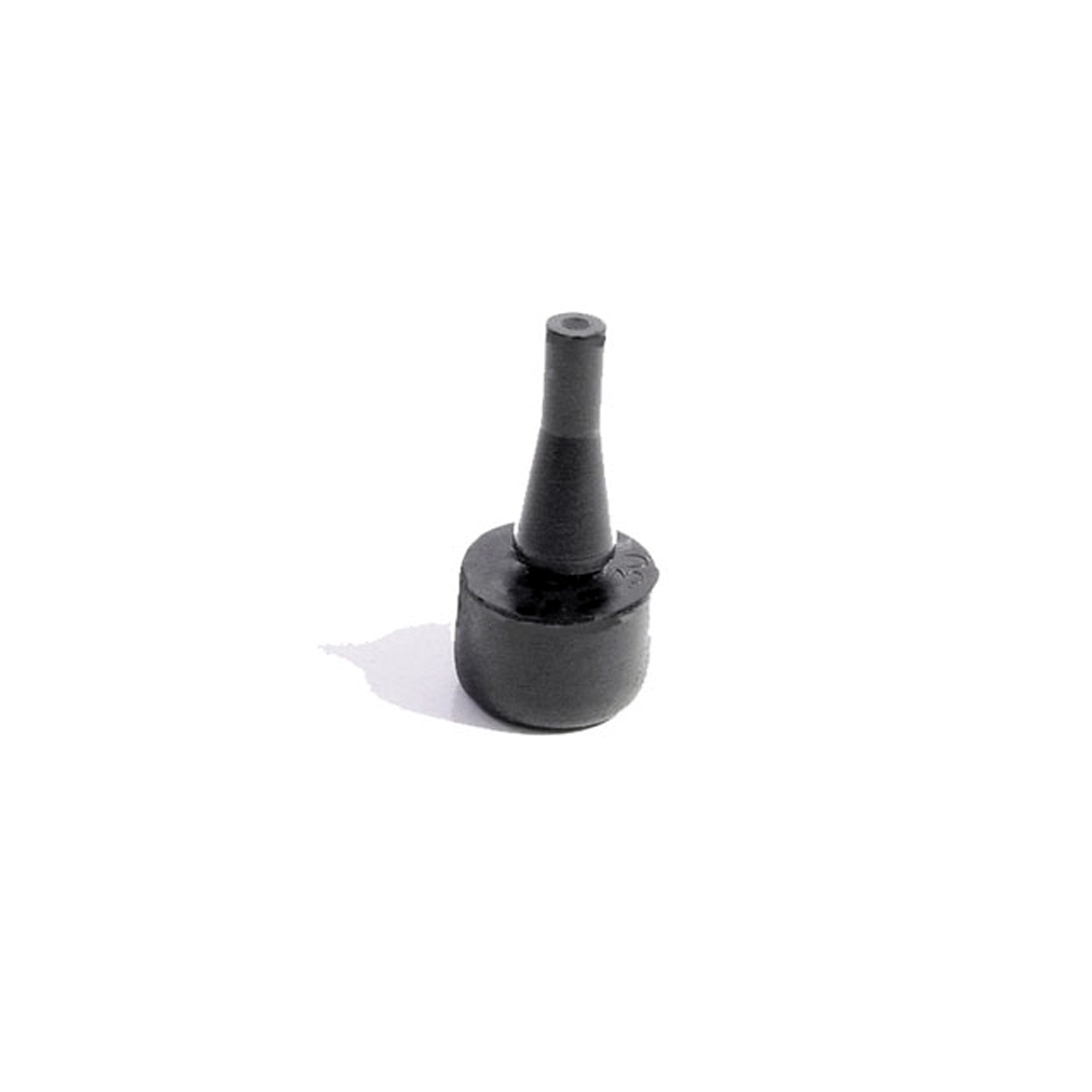 1968 Dodge Coronet Rear Cowl Bumper. 5/8" O.D., 1" high. Each-SB 30-MRear Cowl Bumper. 5/8" O.D., 1" high. Each
1968 Dodge Coronet Rear Cowl Bumper. 5/8" O.D., 1" high. Each-SB 30-MRear Cowl Bumper. 5/8" O.D., 1" high. Each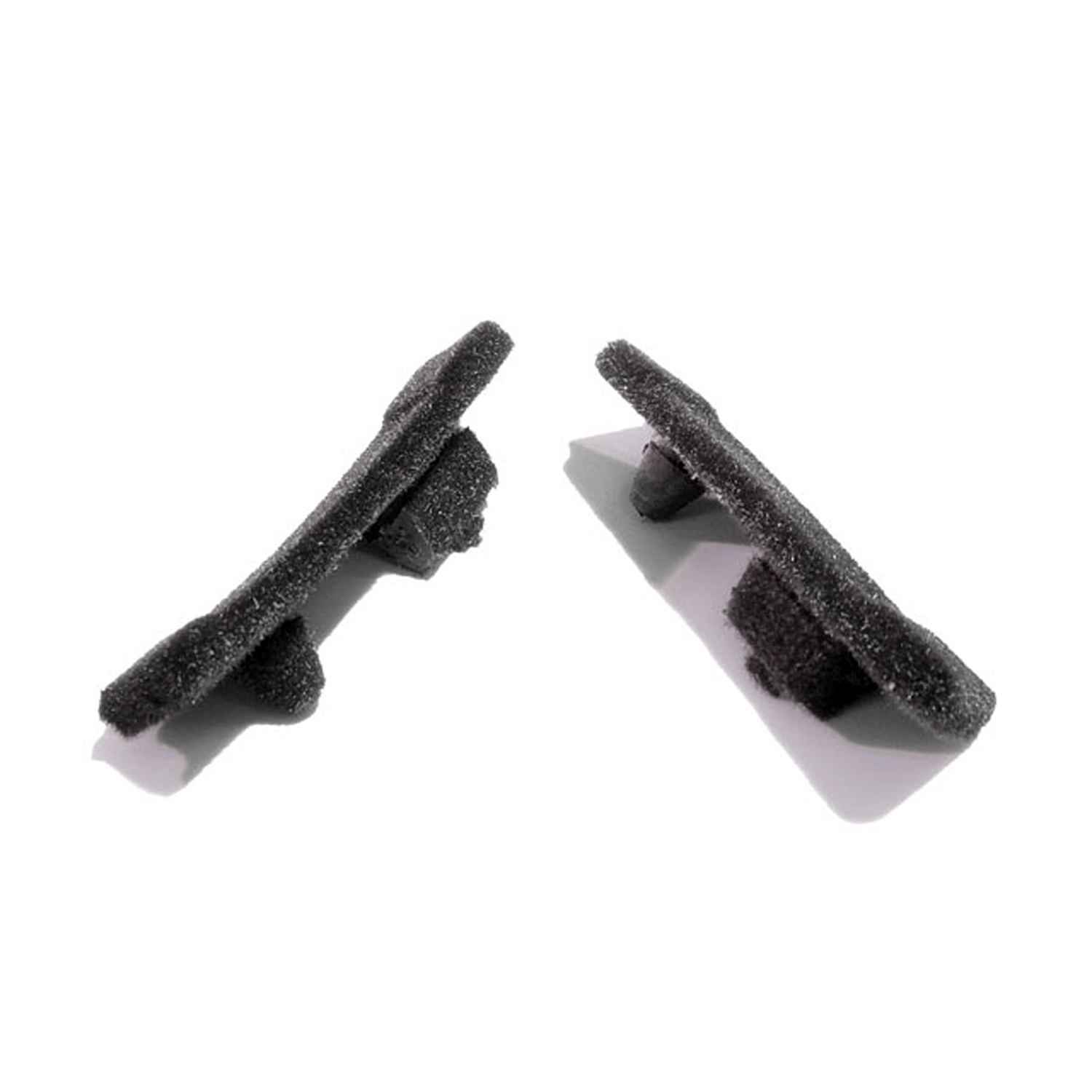 1968 Dodge Coronet Door Window Weatherstrip Plug-SB 73-BDoor Window Weatherstrip Plug. Fits at the end of outer window wipe cat whiskers. Fuzzy outer side. Pair R&L
1968 Dodge Coronet Door Window Weatherstrip Plug-SB 73-BDoor Window Weatherstrip Plug. Fits at the end of outer window wipe cat whiskers. Fuzzy outer side. Pair R&L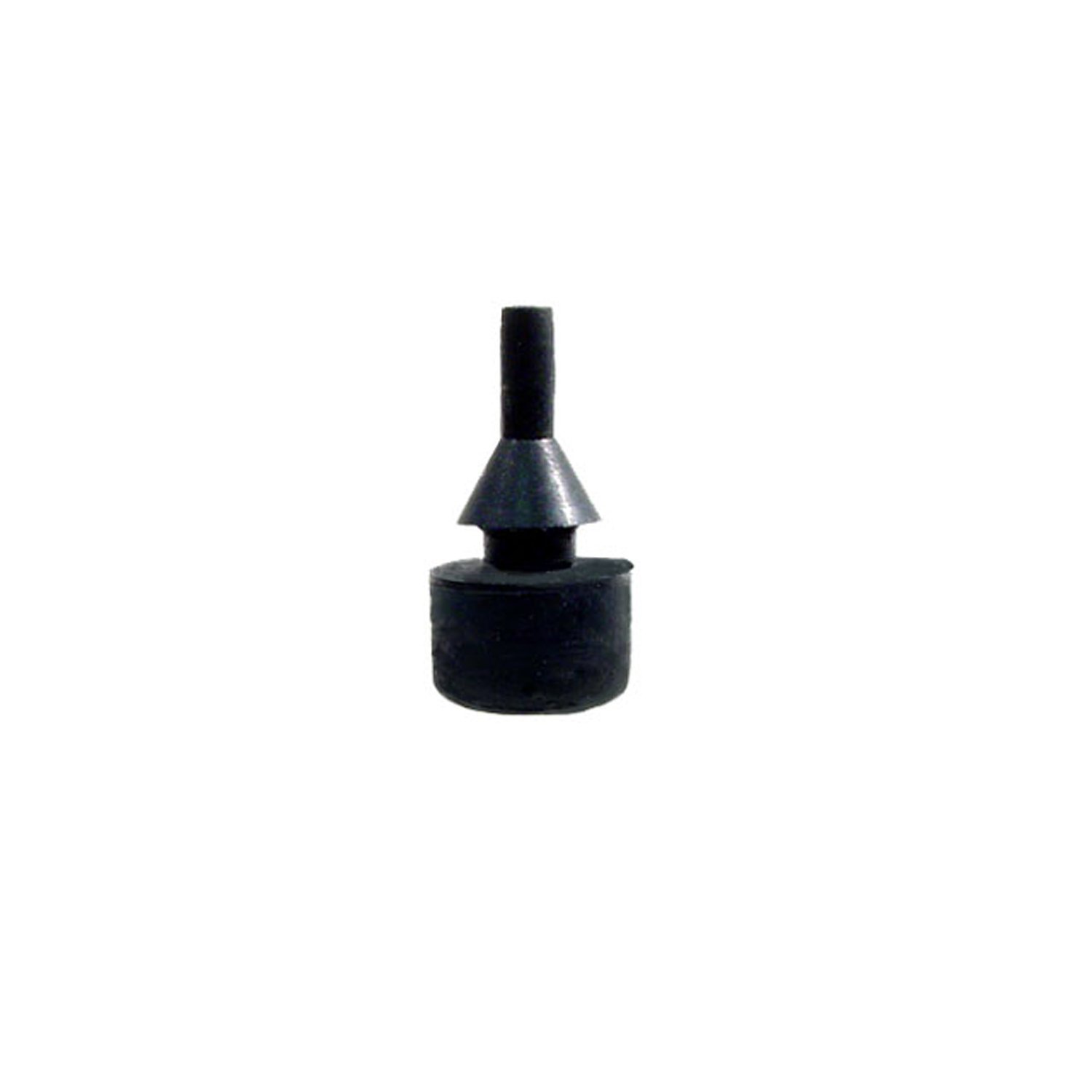 1968 Dodge Coronet License Plate Bumper. 7/16" O.D., fits a 1/4" hole. Each-SB 86License Plate Bumper. 7/16" O.D., fits a 1/4" hole. Each
1968 Dodge Coronet License Plate Bumper. 7/16" O.D., fits a 1/4" hole. Each-SB 86License Plate Bumper. 7/16" O.D., fits a 1/4" hole. Each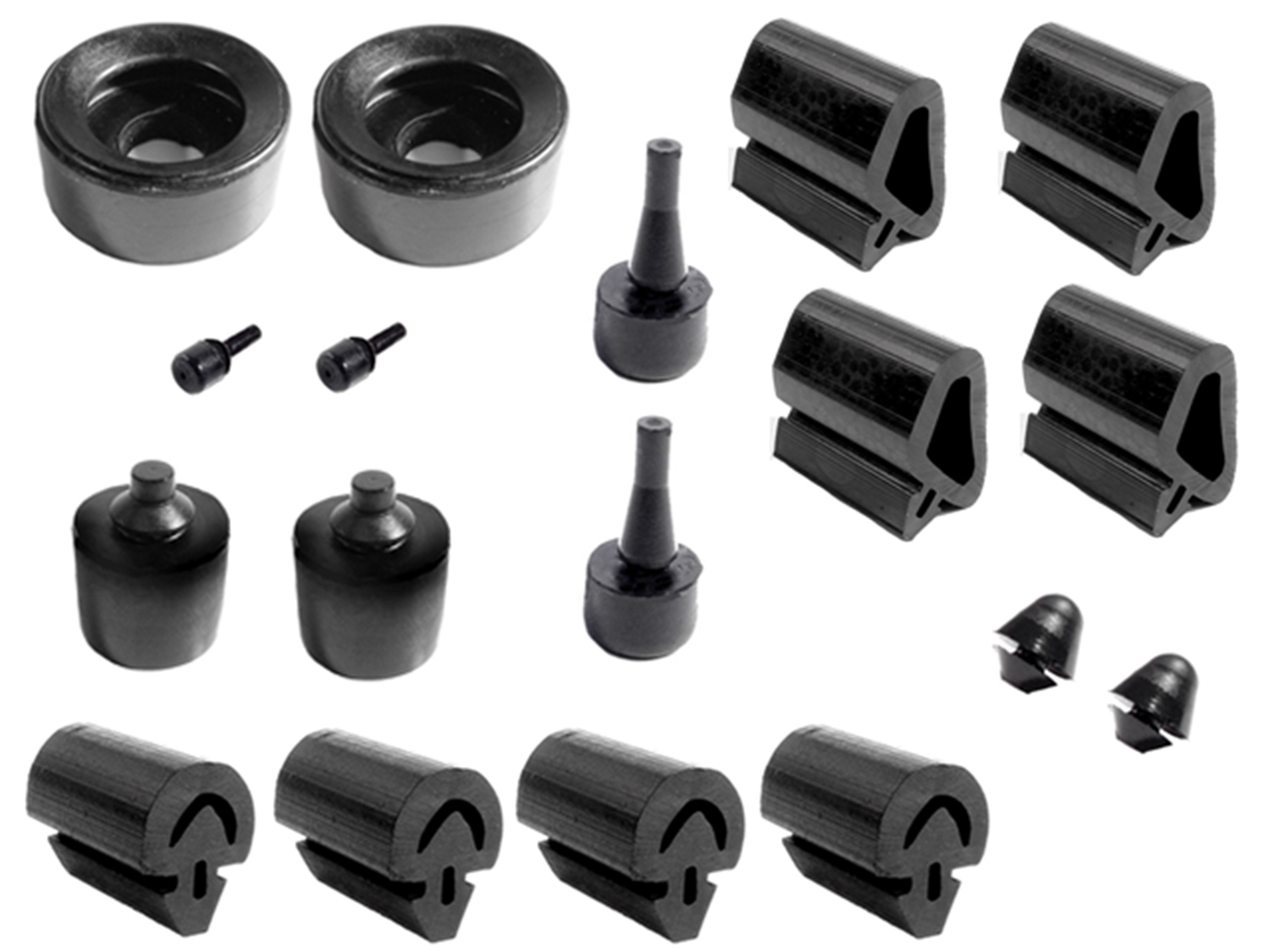 1968 Dodge Coronet Snap-in-bumper kit-SBK 2322Snap-in-bumper kit. 18-piece set includes: (4) DB 50-M, (2) HA 8-A, (4) HF 19, (2) SB 120, (2) SB 121, (2) SB125-A, (2) SB 30-M.
1968 Dodge Coronet Snap-in-bumper kit-SBK 2322Snap-in-bumper kit. 18-piece set includes: (4) DB 50-M, (2) HA 8-A, (4) HF 19, (2) SB 120, (2) SB 121, (2) SB125-A, (2) SB 30-M.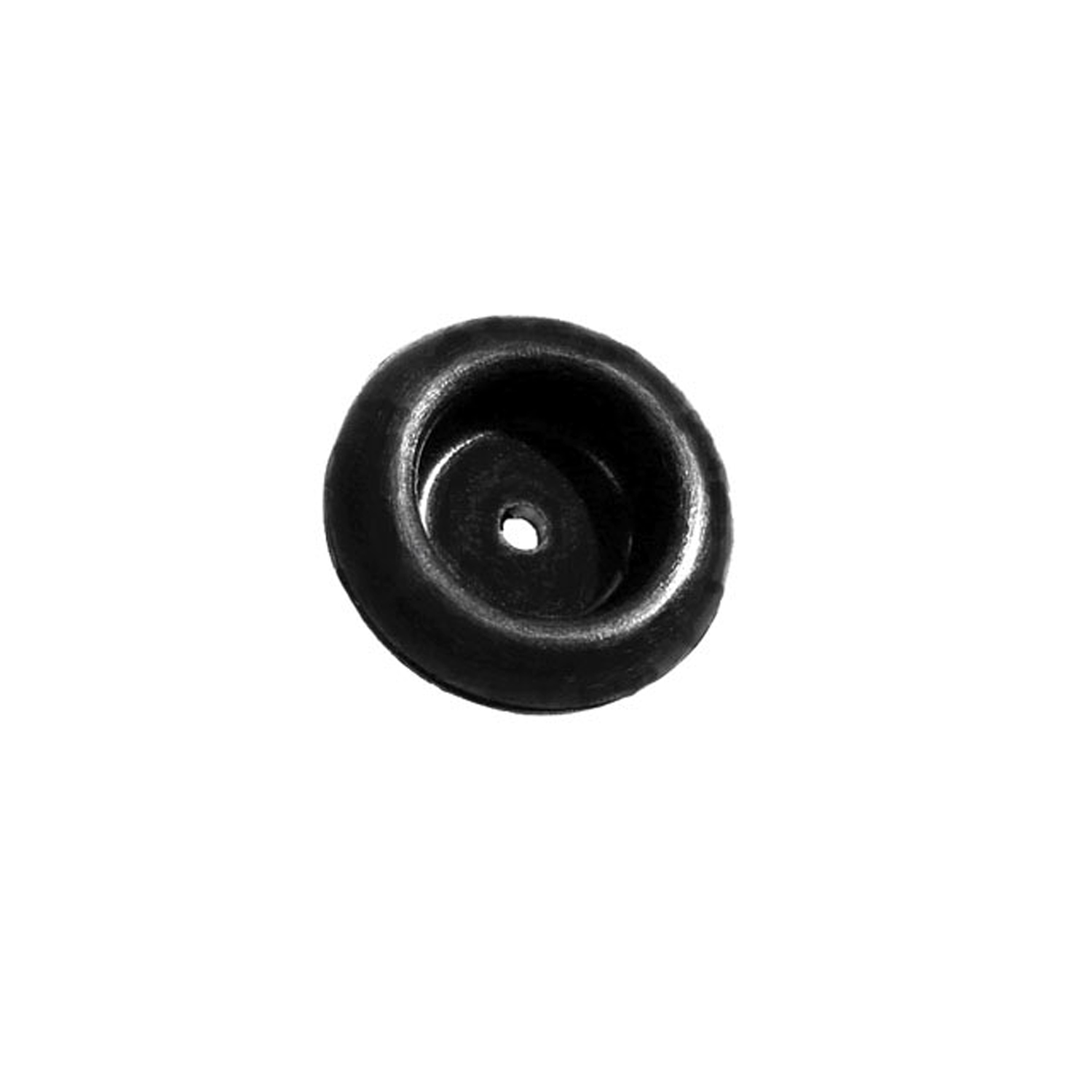 1968 Dodge Coronet Floor Panel Wire Grommet. Fits 3/4" hole. Each-SM 49Floor Panel Wire Grommet. Fits 3/4" hole. Each
1968 Dodge Coronet Floor Panel Wire Grommet. Fits 3/4" hole. Each-SM 49Floor Panel Wire Grommet. Fits 3/4" hole. Each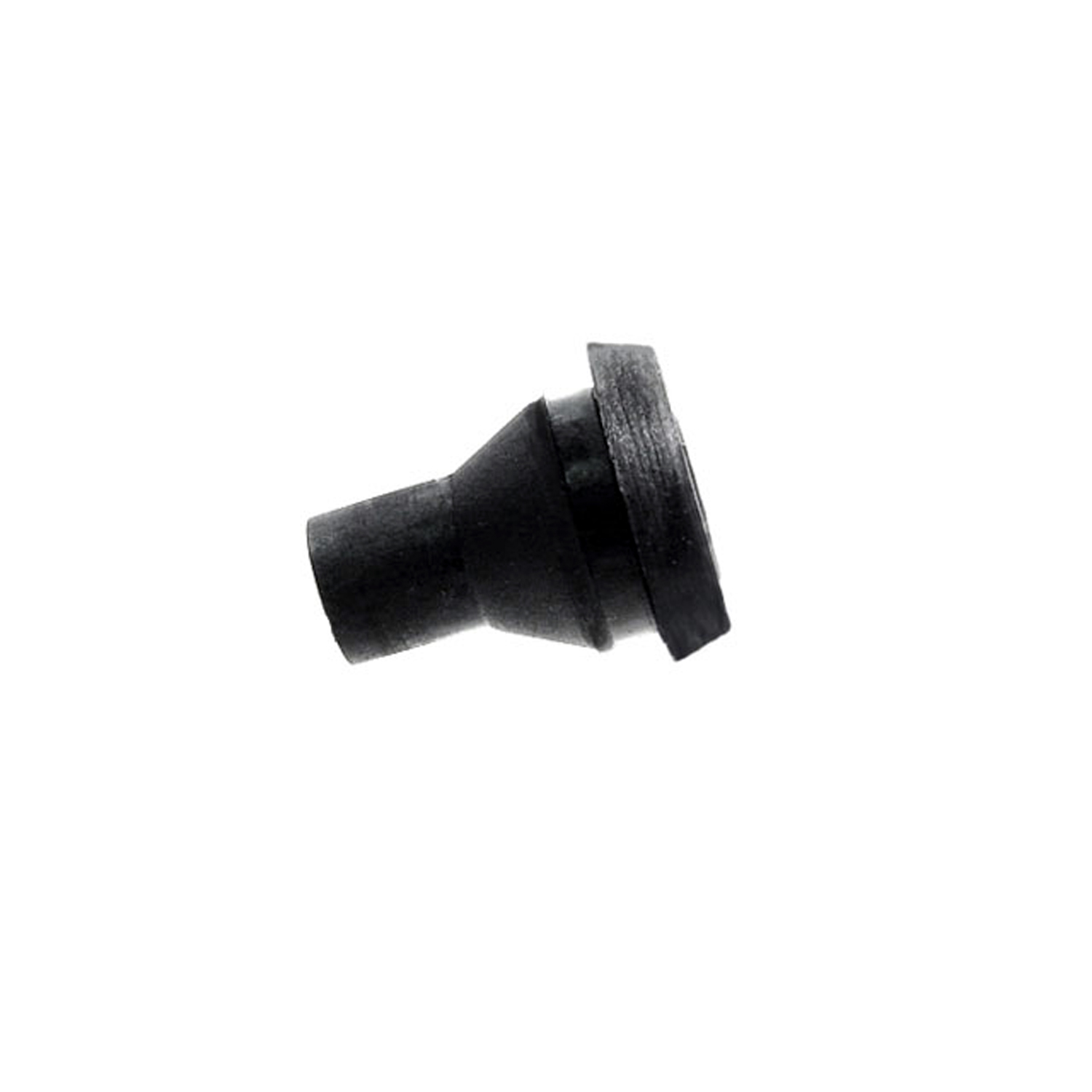 1968 Dodge Coronet License Light Wire Grommet. Each-SM 72License Light Wire Grommet. Each
1968 Dodge Coronet License Light Wire Grommet. Each-SM 72License Light Wire Grommet. Each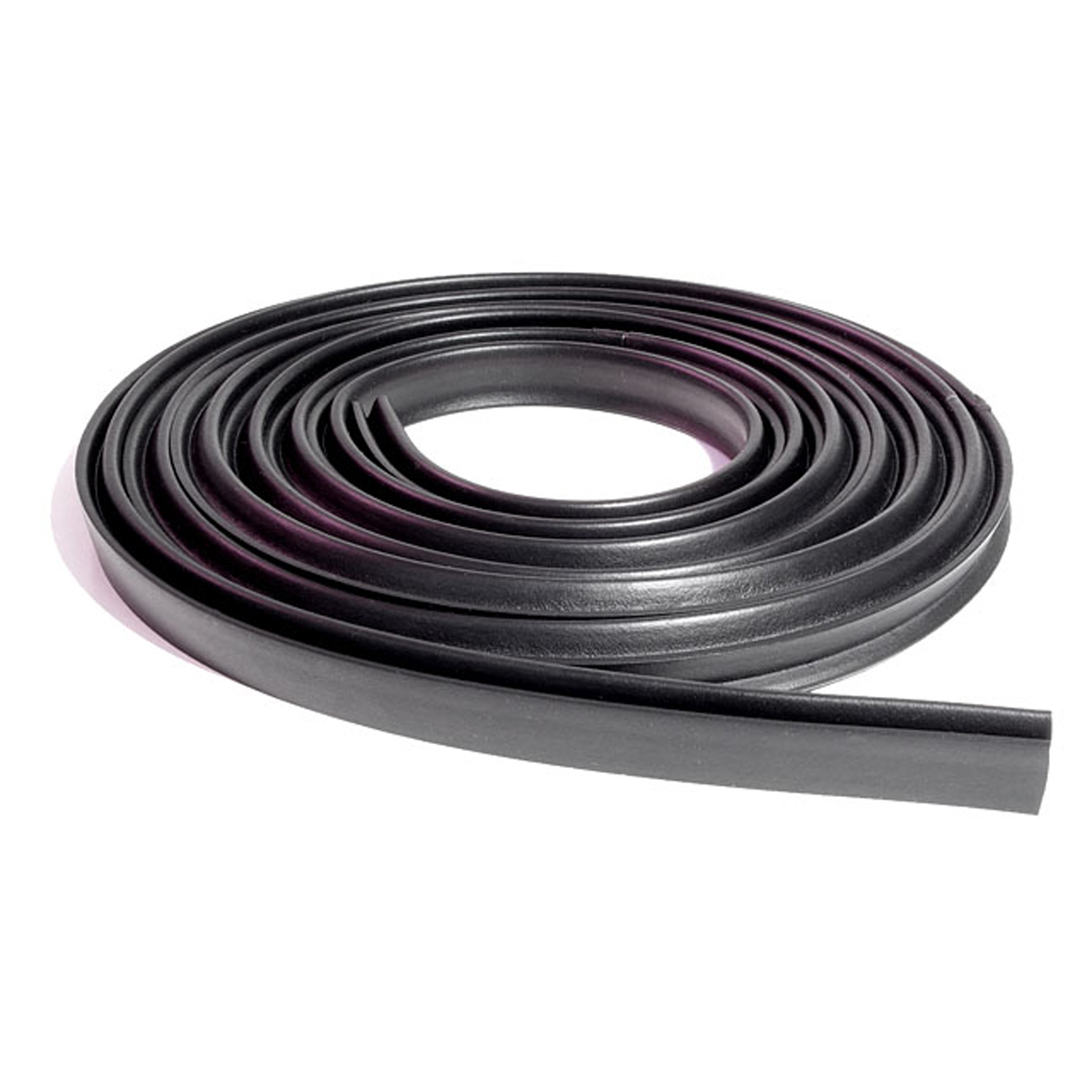 1968 Dodge Coronet Trunk Seal. Each-TK 2322Trunk Seal. Each
1968 Dodge Coronet Trunk Seal. Each-TK 2322Trunk Seal. Each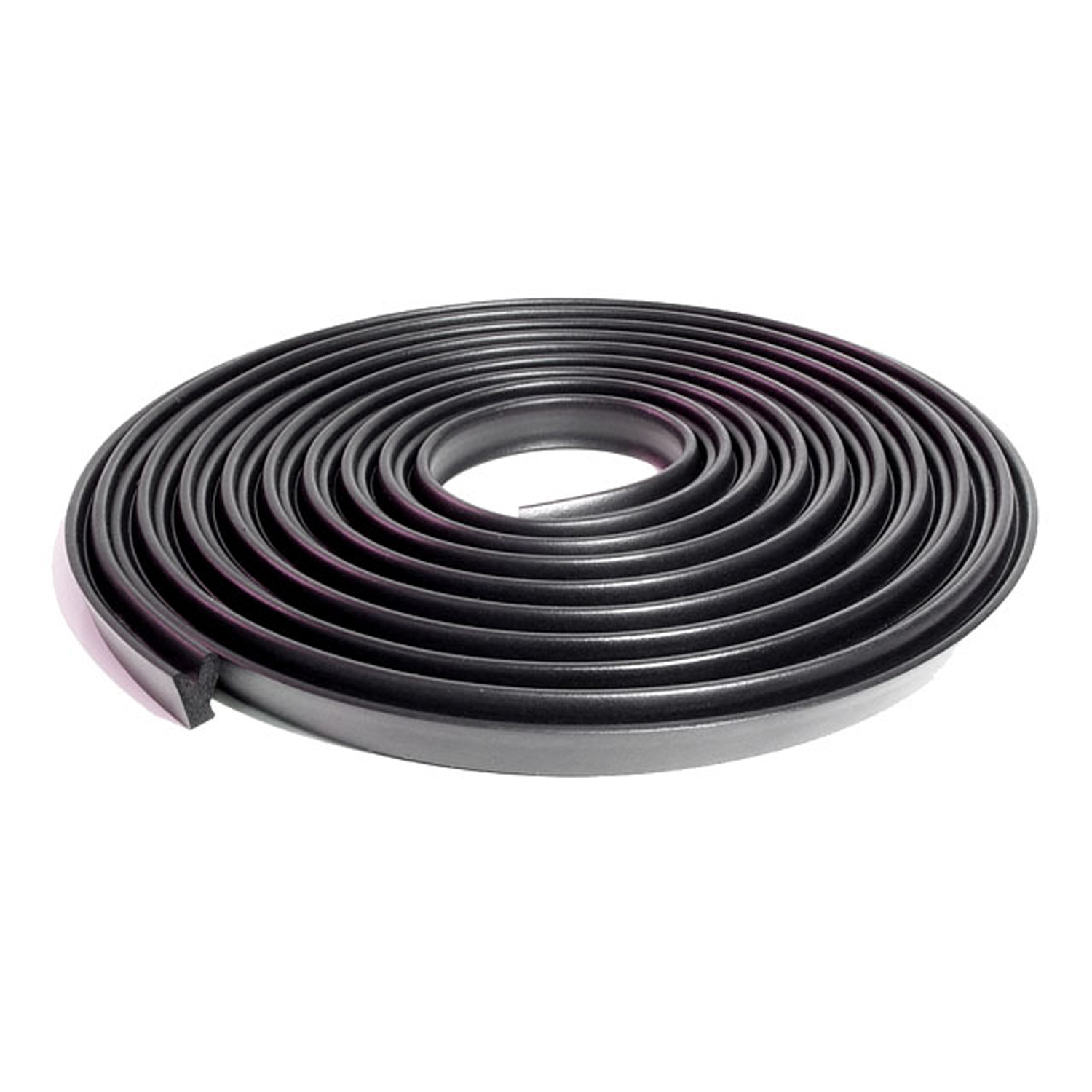 1968 Dodge Coronet Trunk Seal-TK 64-A/18Trunk Seal. For cars with flat (not D-shaped) trunk seal end profile. Each
1968 Dodge Coronet Trunk Seal-TK 64-A/18Trunk Seal. For cars with flat (not D-shaped) trunk seal end profile. Each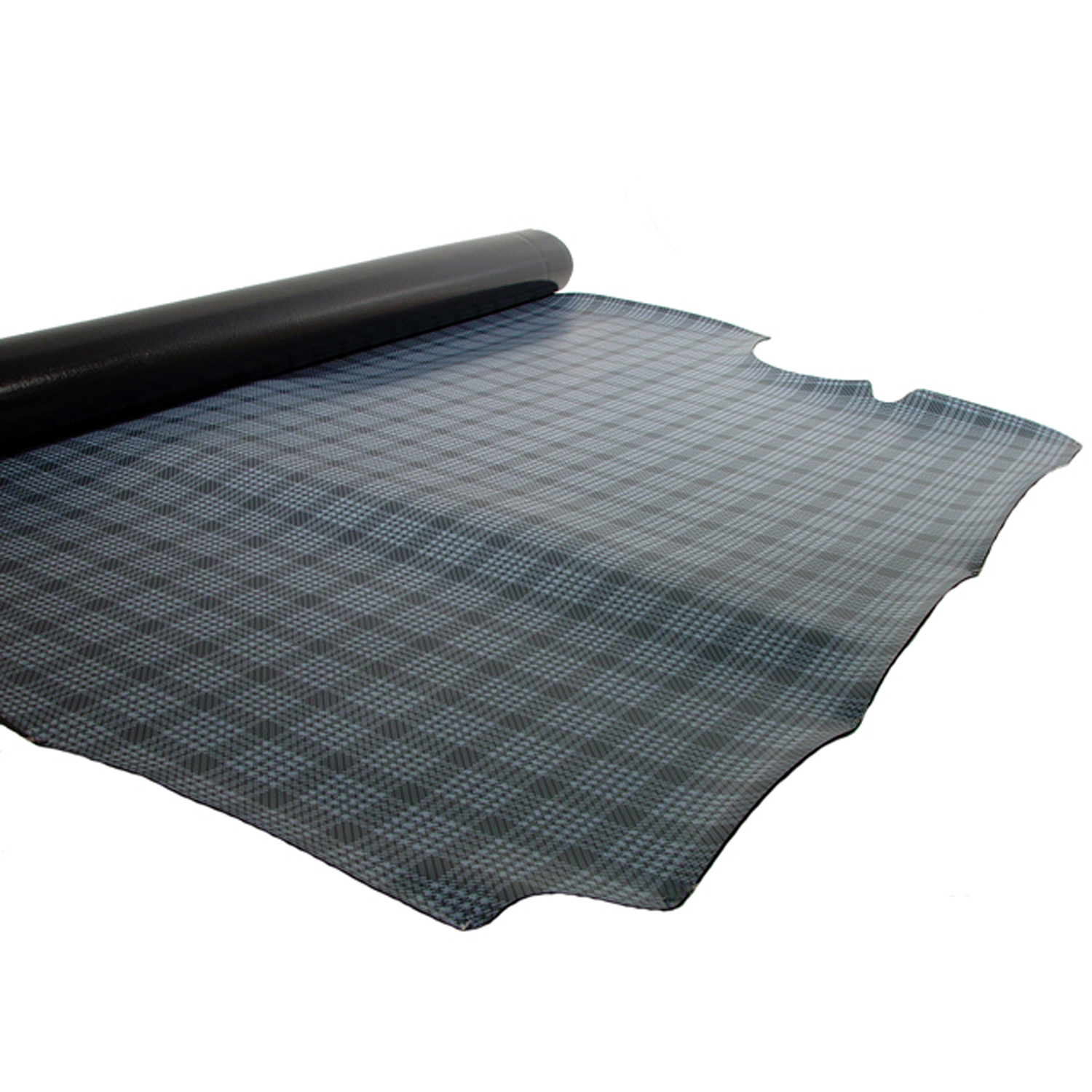 1968 Dodge Coronet Trunk Mat-TM 2700Trunk Mat. High quality reproduction, made specific for vehicle. Print on rubber. Each
1968 Dodge Coronet Trunk Mat-TM 2700Trunk Mat. High quality reproduction, made specific for vehicle. Print on rubber. Each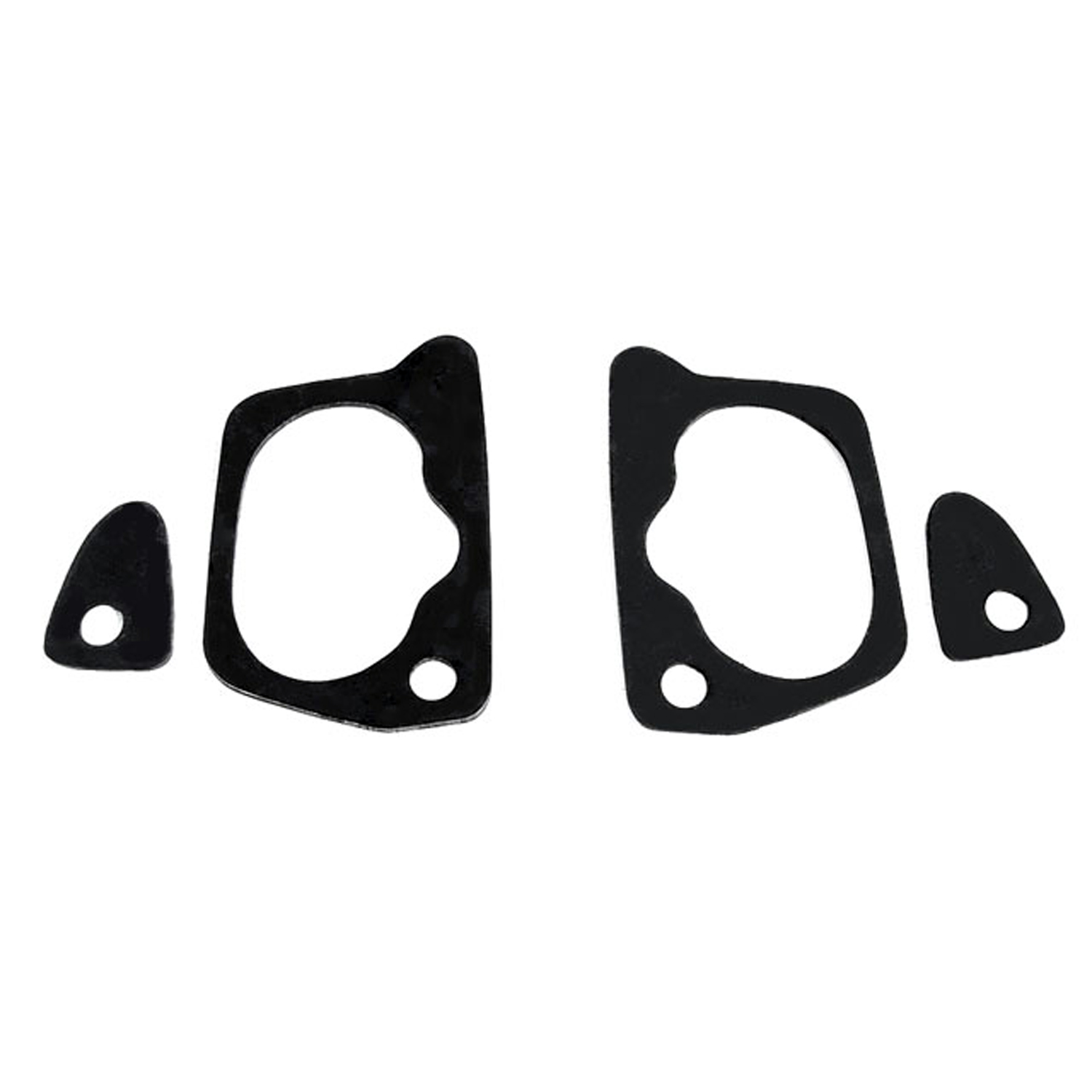 1968 Dodge Coronet Unbeaded Door Handle Mounting Pads. Set of 4-UM 2700-100Unbeaded Door Handle Mounting Pads. Set of 4
1968 Dodge Coronet Unbeaded Door Handle Mounting Pads. Set of 4-UM 2700-100Unbeaded Door Handle Mounting Pads. Set of 4 1968 Dodge Coronet Nylon Lock Cylinder Gasket. 1-1/4" O.D., 7/8" I.D. Each-UM 2700-104Nylon Lock Cylinder Gasket. 1-1/4" O.D., 7/8" I.D. Each
1968 Dodge Coronet Nylon Lock Cylinder Gasket. 1-1/4" O.D., 7/8" I.D. Each-UM 2700-104Nylon Lock Cylinder Gasket. 1-1/4" O.D., 7/8" I.D. Each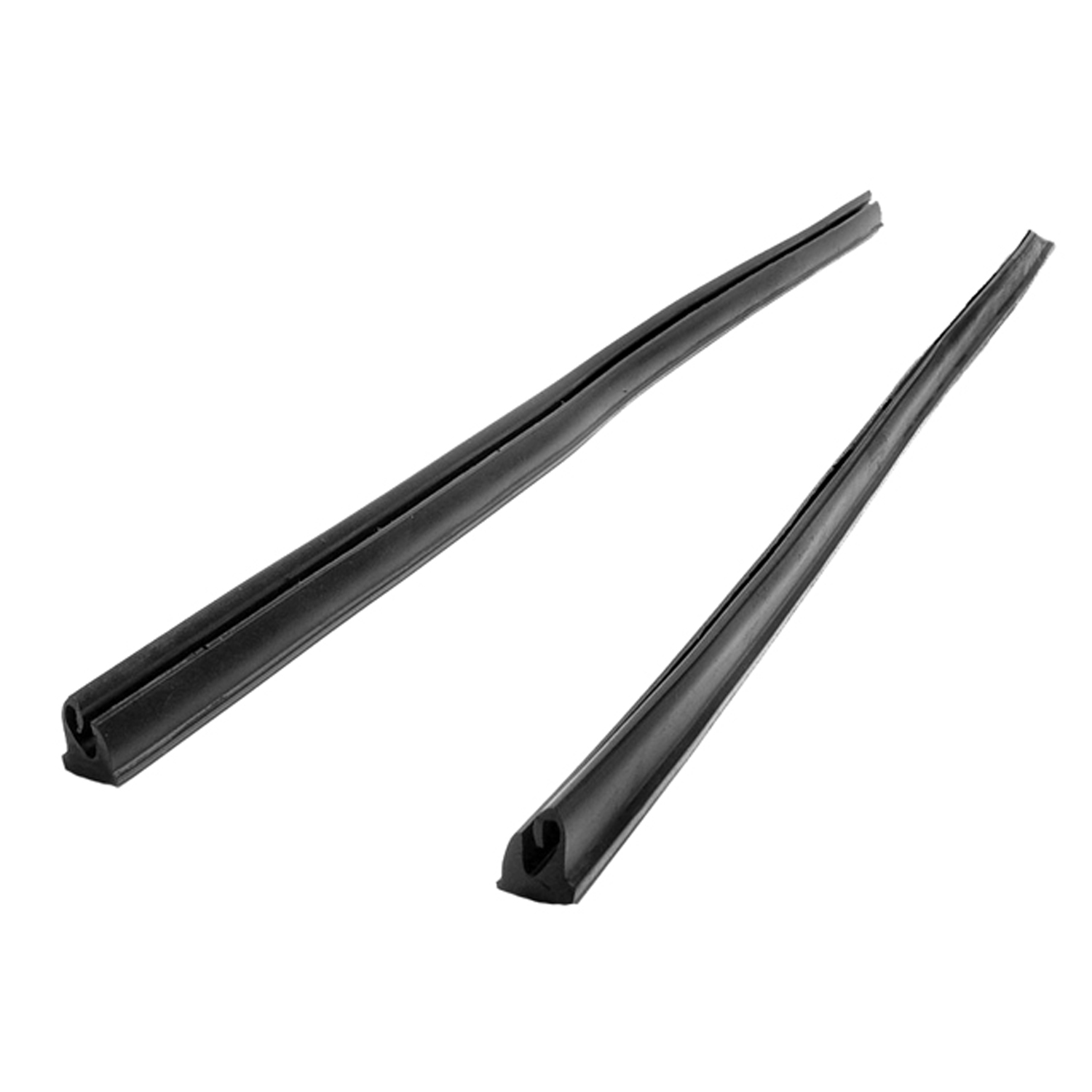 1968 Dodge Coronet Rear Roll-Up Quarter Window Seals, for 2-Door Hardtops-VS 7-ERear Roll-Up Quarter Window Seals, for 2-Door Hardtops. Replaces OEM #2811623/622. Pair
1968 Dodge Coronet Rear Roll-Up Quarter Window Seals, for 2-Door Hardtops-VS 7-ERear Roll-Up Quarter Window Seals, for 2-Door Hardtops. Replaces OEM #2811623/622. Pair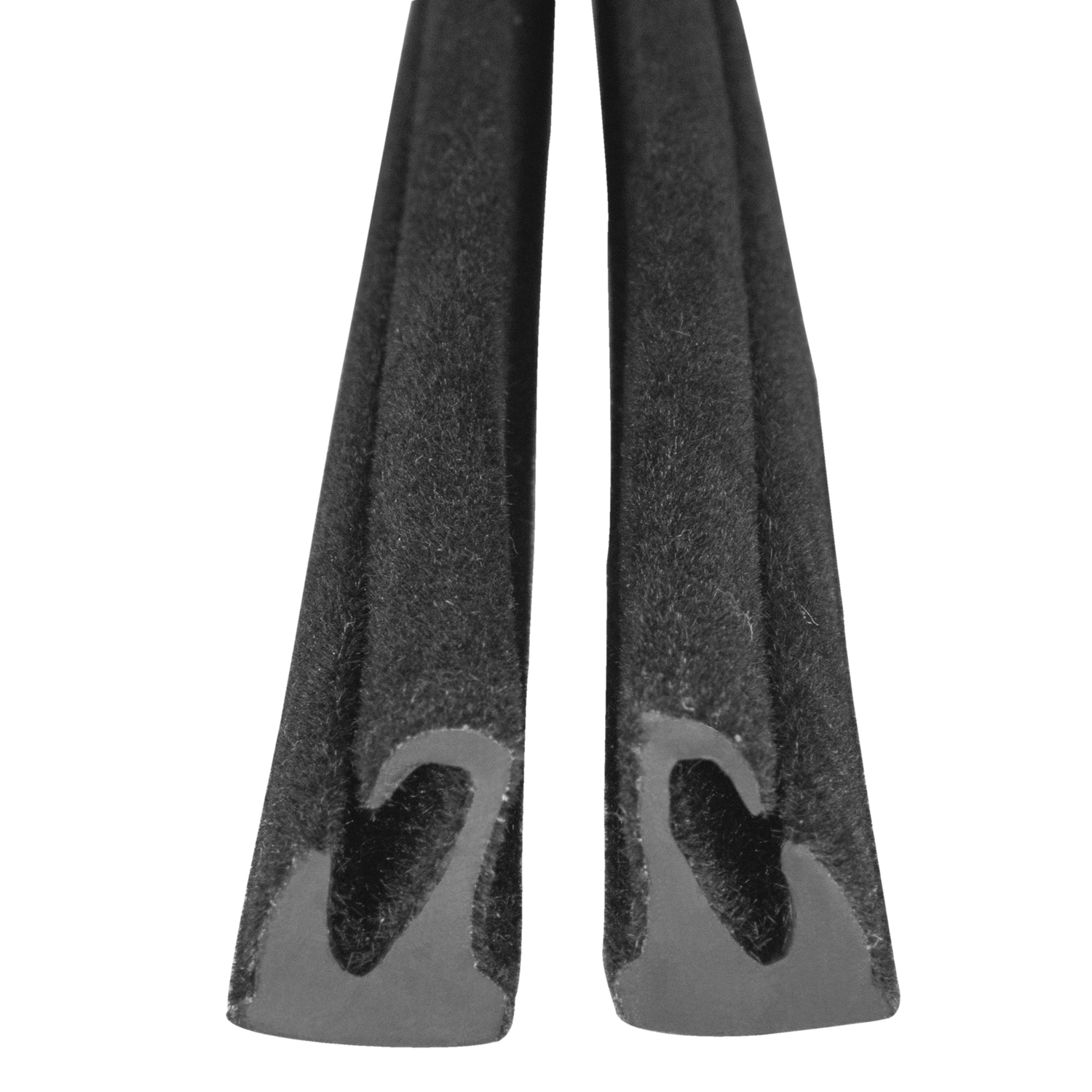 1968 Dodge Coronet Quarter window seals. Rear roll-up, flocked channels-VS 7-E/FLQuarter window seals. Rear roll-up, flocked channels. Fits '64-'66 Dart 270 GT hardtops, '64-'66 Barracuda, '68-'70 Charger and Coronet, '69-'70 Roadrunner and more. for 2-Door Hardtops. Pair. R&L.
1968 Dodge Coronet Quarter window seals. Rear roll-up, flocked channels-VS 7-E/FLQuarter window seals. Rear roll-up, flocked channels. Fits '64-'66 Dart 270 GT hardtops, '64-'66 Barracuda, '68-'70 Charger and Coronet, '69-'70 Roadrunner and more. for 2-Door Hardtops. Pair. R&L.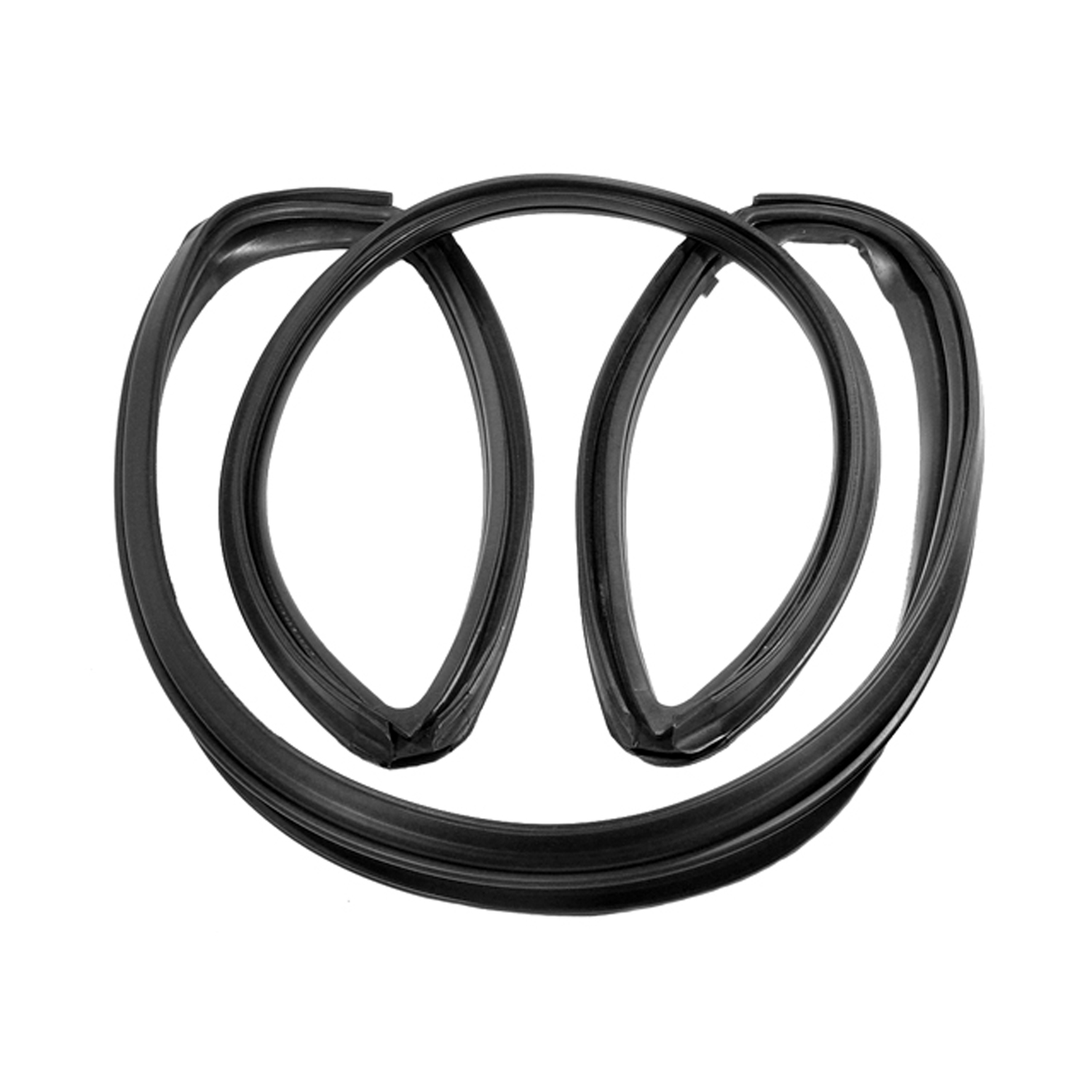 1968 Dodge Coronet Vulcanized Windshield Seal. Fits 2-door sedans and hardtops-VWS 2701Vulcanized Windshield Seal. Fits 2-door sedans and hardtops. Each
1968 Dodge Coronet Vulcanized Windshield Seal. Fits 2-door sedans and hardtops-VWS 2701Vulcanized Windshield Seal. Fits 2-door sedans and hardtops. Each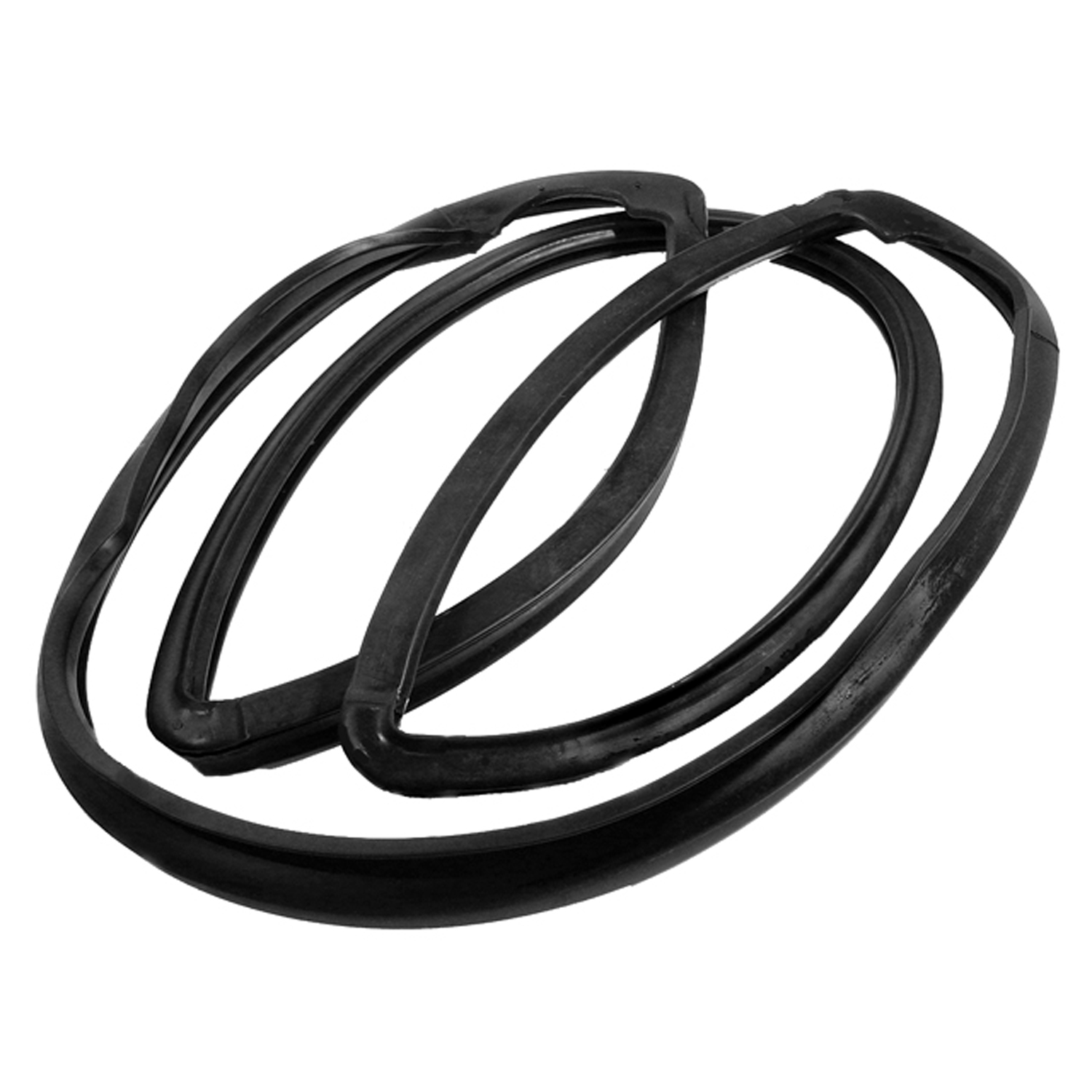 1968 Dodge Coronet Vulcanized Windshield Seal, for Convertibles. Each-VWS 2704Vulcanized Windshield Seal, for Convertibles. Each
1968 Dodge Coronet Vulcanized Windshield Seal, for Convertibles. Each-VWS 2704Vulcanized Windshield Seal, for Convertibles. Each 1968 Dodge Coronet Door Weather Strip to Inside Panel Clip-WF 7-DDoor Weather Strip to Inside Panel Clip. Made of white nylon, 3/8" long. Each
1968 Dodge Coronet Door Weather Strip to Inside Panel Clip-WF 7-DDoor Weather Strip to Inside Panel Clip. Made of white nylon, 3/8" long. Each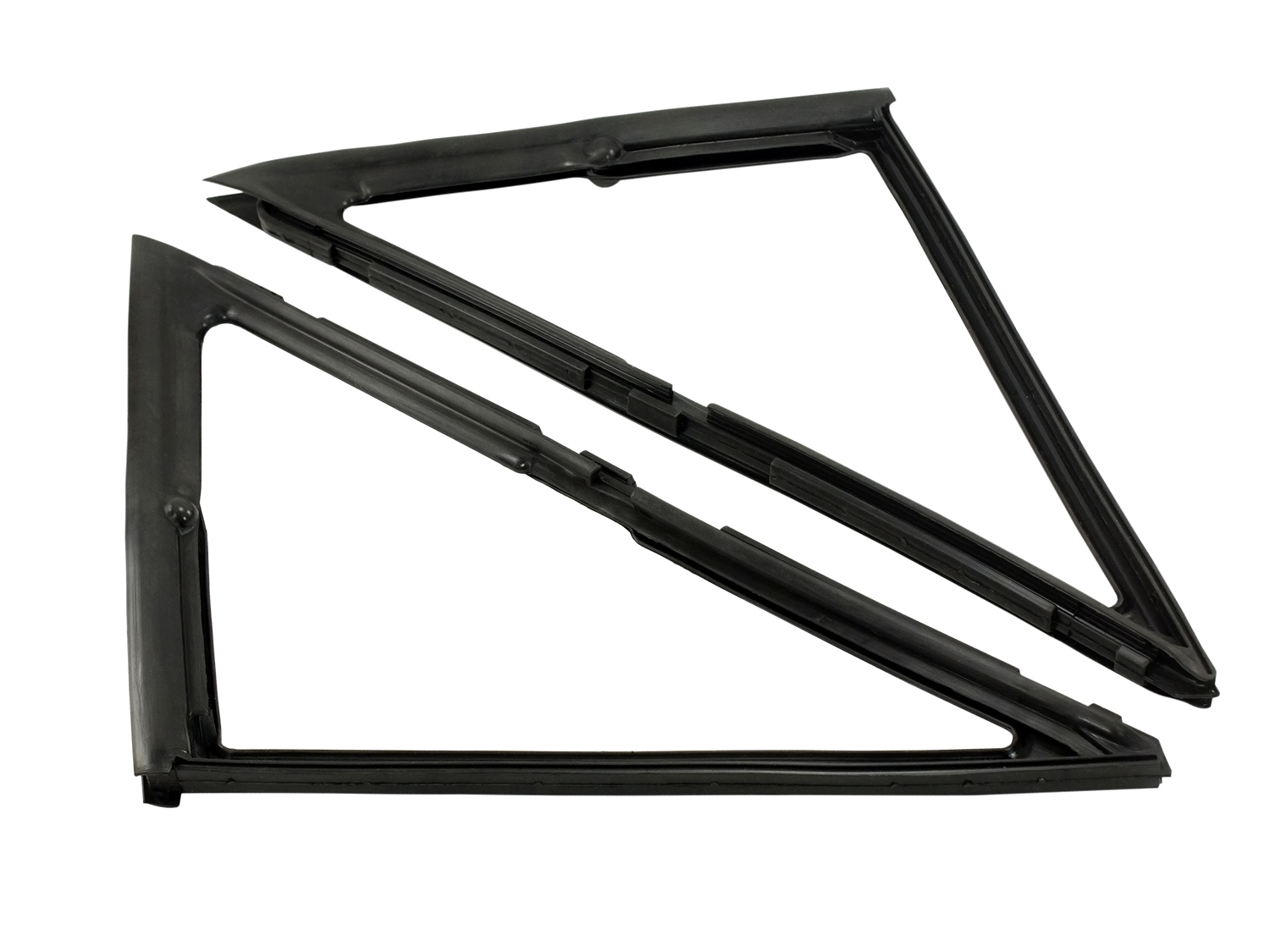 1968 Dodge Coronet REISSUE. Vent window seals-WR 2306REISSUE. Vent window seals. Completely re-designed and re-tooled 2013 molds for improved looks, fit and function. Fits '66-'67 Mopar B-body 2-door hardtop and '66-'70 B-body convertible. Replaces OEM#'s 2570786 & 2570787. Pair. R&L.
1968 Dodge Coronet REISSUE. Vent window seals-WR 2306REISSUE. Vent window seals. Completely re-designed and re-tooled 2013 molds for improved looks, fit and function. Fits '66-'67 Mopar B-body 2-door hardtop and '66-'70 B-body convertible. Replaces OEM#'s 2570786 & 2570787. Pair. R&L.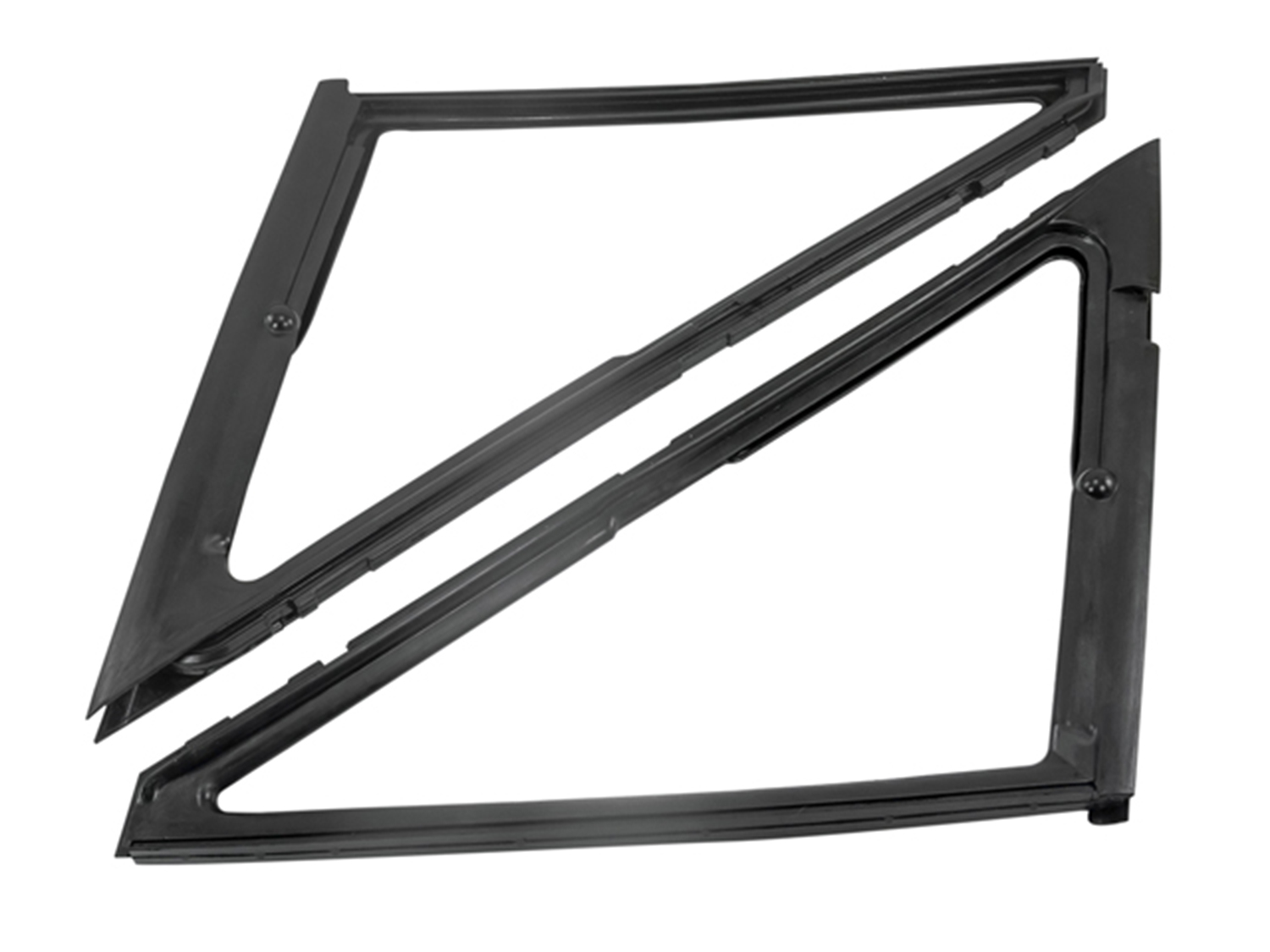 1968 Dodge Coronet Vent window seals-WR 2308Vent window seals. '68-'70 Dodge-Plymouth B-body 2-door hardtop and coupes with pillar-post and swing-out quarter-windows. Completely retooled for improved fit and function. Replaces OEM#'s 2811306/07. Pair. R&L.
1968 Dodge Coronet Vent window seals-WR 2308Vent window seals. '68-'70 Dodge-Plymouth B-body 2-door hardtop and coupes with pillar-post and swing-out quarter-windows. Completely retooled for improved fit and function. Replaces OEM#'s 2811306/07. Pair. R&L.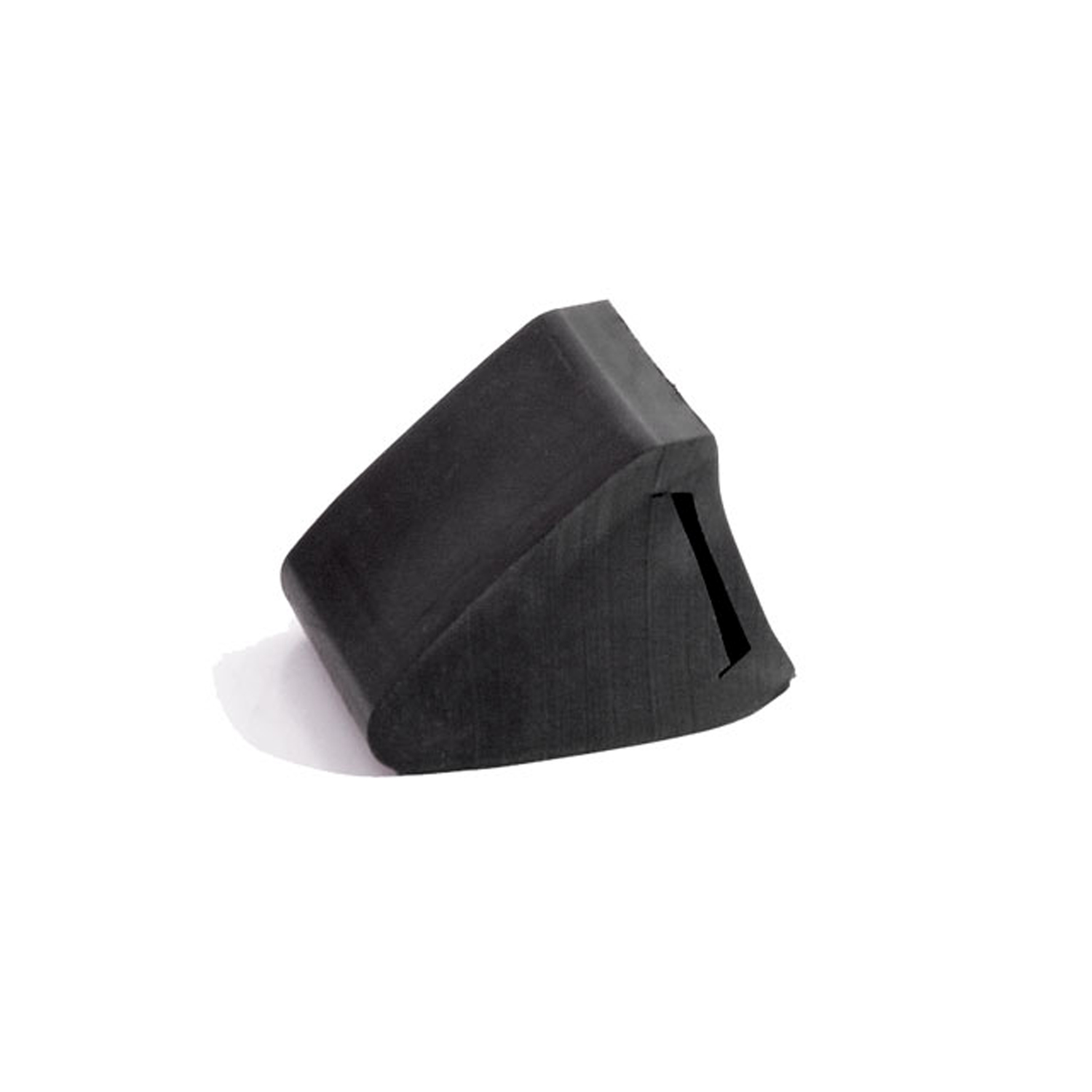 1968 Dodge Coronet Suspension bumper. '62-up Mopar A-, B- and C-body-XB 1Suspension bumper. '62-up Mopar A-, B- and C-body. Fits over the rear axle. Each.
1968 Dodge Coronet Suspension bumper. '62-up Mopar A-, B- and C-body-XB 1Suspension bumper. '62-up Mopar A-, B- and C-body. Fits over the rear axle. Each.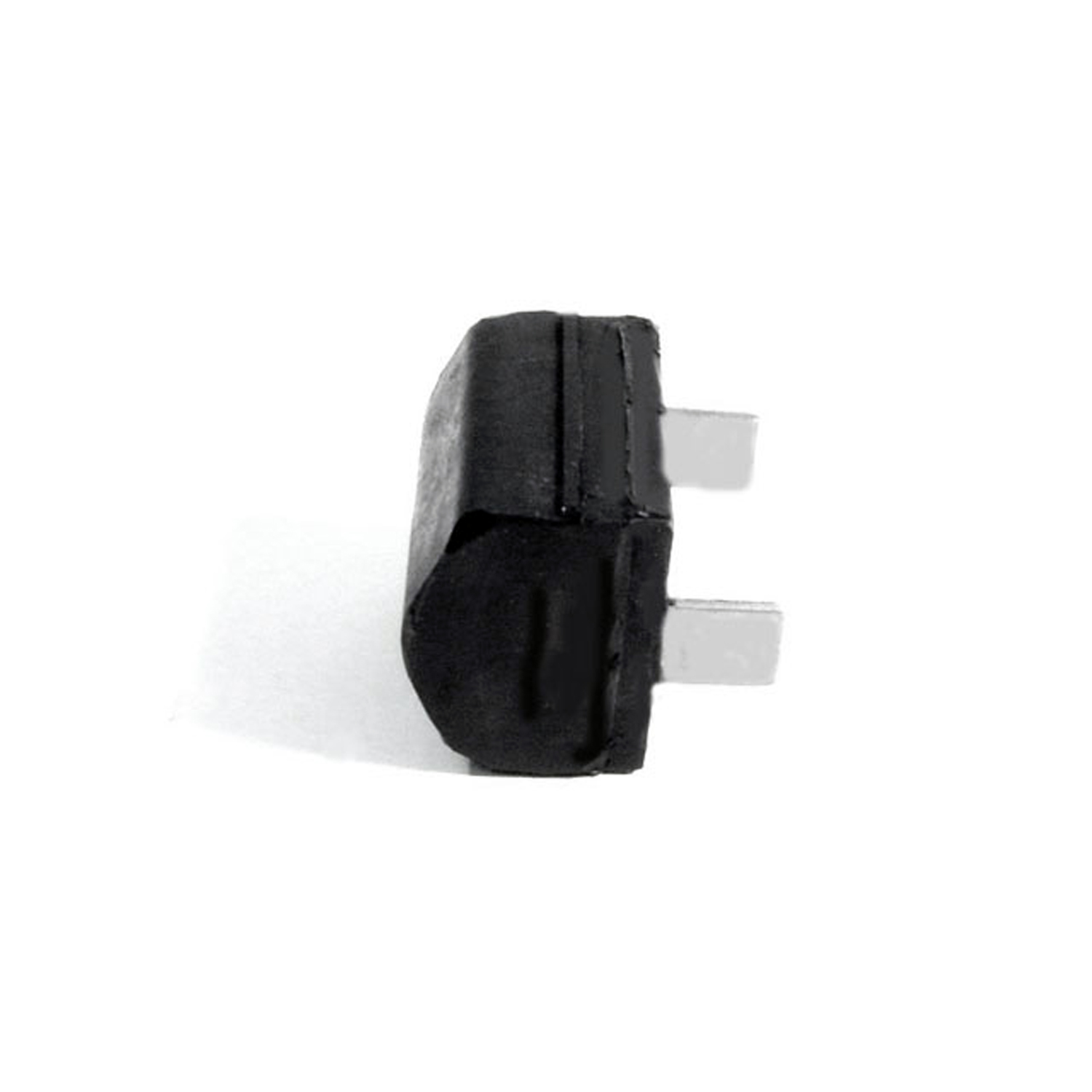 1968 Dodge Coronet Rear Axle Pinion Snubber. Each-XB 80Rear Axle Pinion Snubber. Each
1968 Dodge Coronet Rear Axle Pinion Snubber. Each-XB 80Rear Axle Pinion Snubber. Each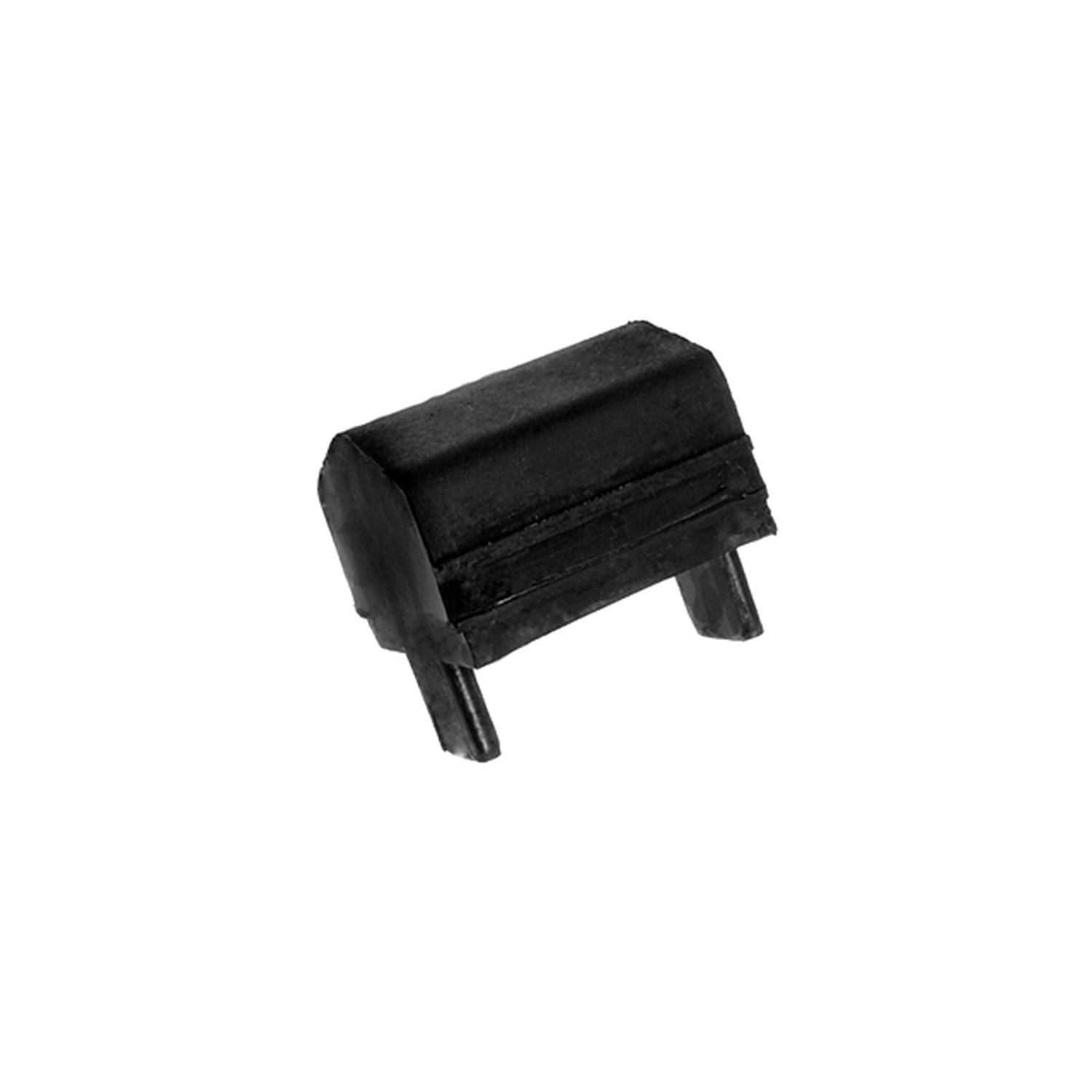 1968 Dodge Coronet Rear Axle Pinion Snubber. Each-XB 80-ARear Axle Pinion Snubber. Each
1968 Dodge Coronet Rear Axle Pinion Snubber. Each-XB 80-ARear Axle Pinion Snubber. EachWhy Choose Metro?
For over 100 years, Metro Moulded Parts has been the pinnacle of quality in classic car restoration parts. Our commitment to precision and authenticity in every component ensures a perfect fit and an OEM-level appearance.
- Expert Craftsmanship & Quality: Each part is a testament to our dedication to reliability and perfection, crafted from original designs and thoroughly tested.
- Advanced Technology: We use cutting-edge techniques to create flawless, long-lasting parts that surpass others in performance.
- SuperSoft Sponge – The Ultimate Door Seal: Not only are our door seals 30% softer than competitors', but they're also guaranteed to never leak. They effectively reduce wind and road noise, enhancing your classic car's comfort and driving experience.
- Proudly American: Our parts are a product of American craftsmanship, made in the USA with a spirit of excellence and heritage.
- Unrivaled Warranty: We back our products with a 30-year industry-leading warranty, a testament to our confidence in their quality.
Join us in preserving the legacy of classic cars with parts that are crafted for perfection, not just made.

